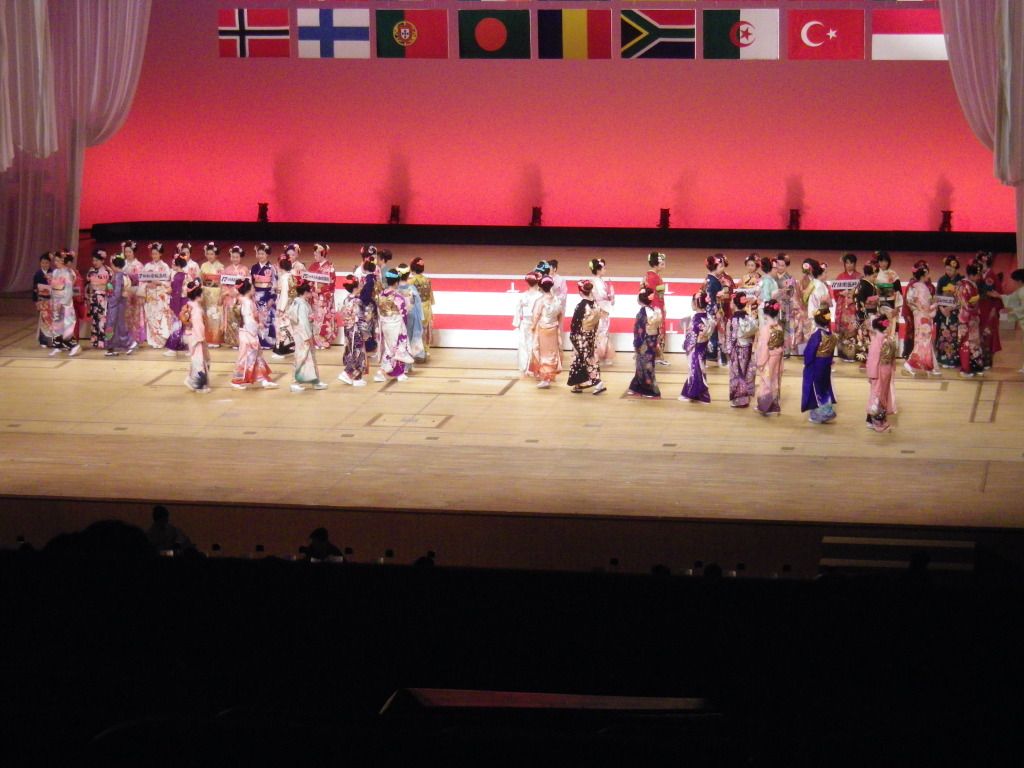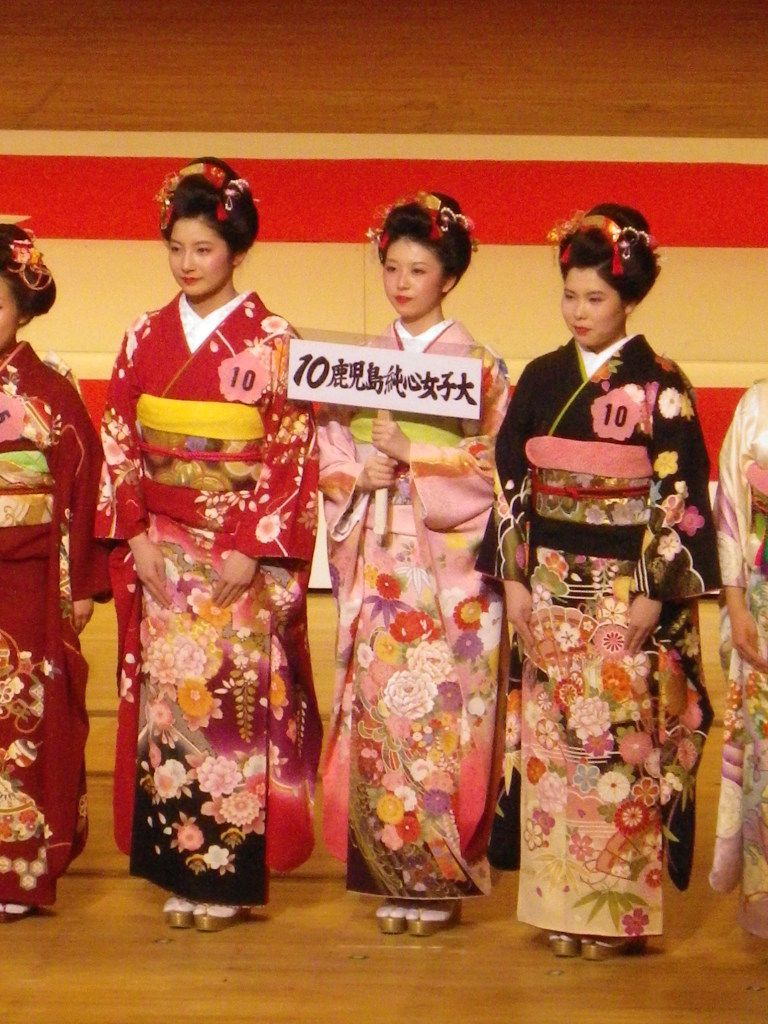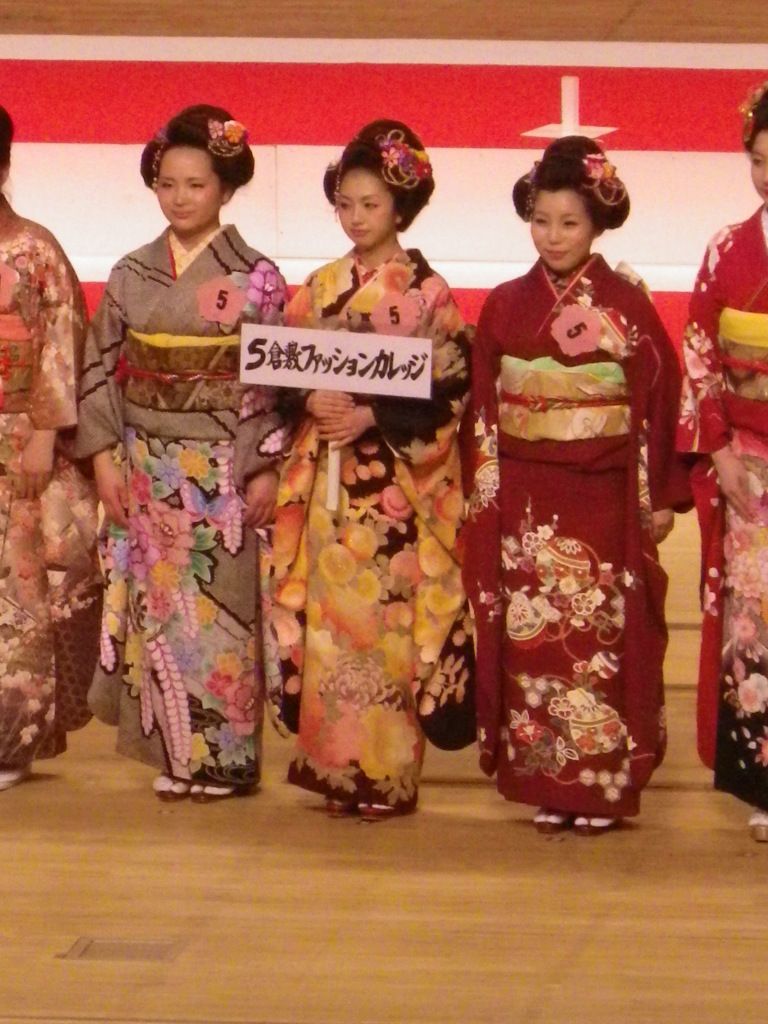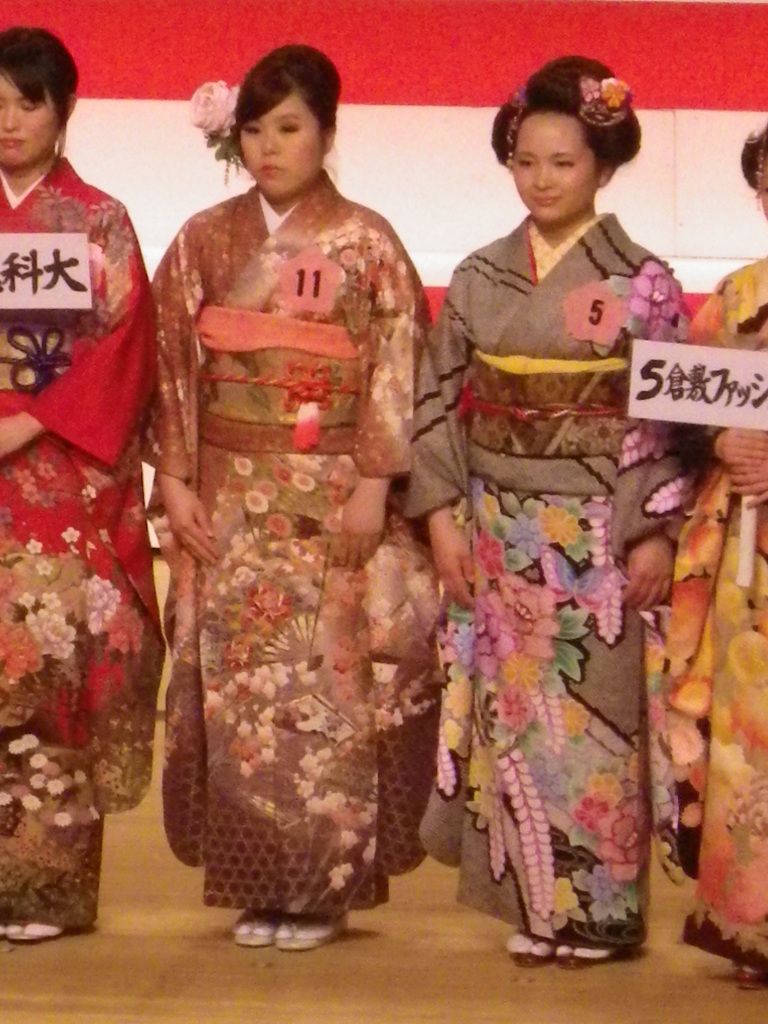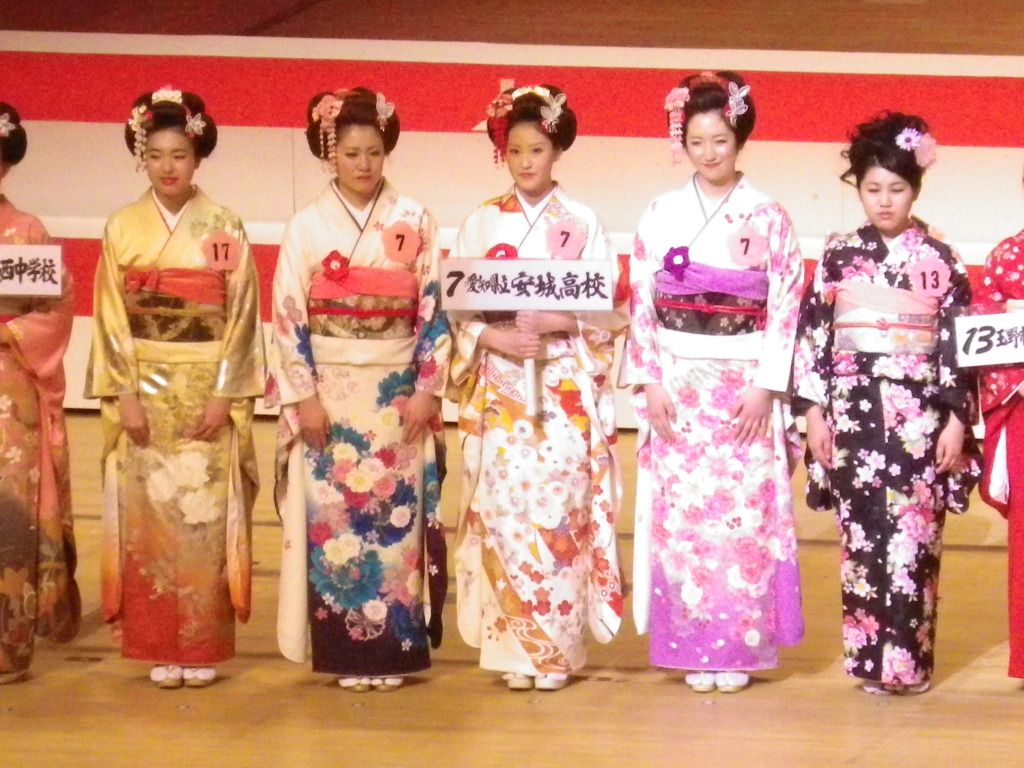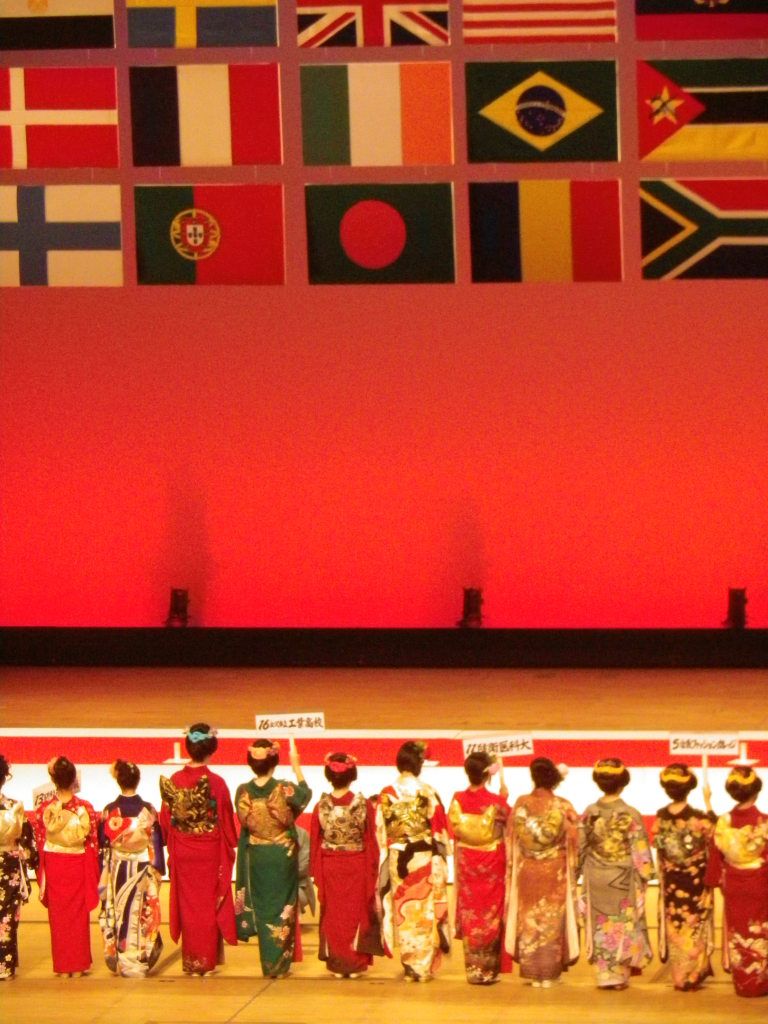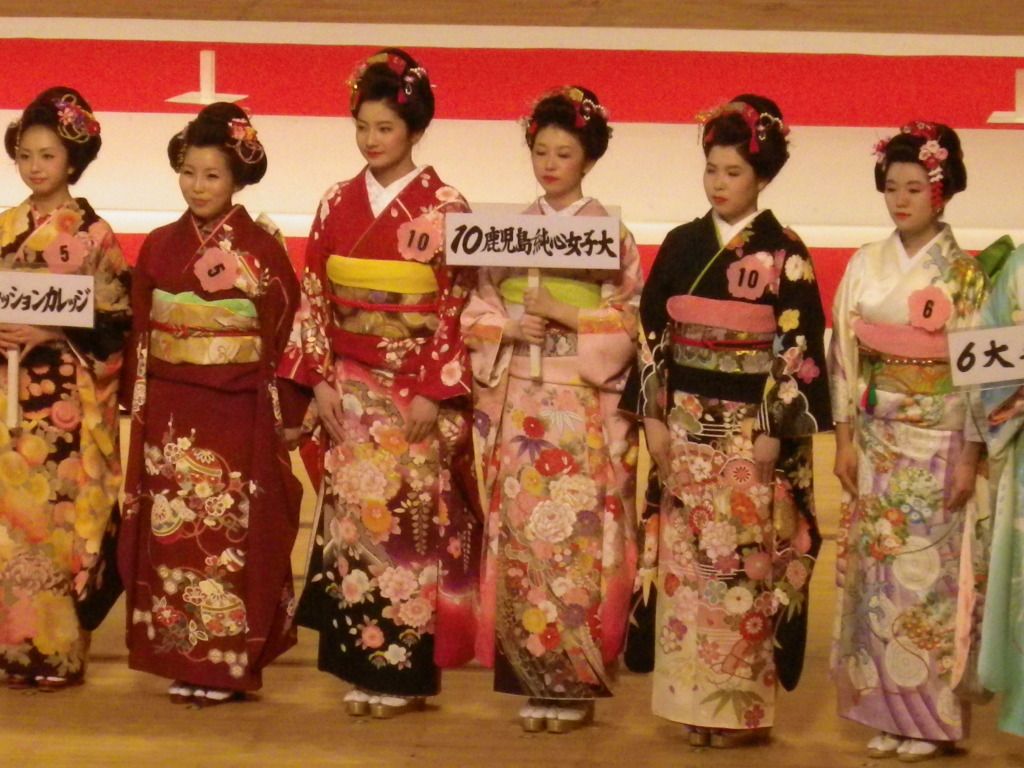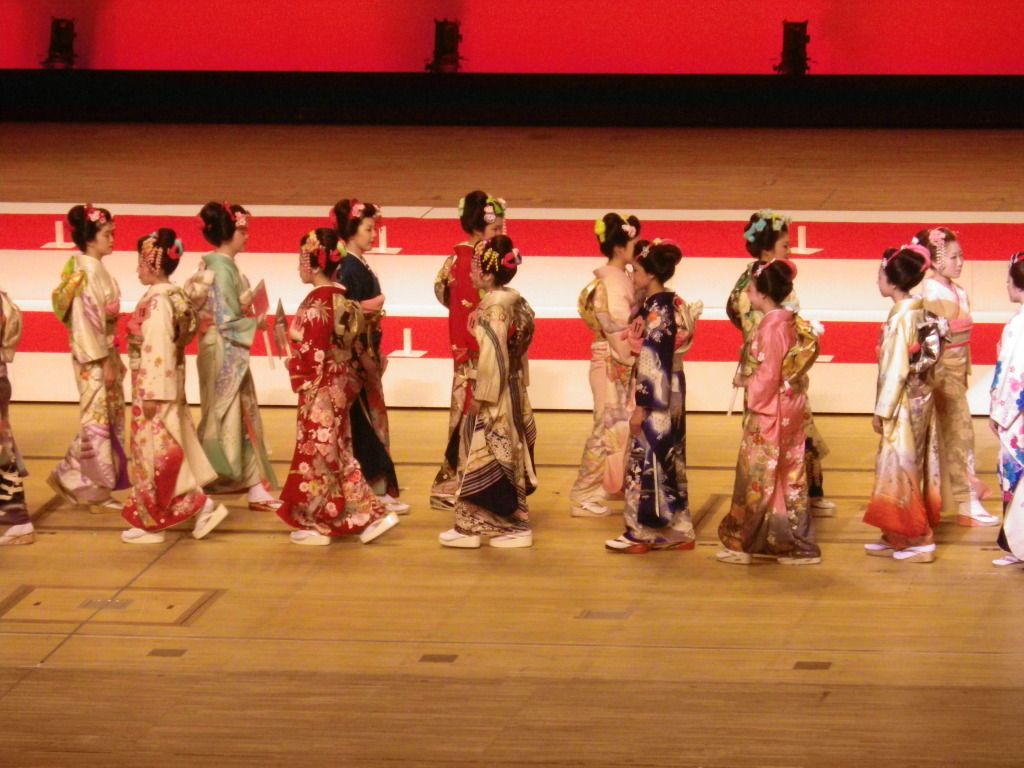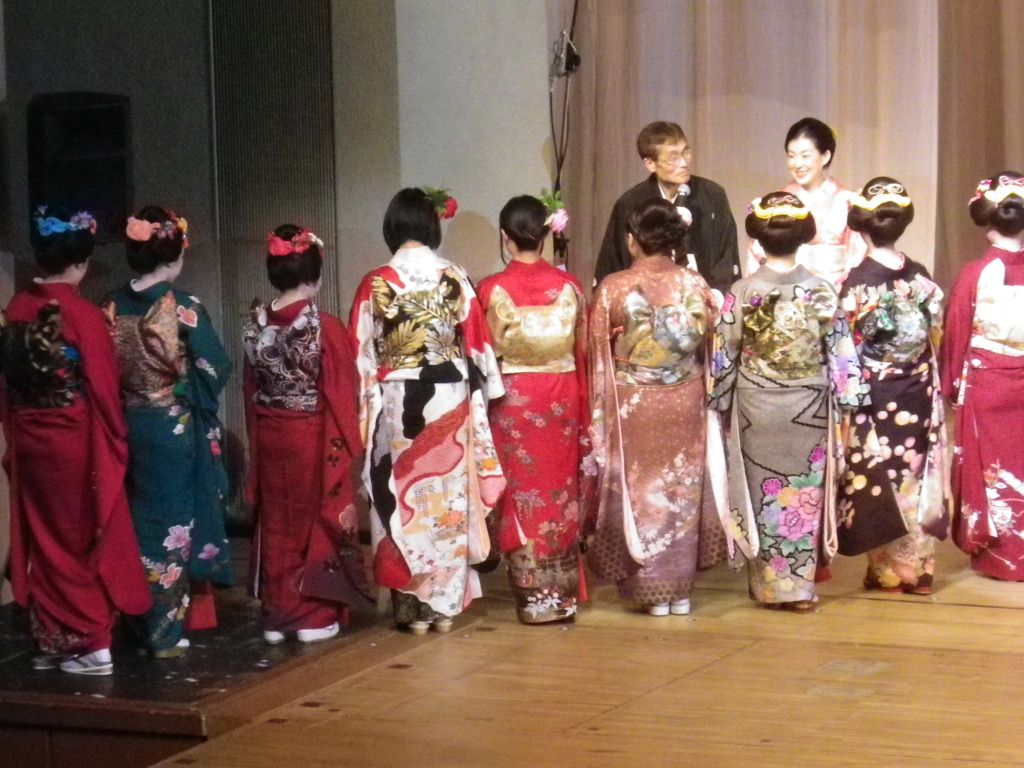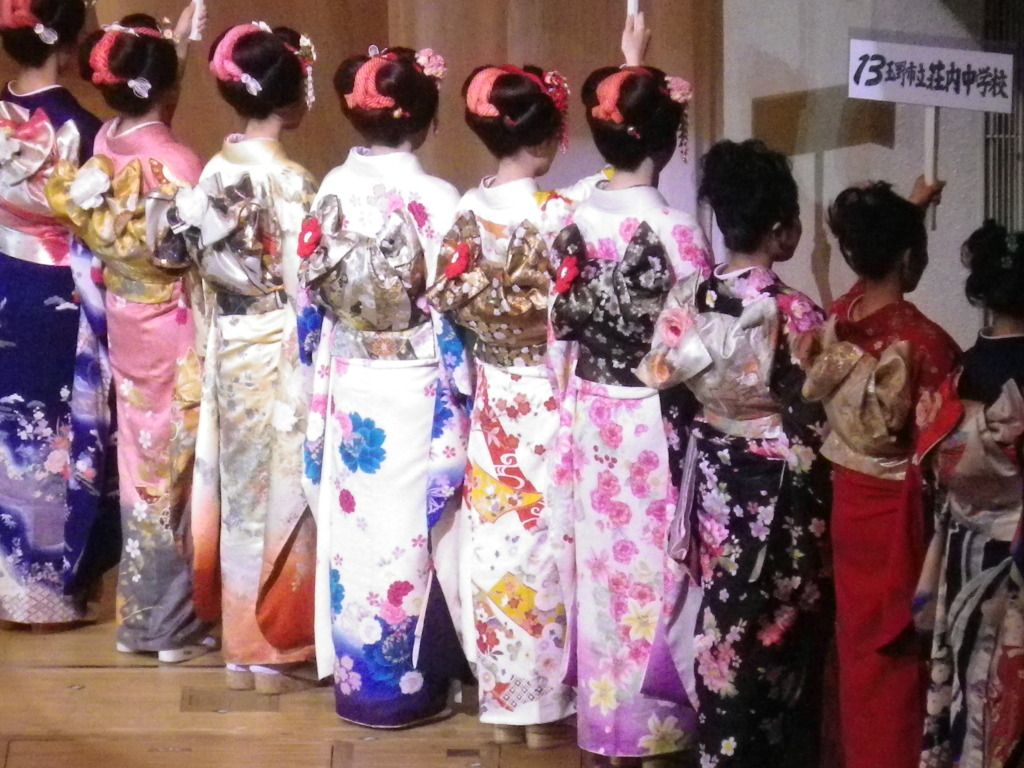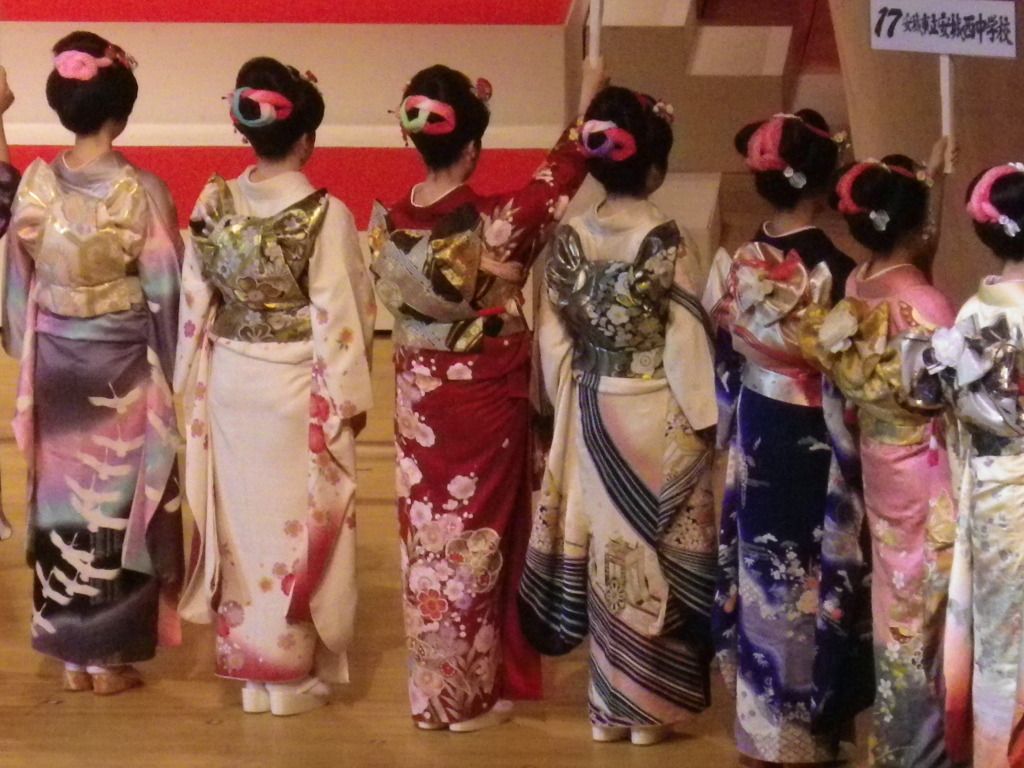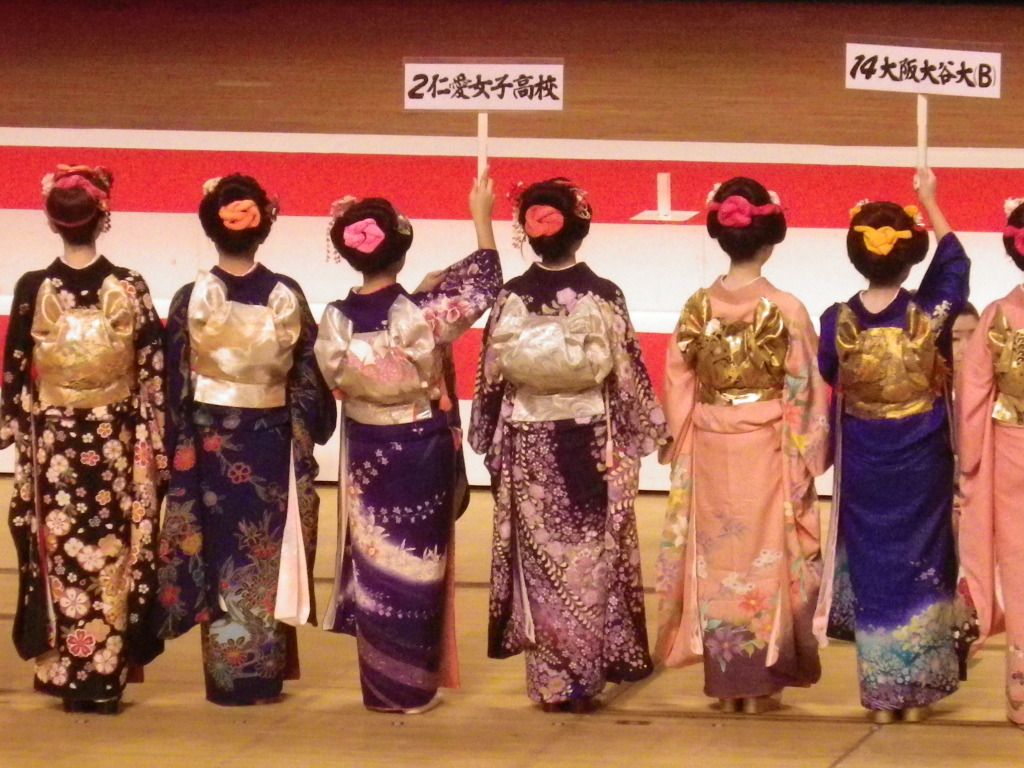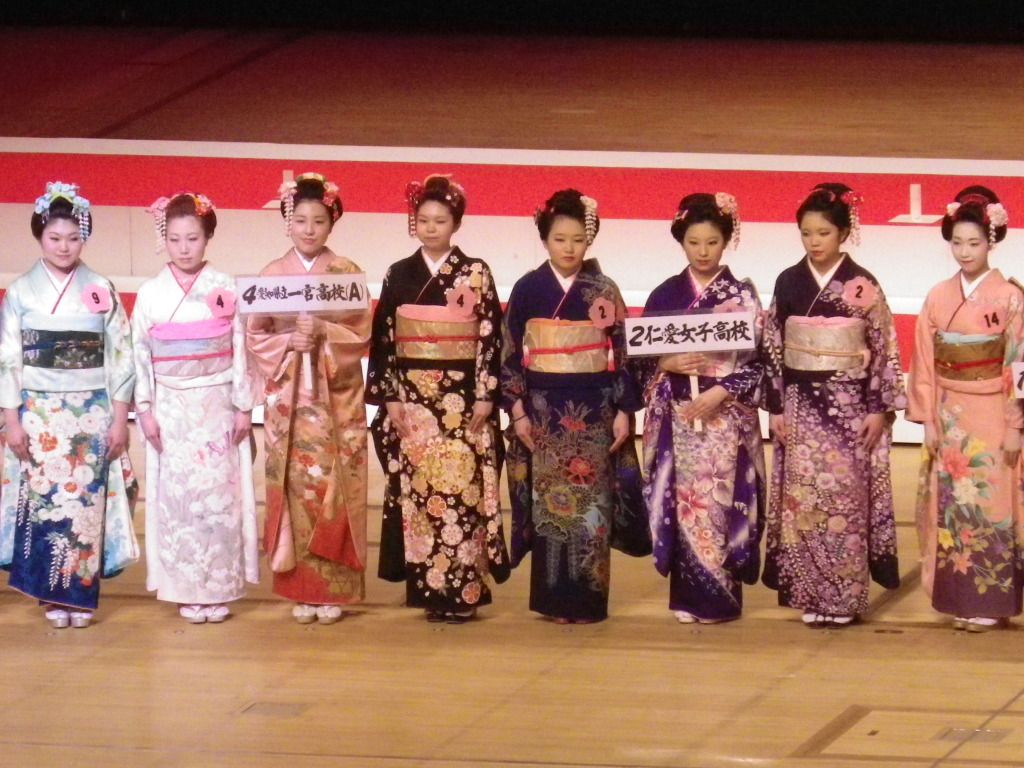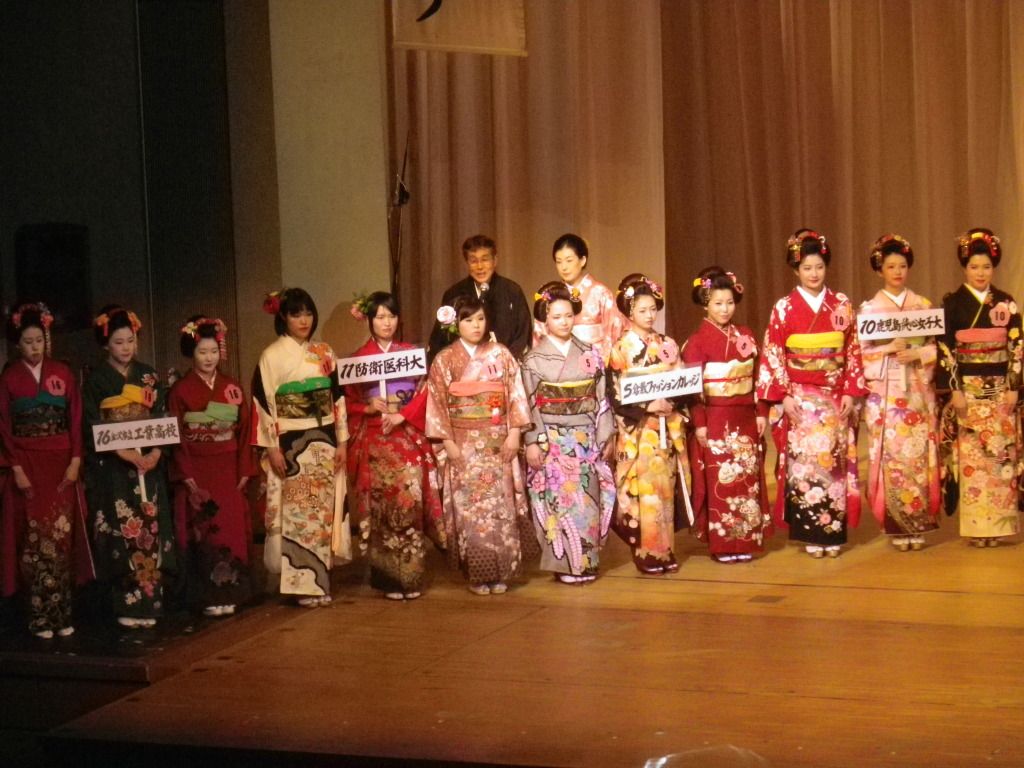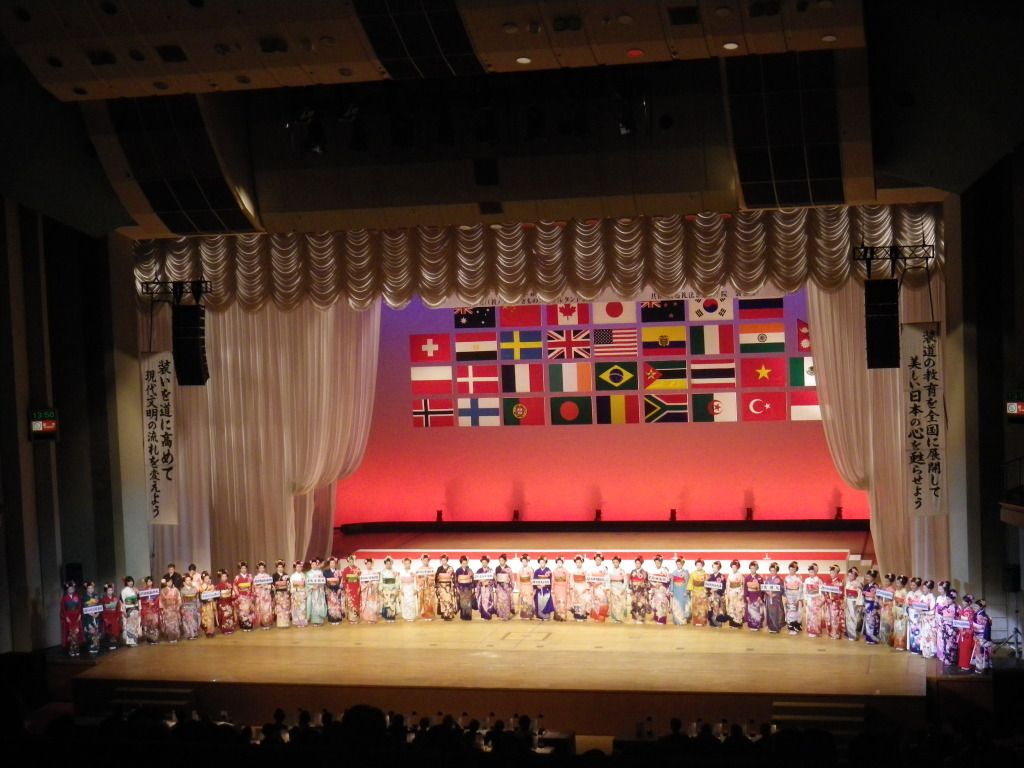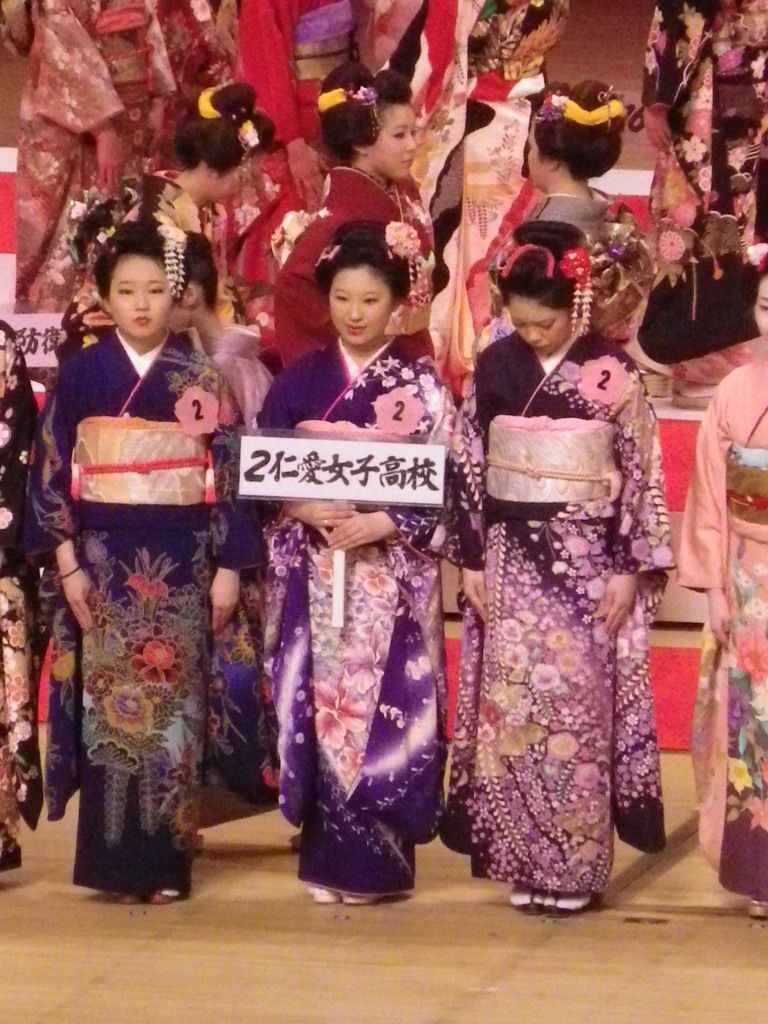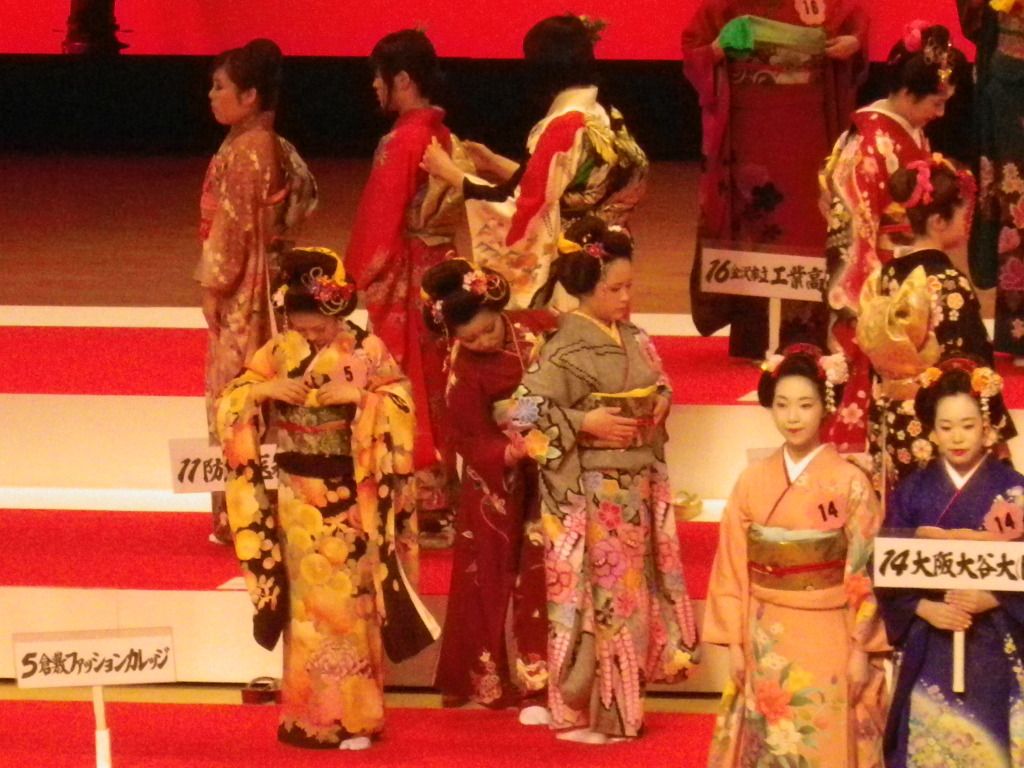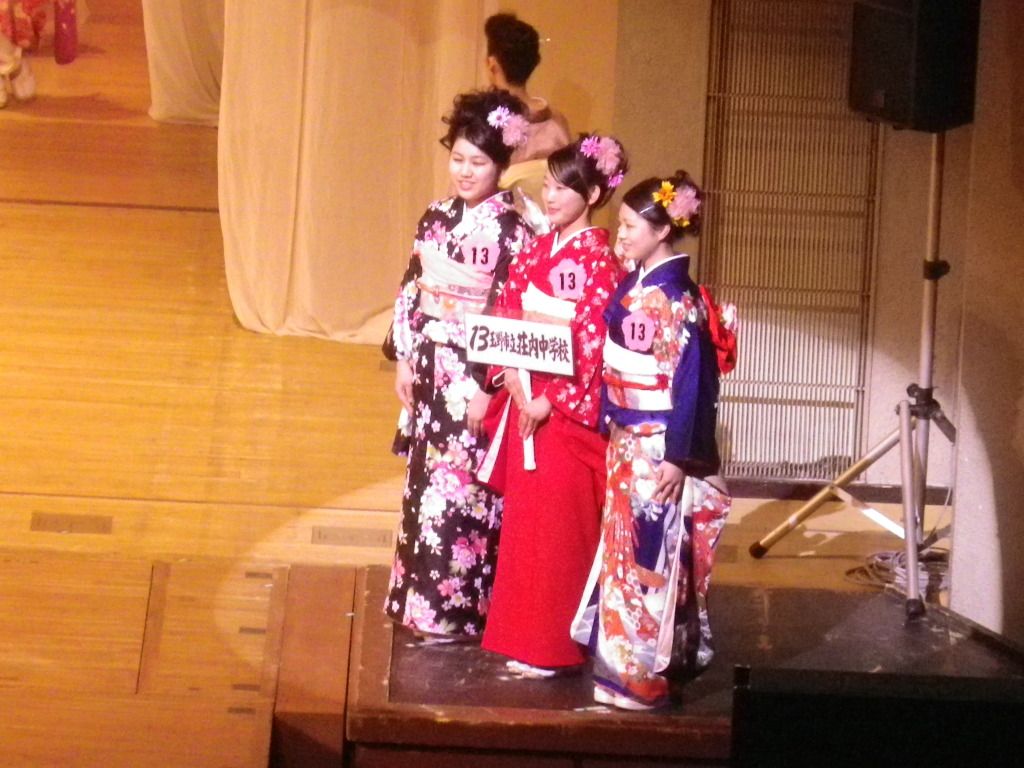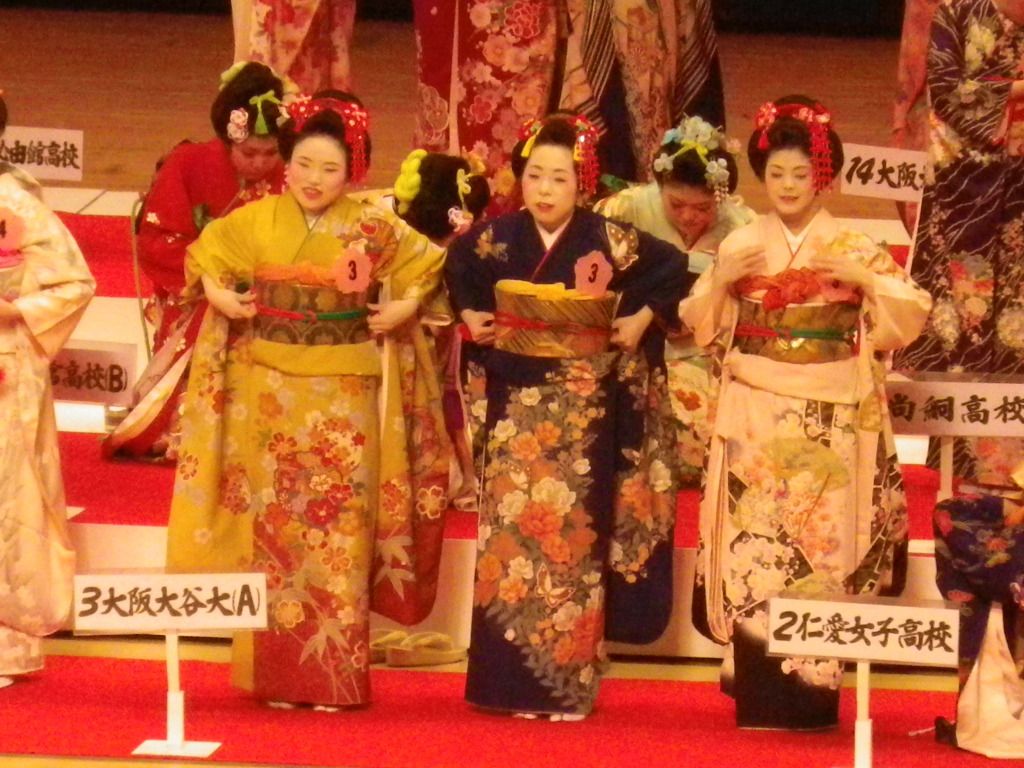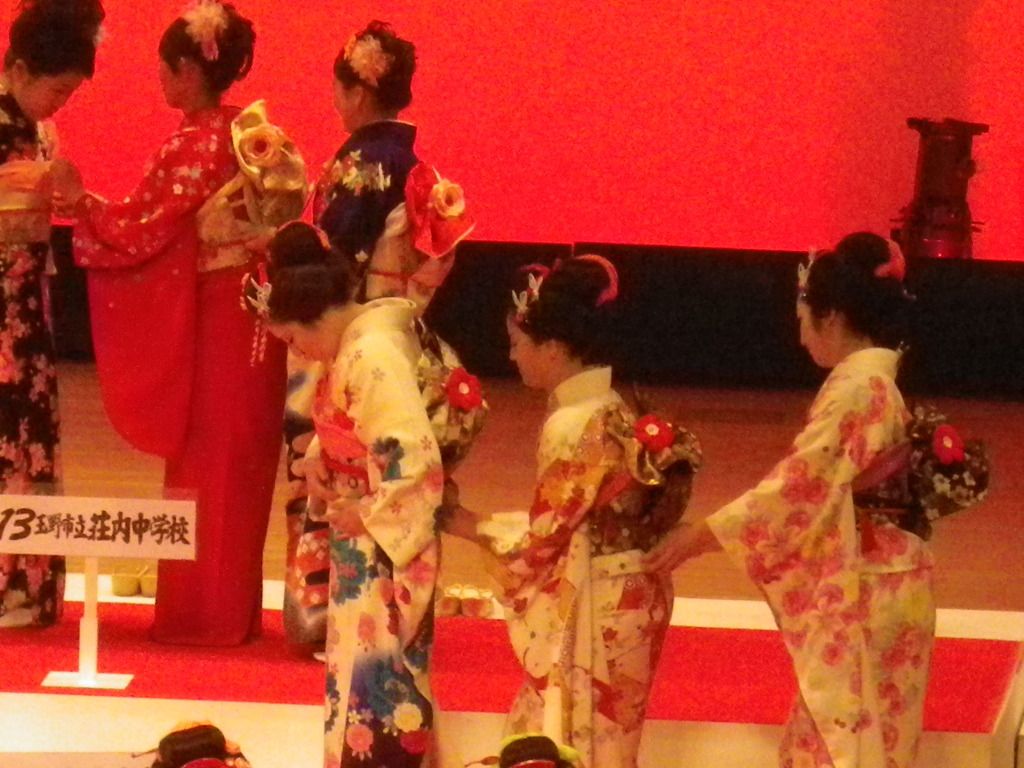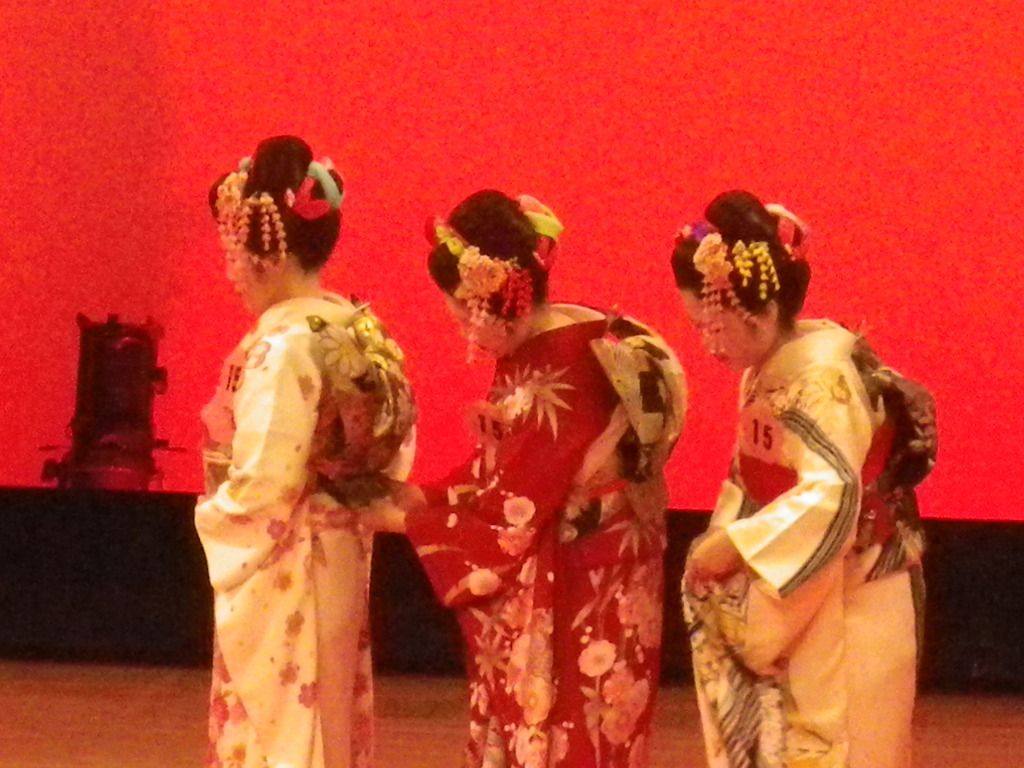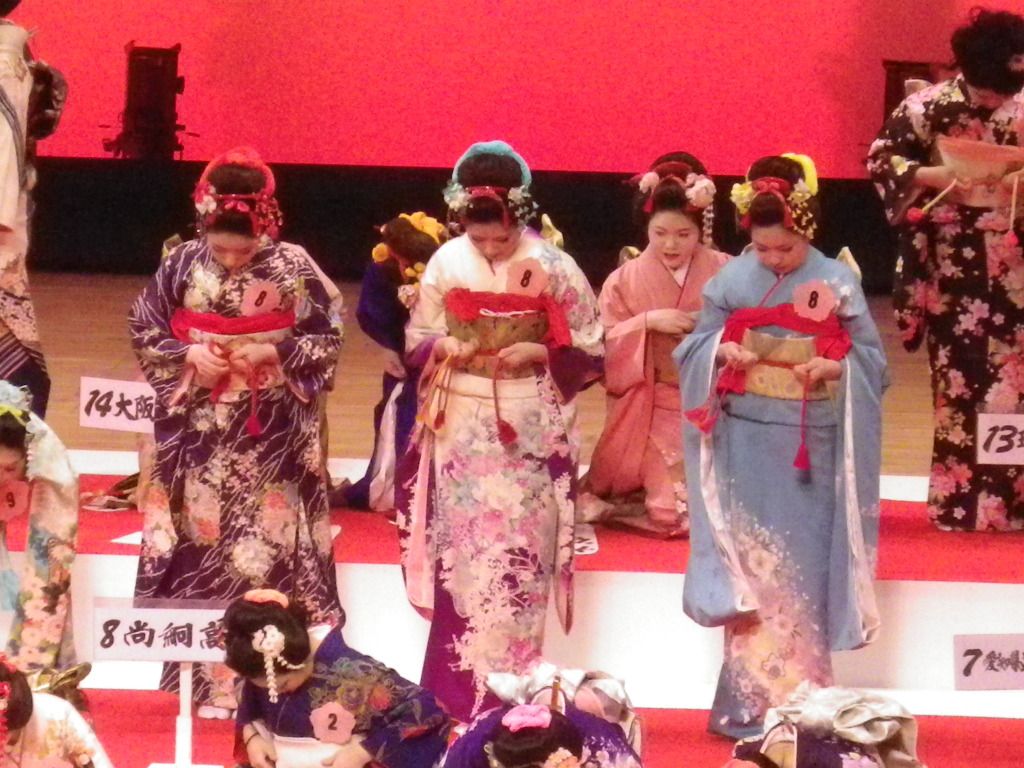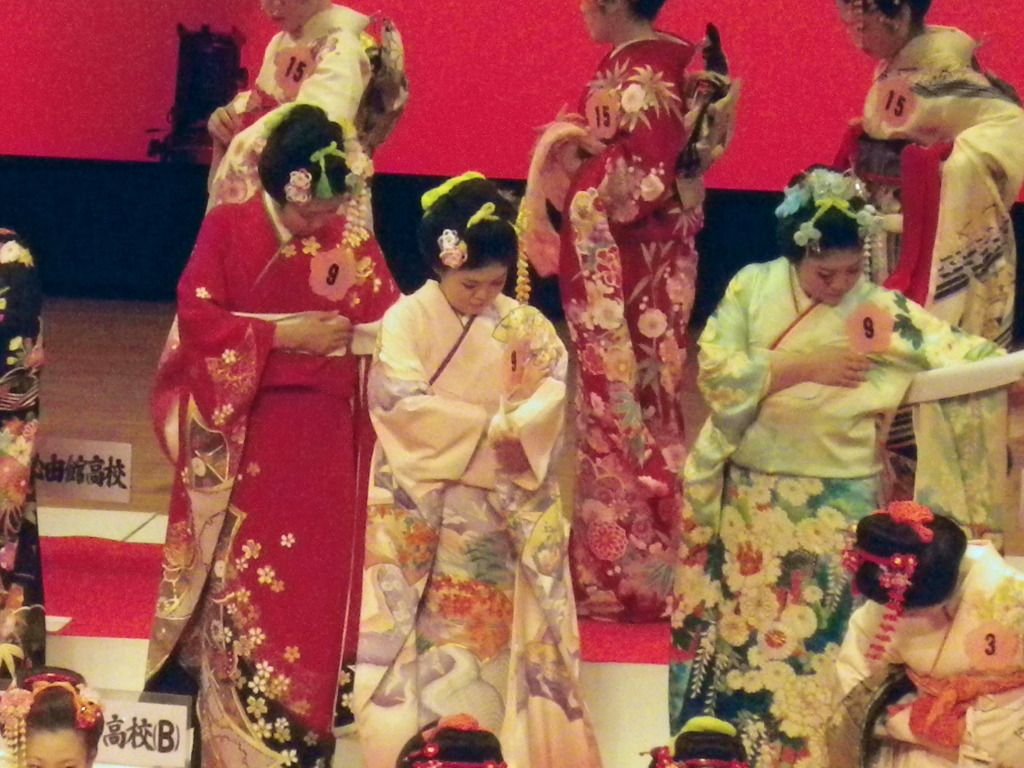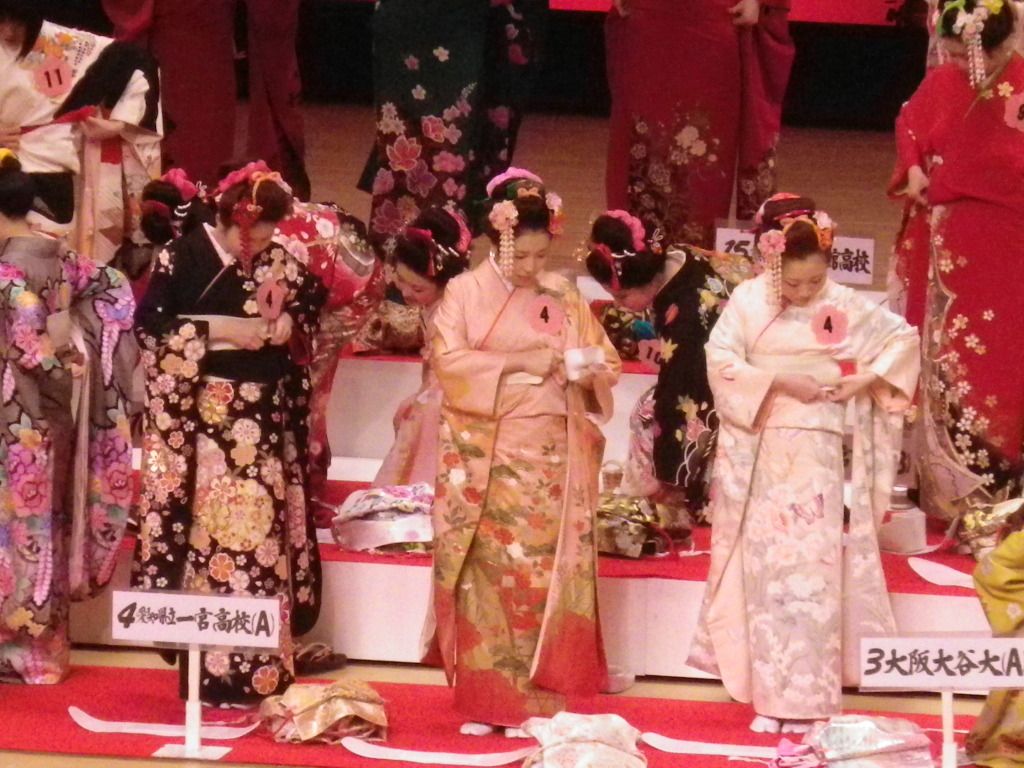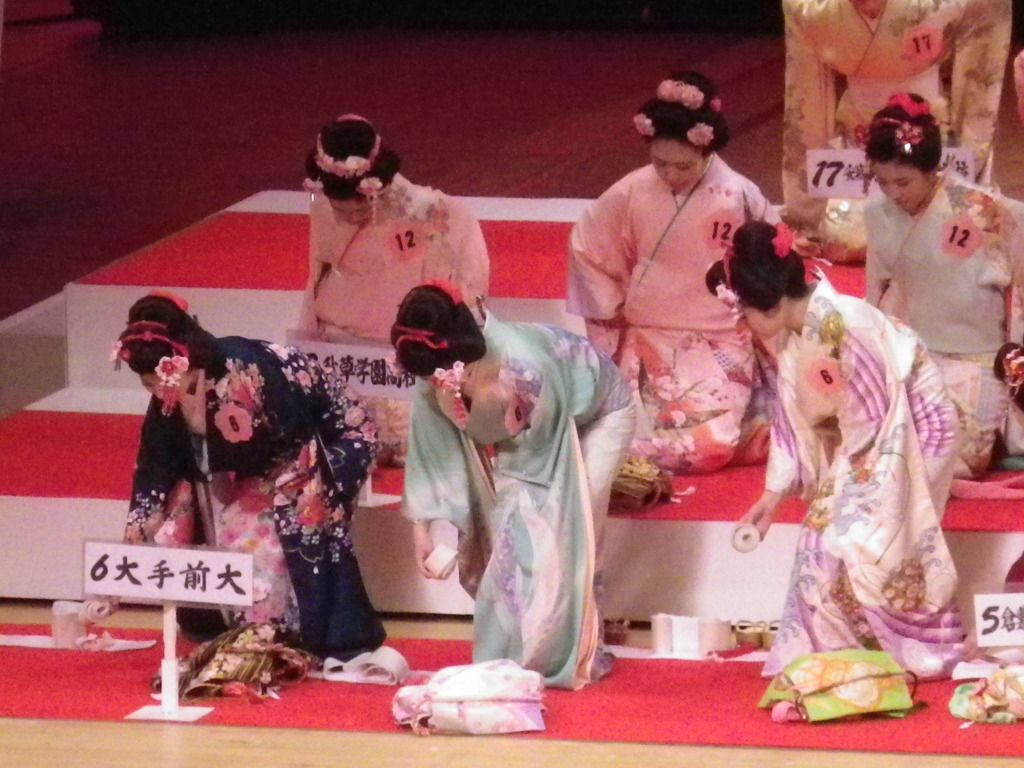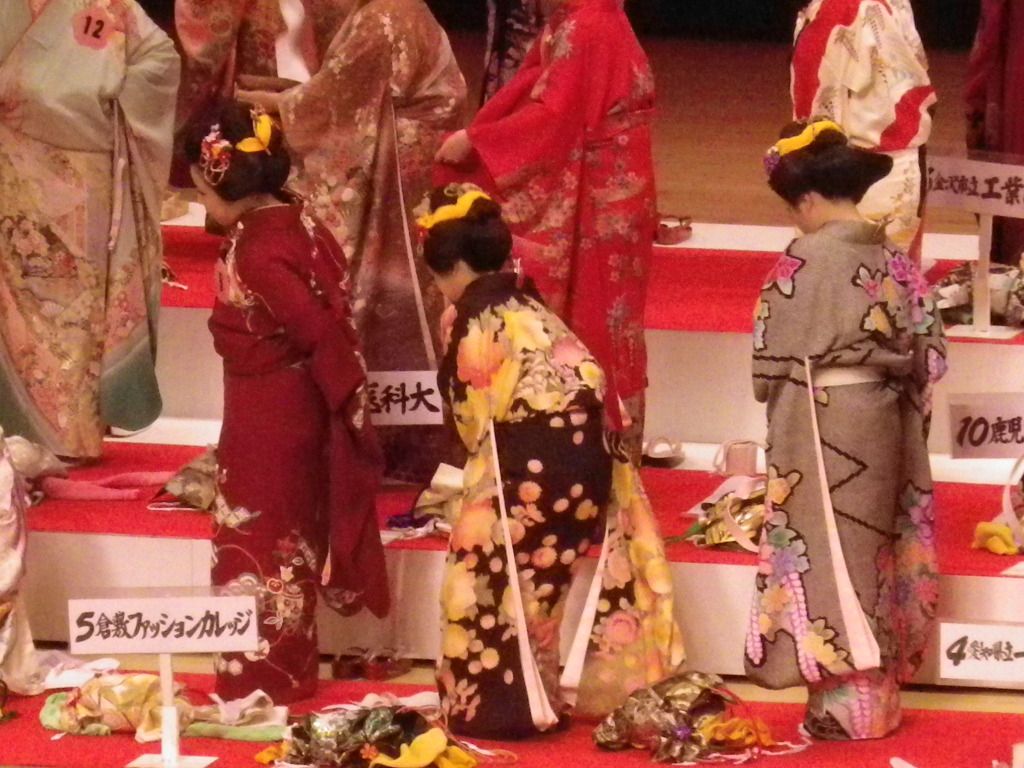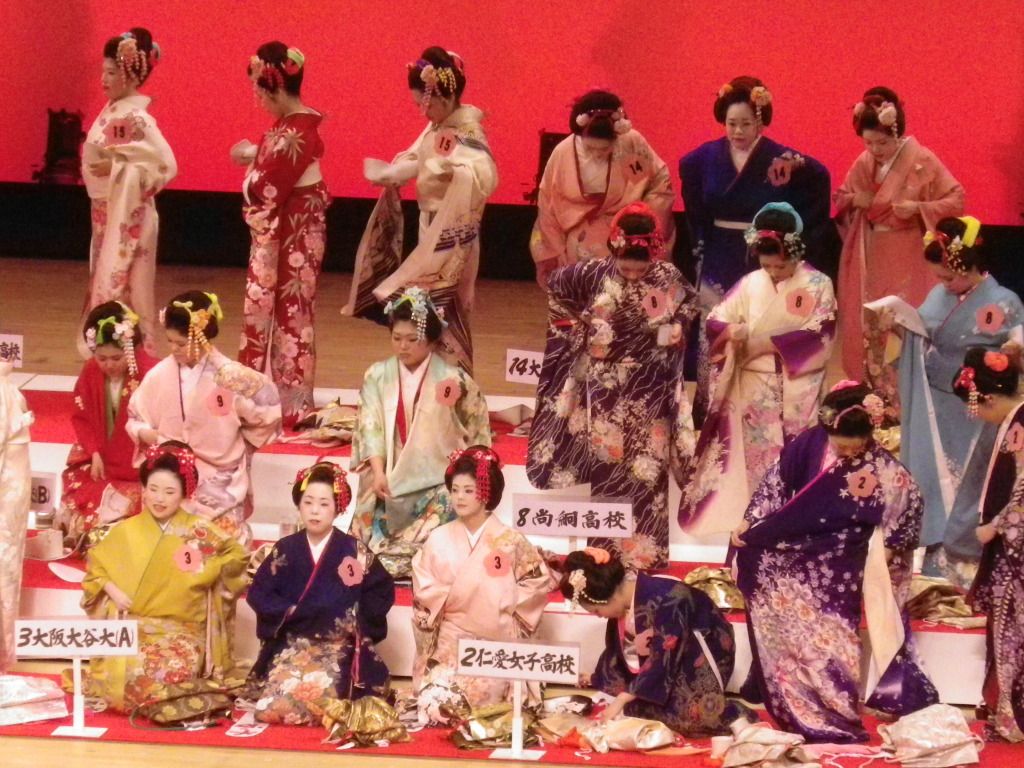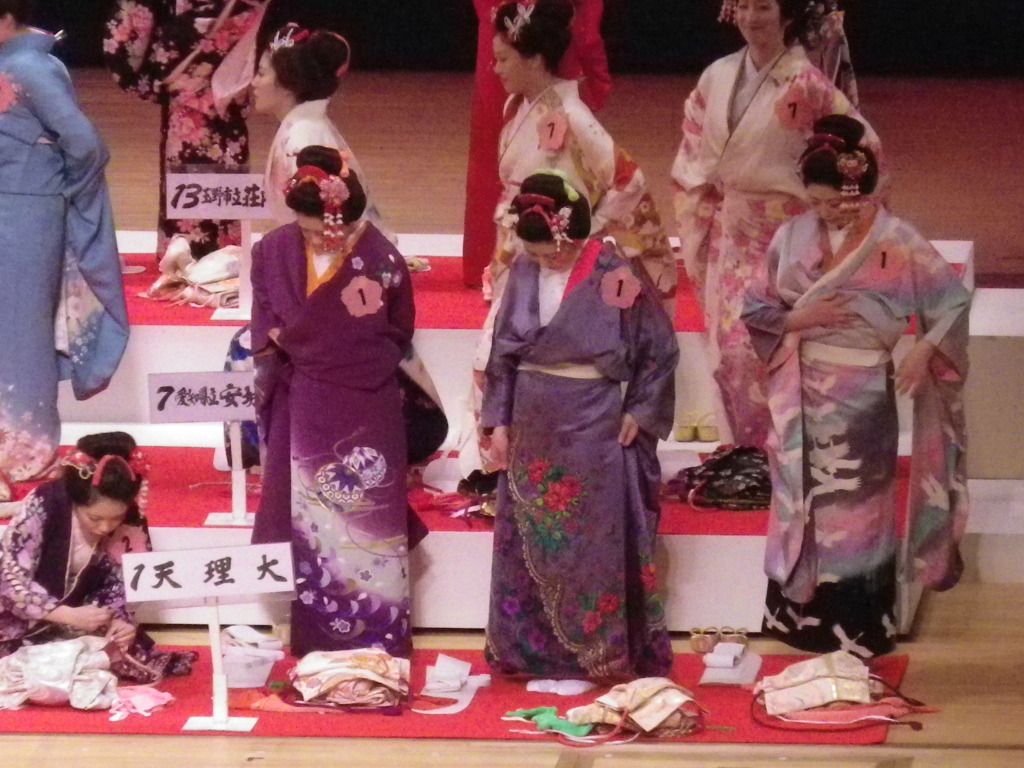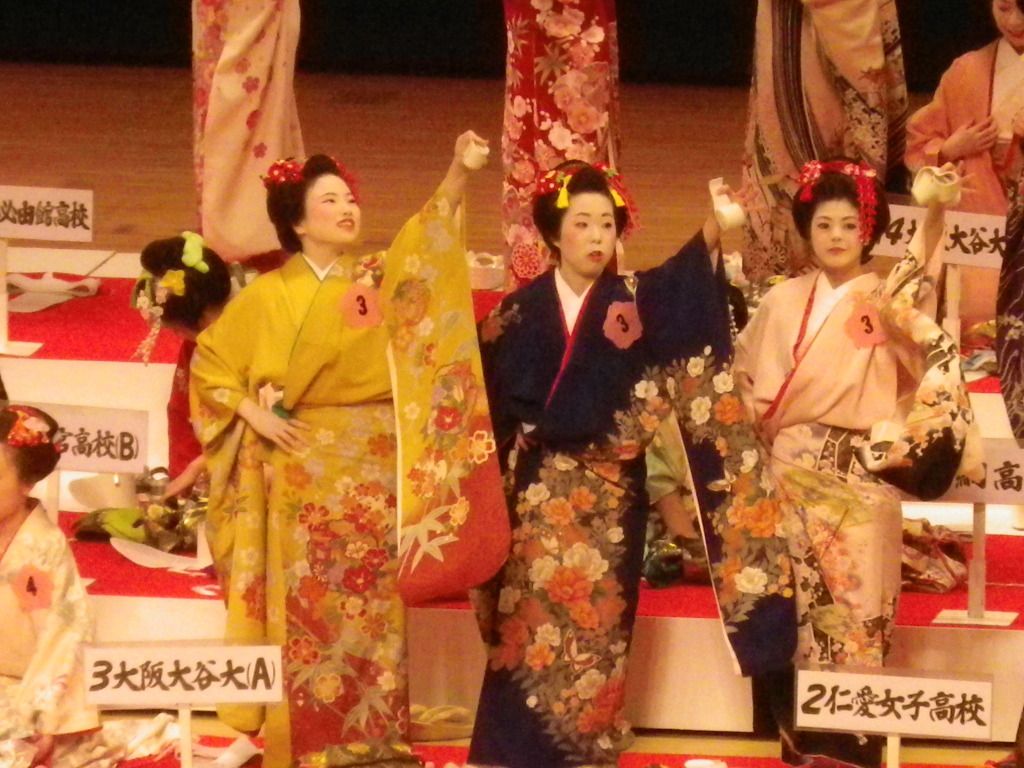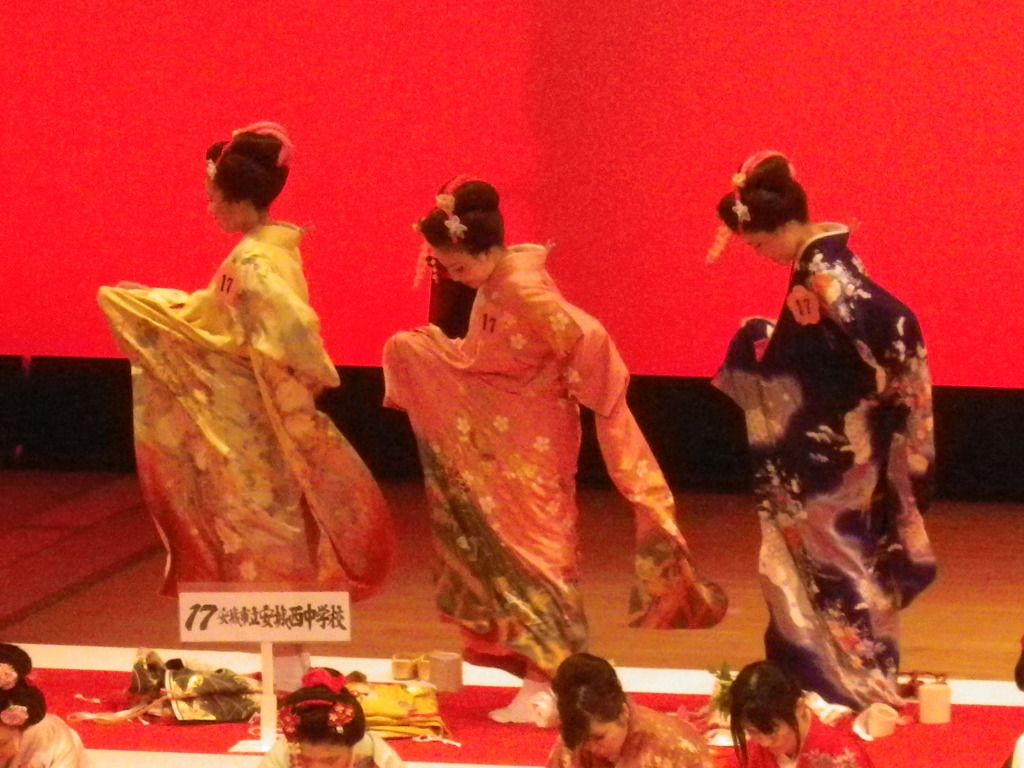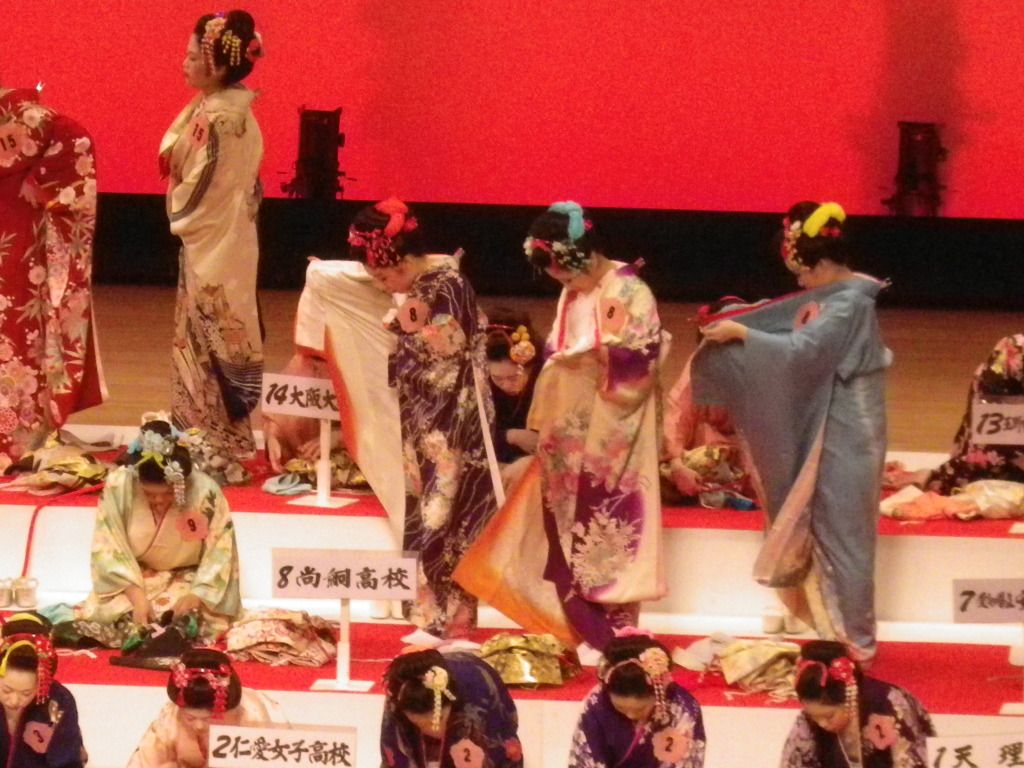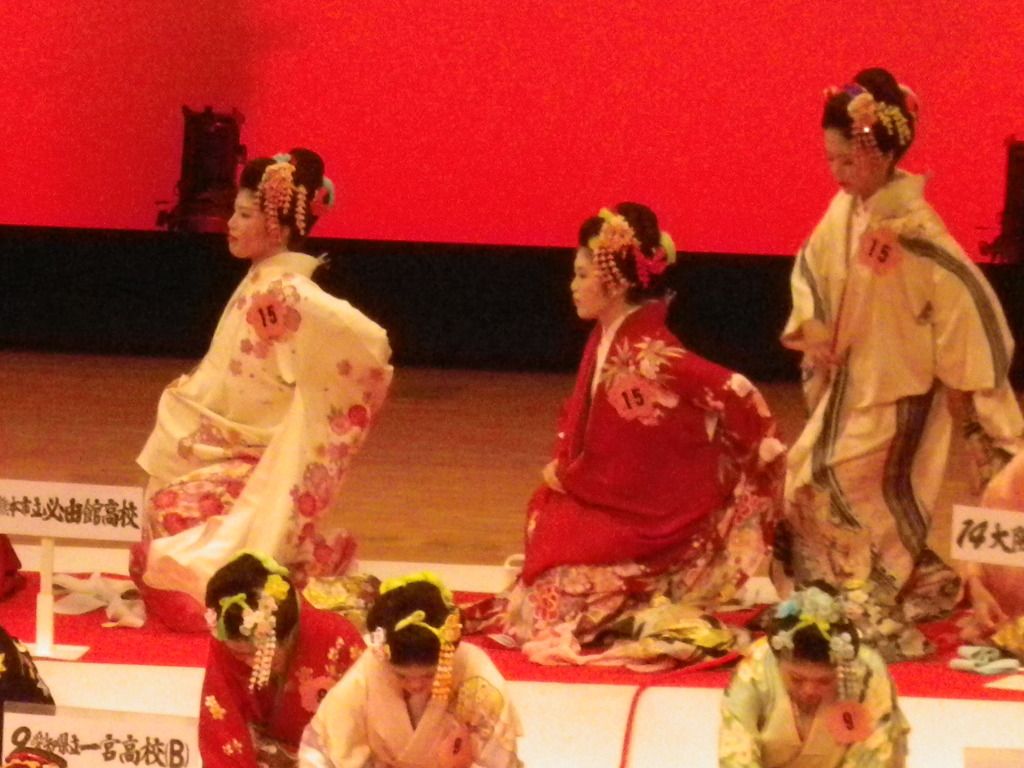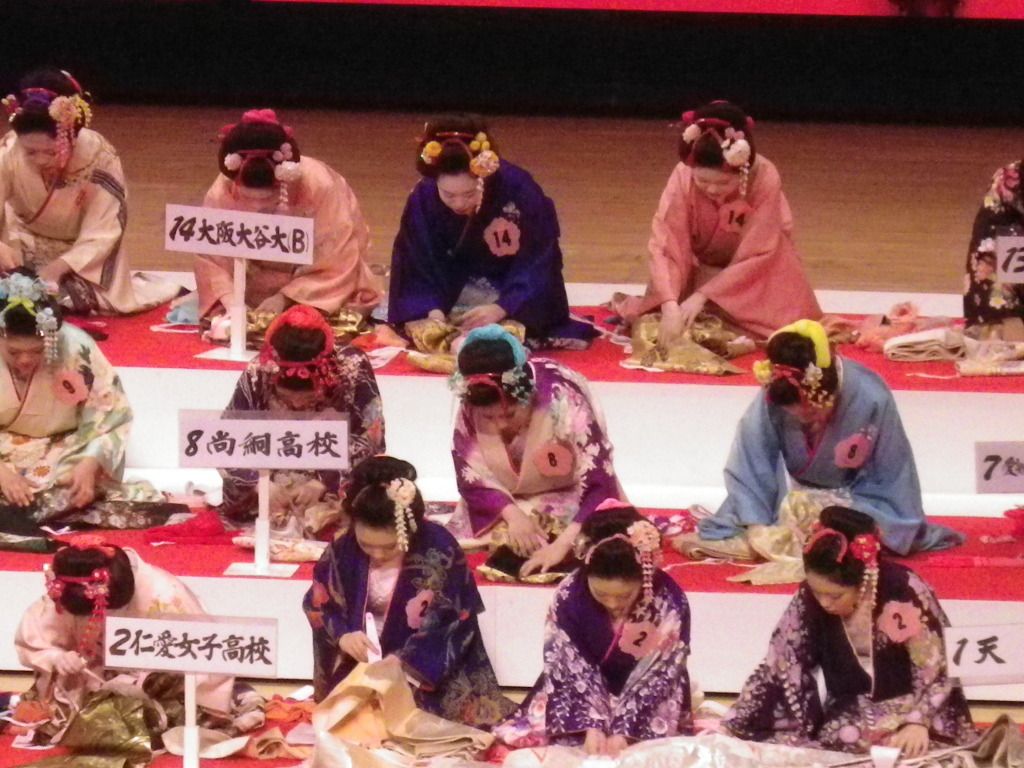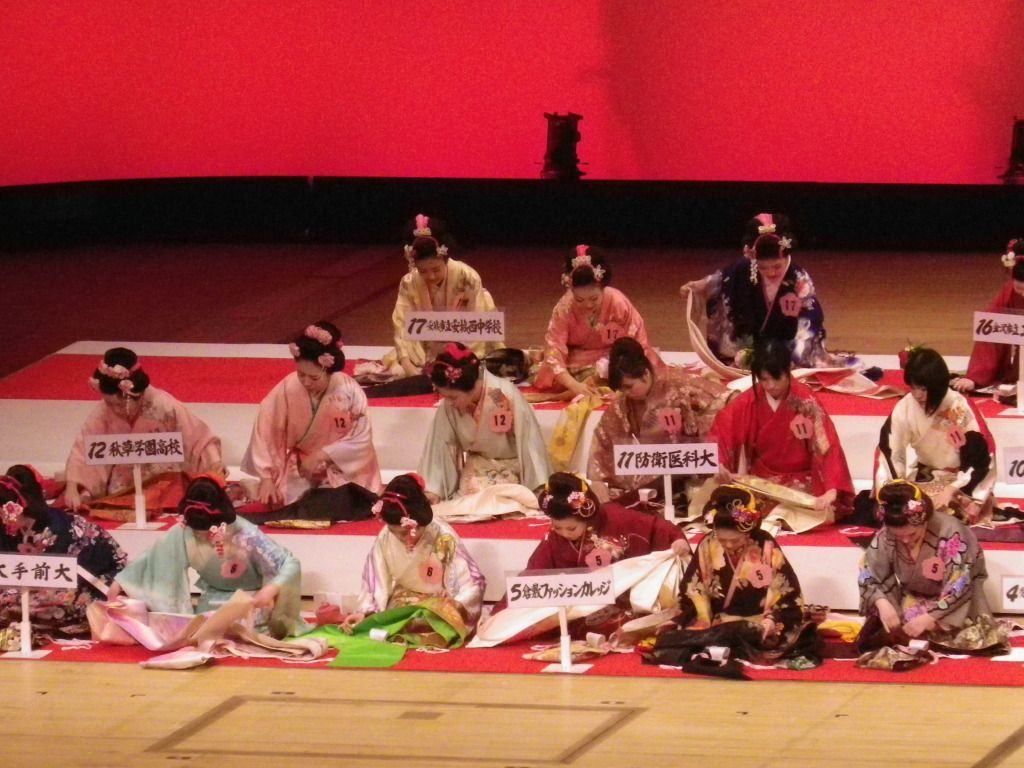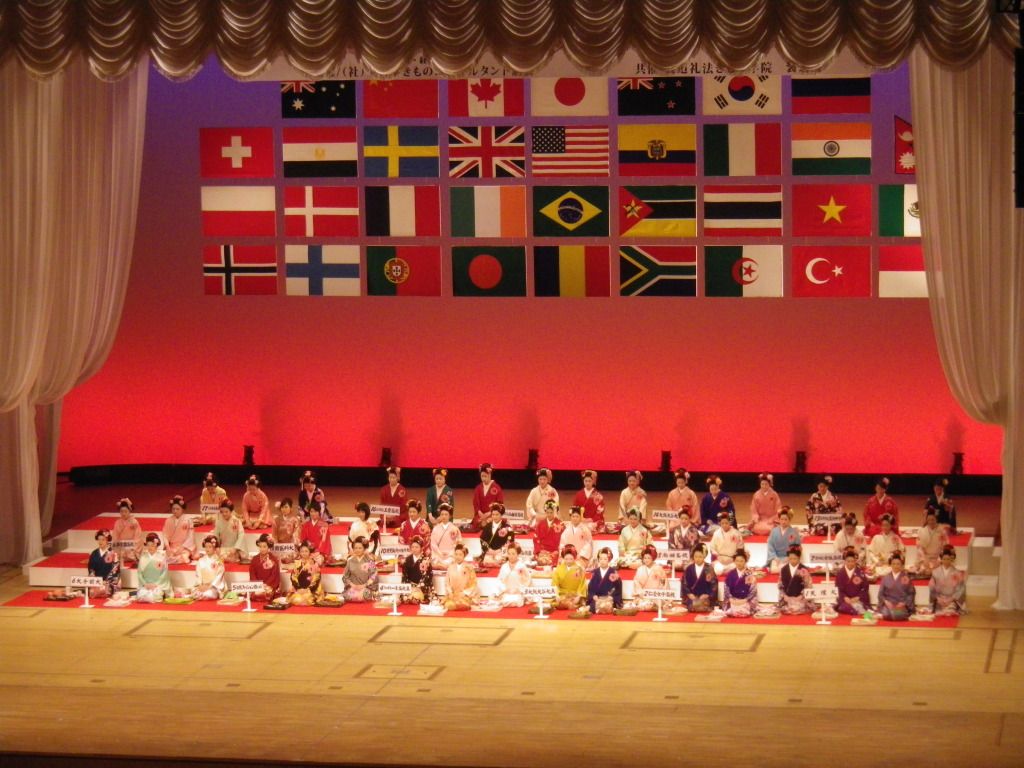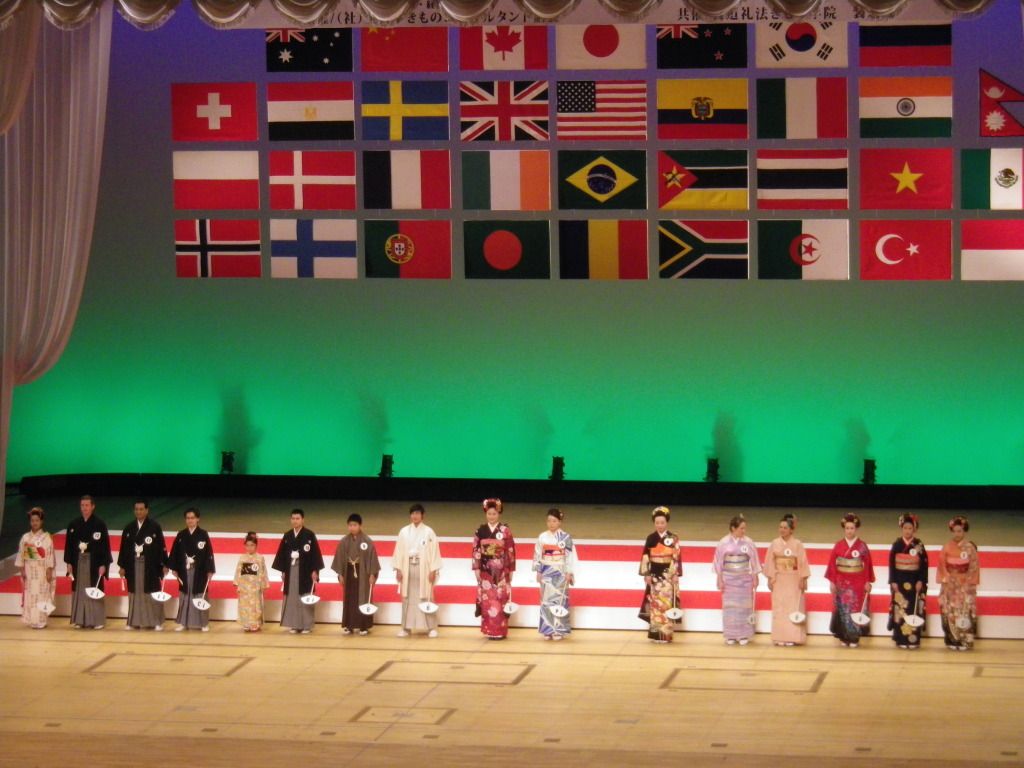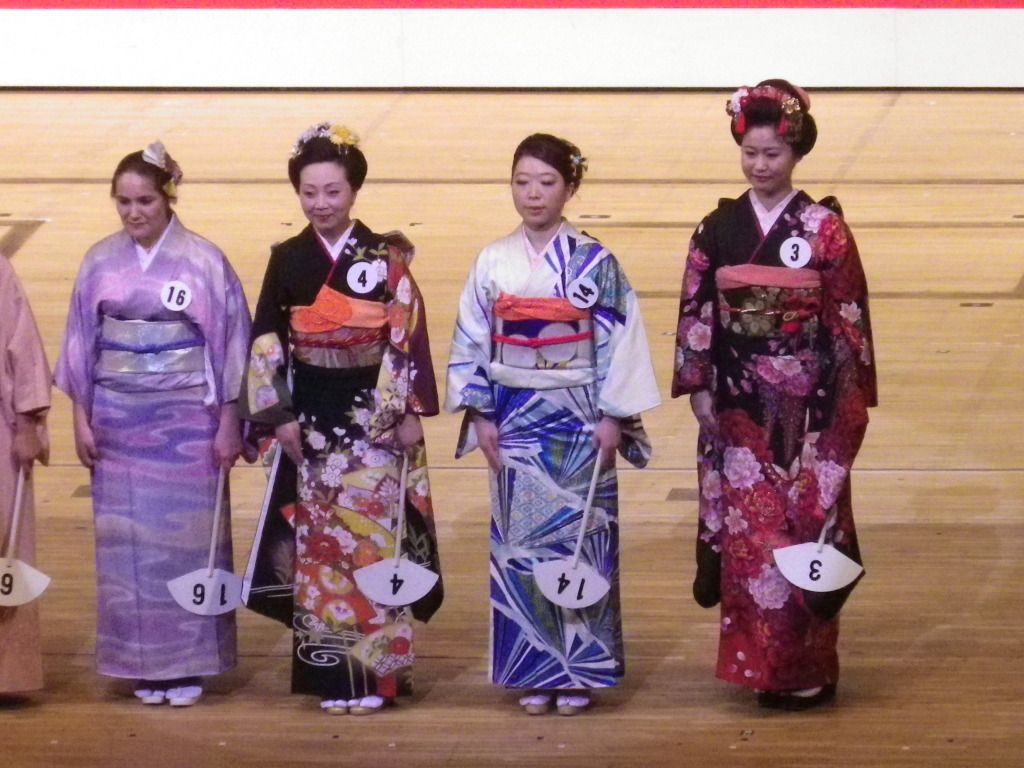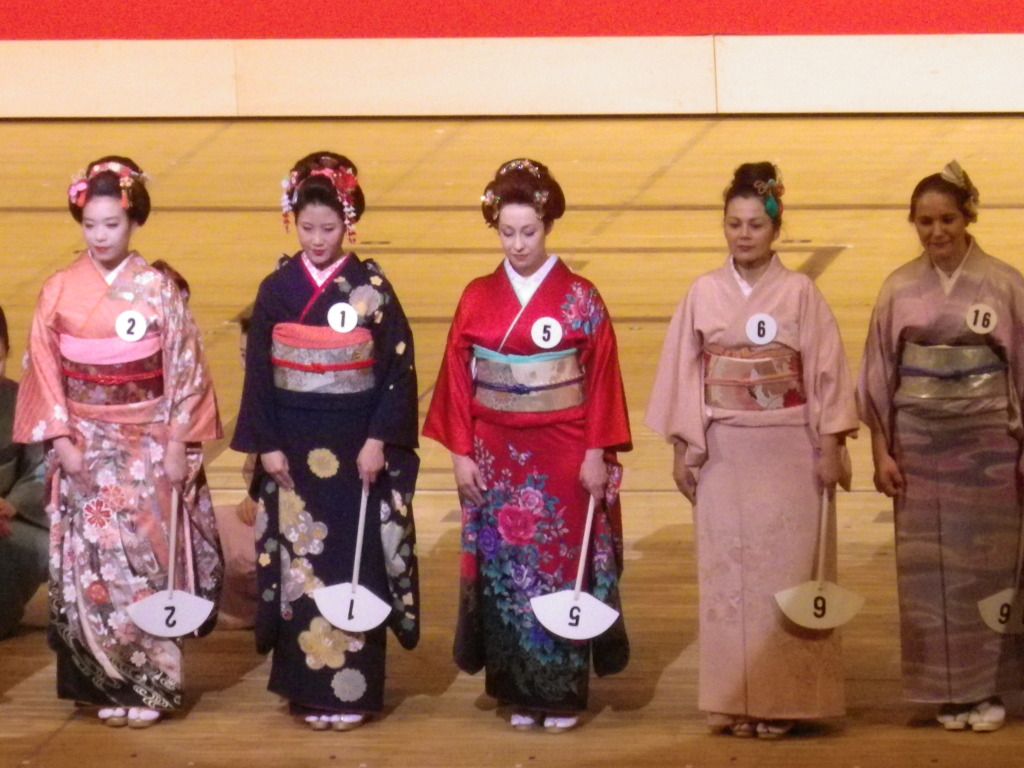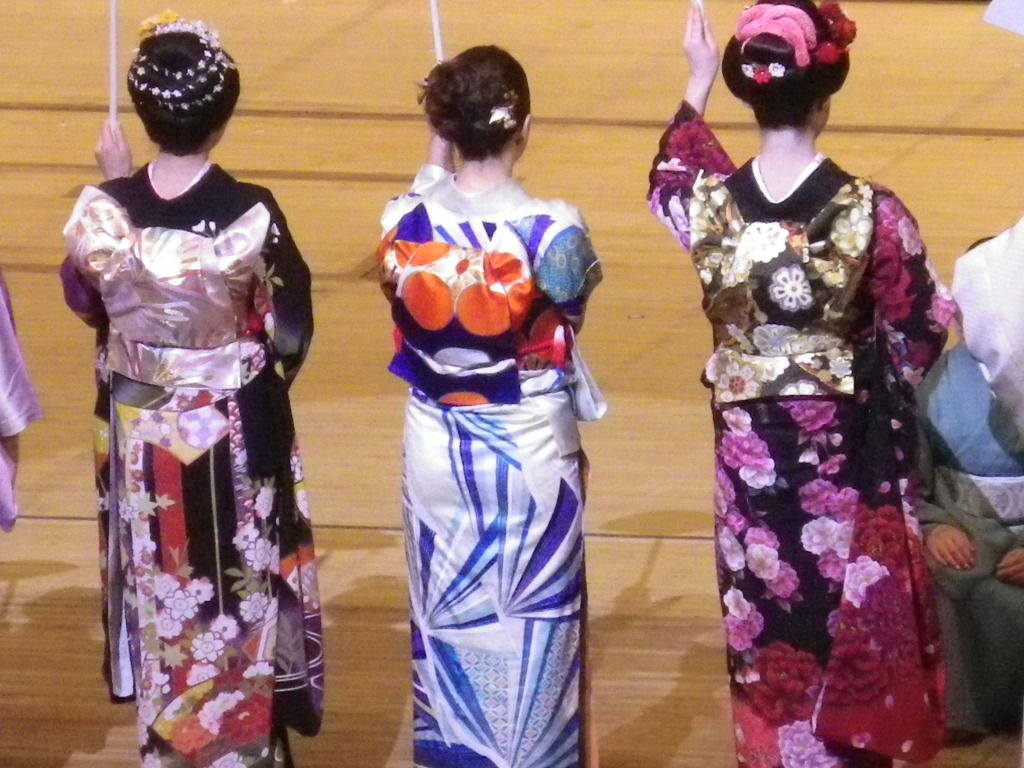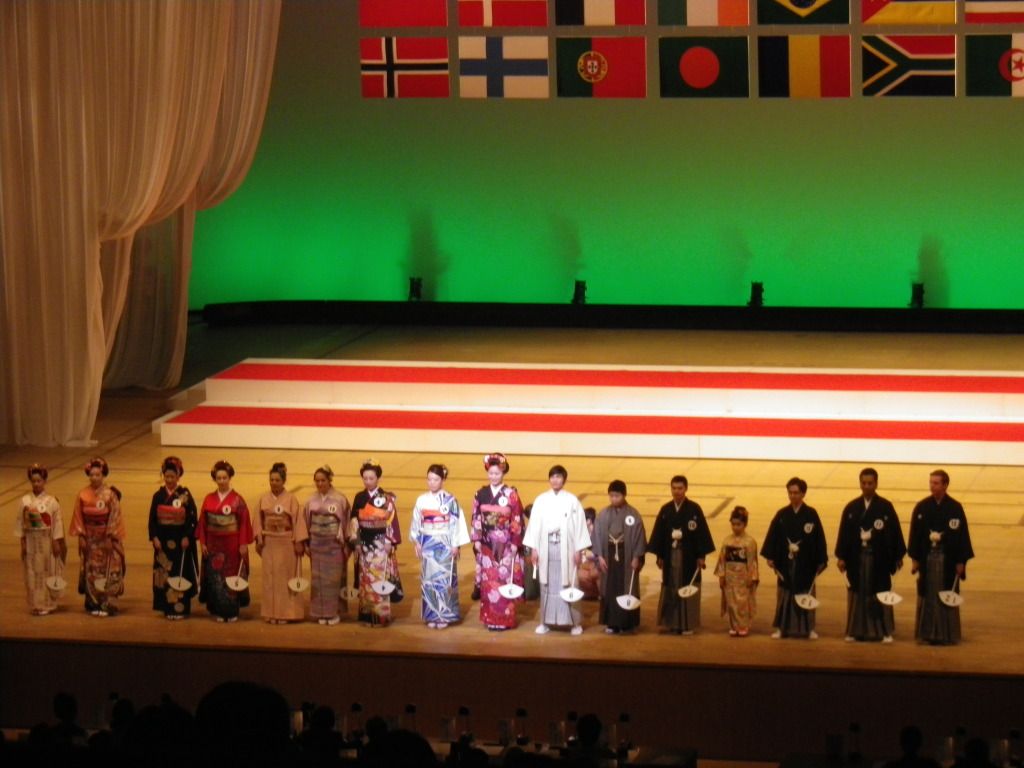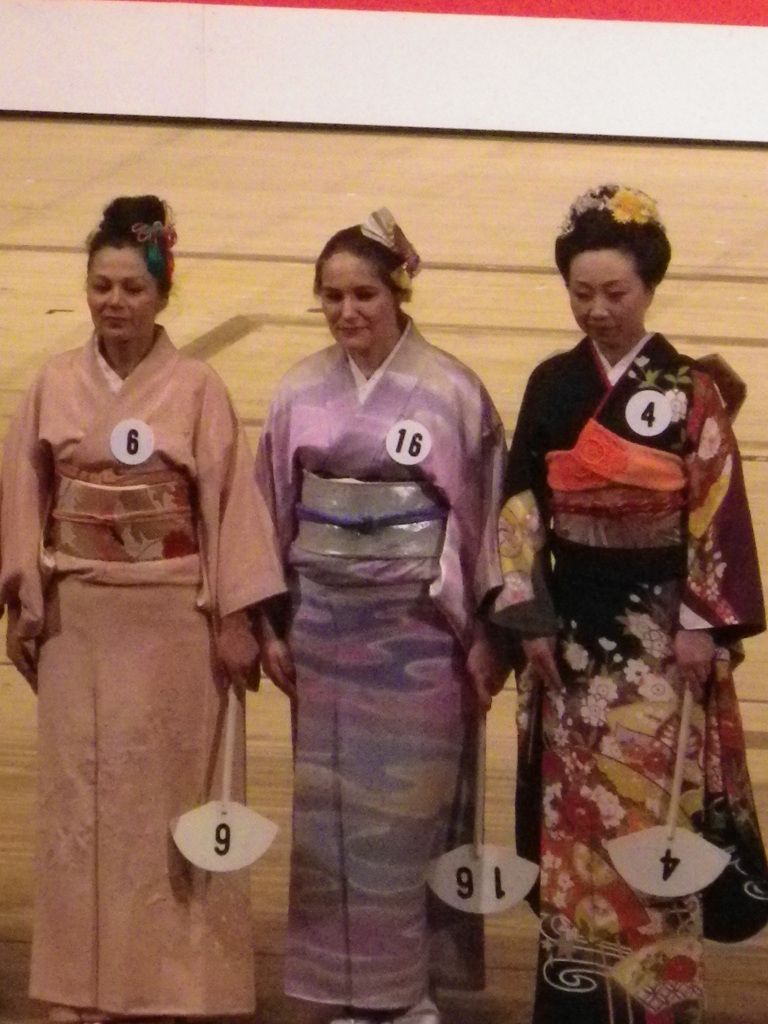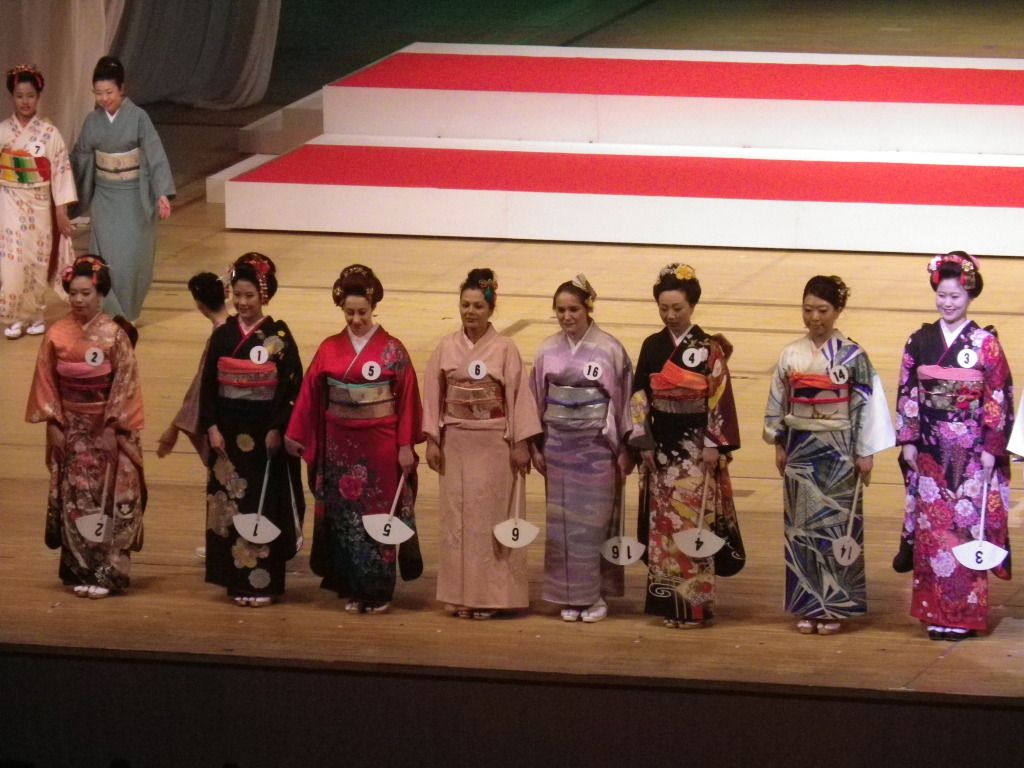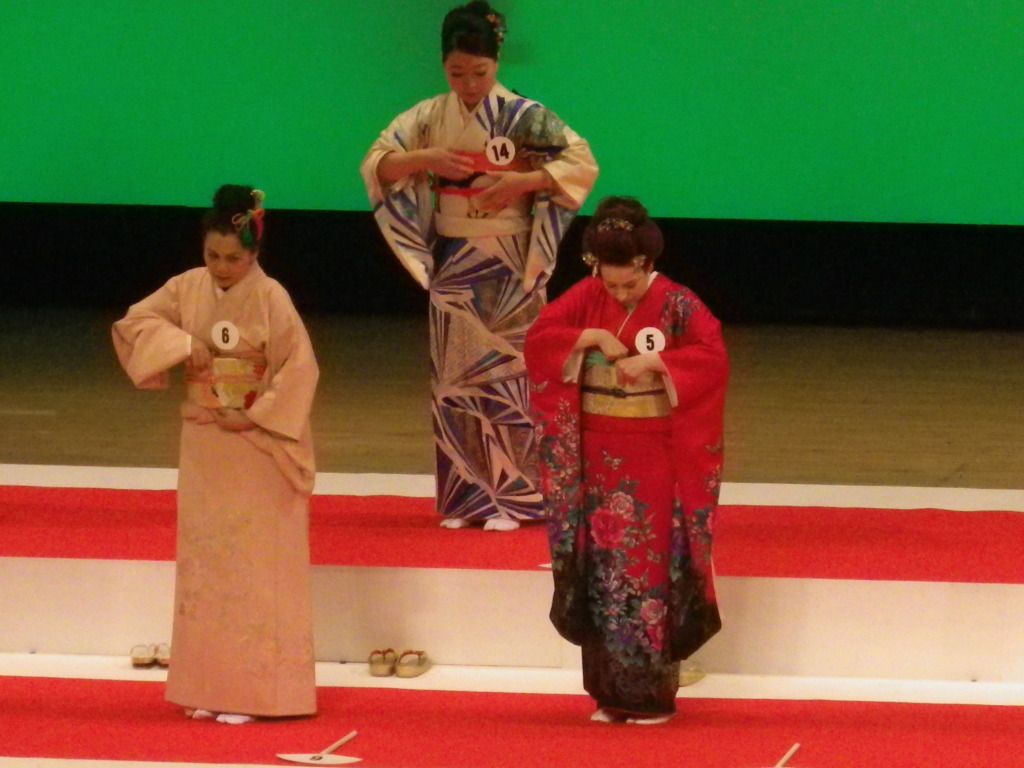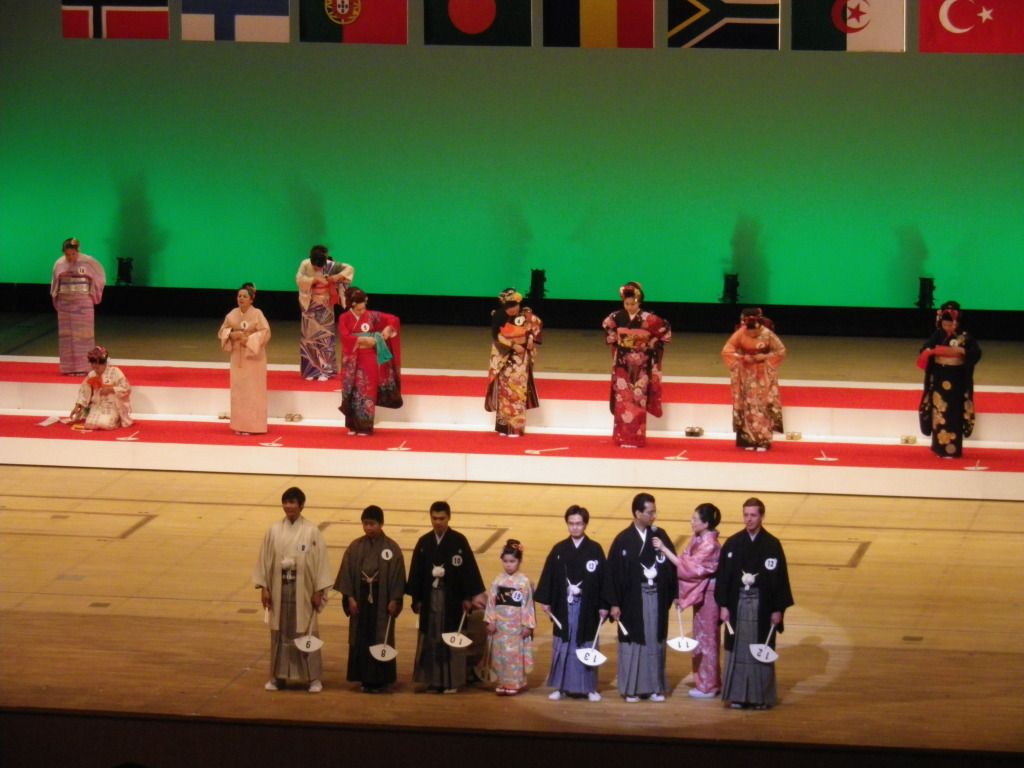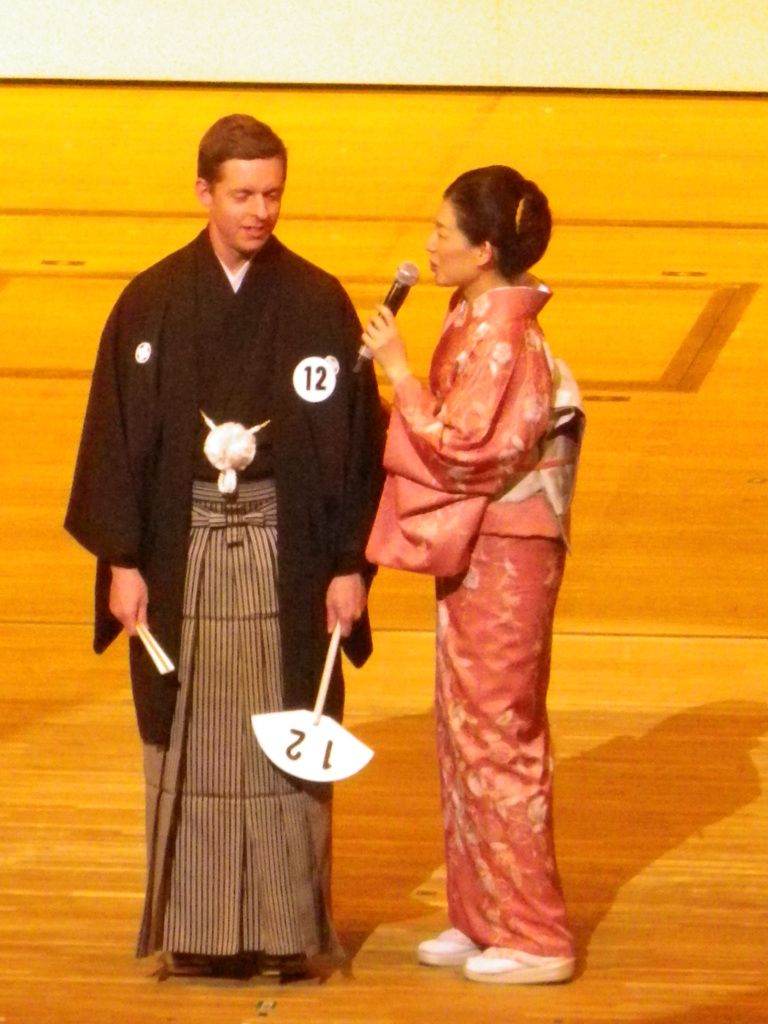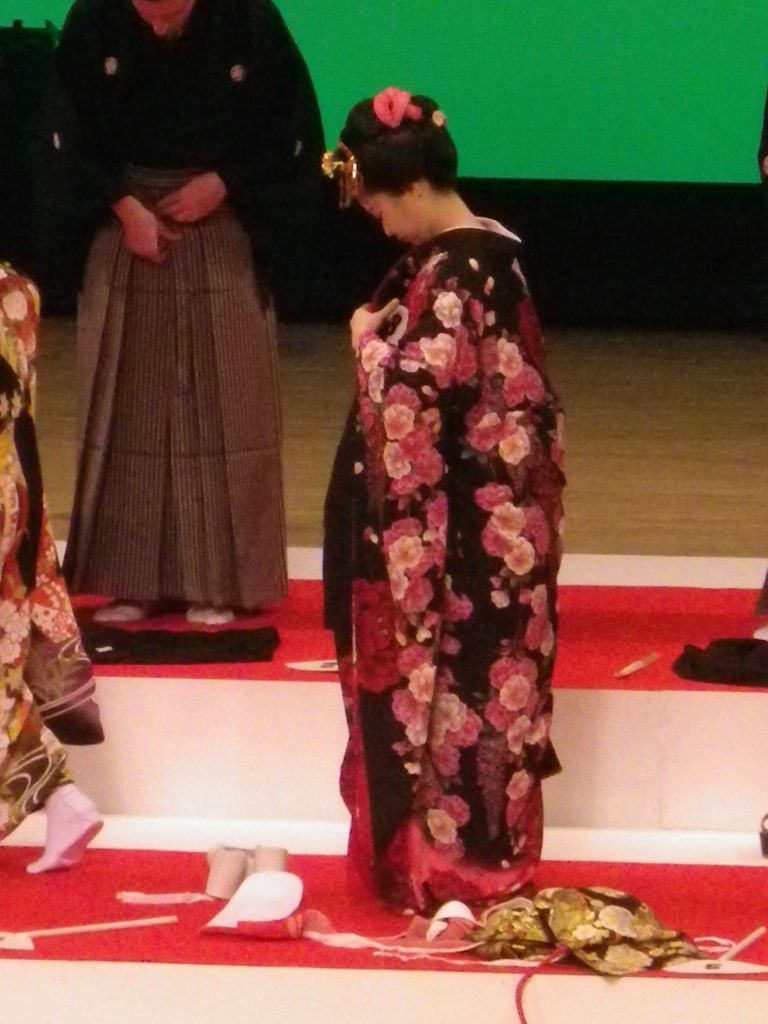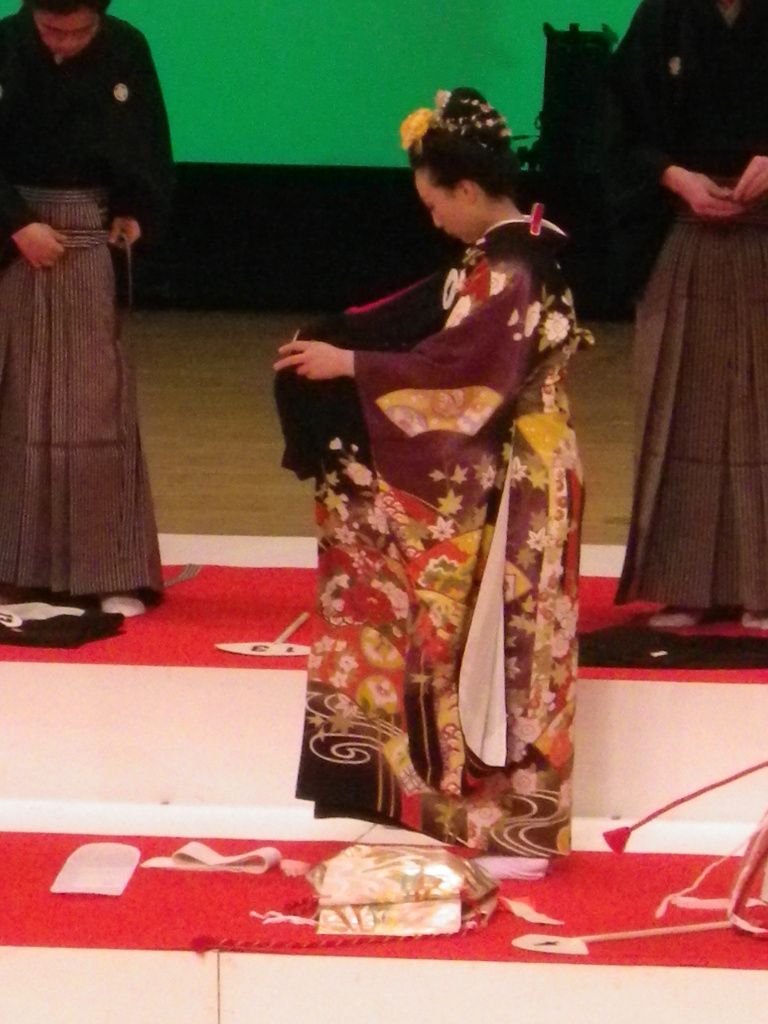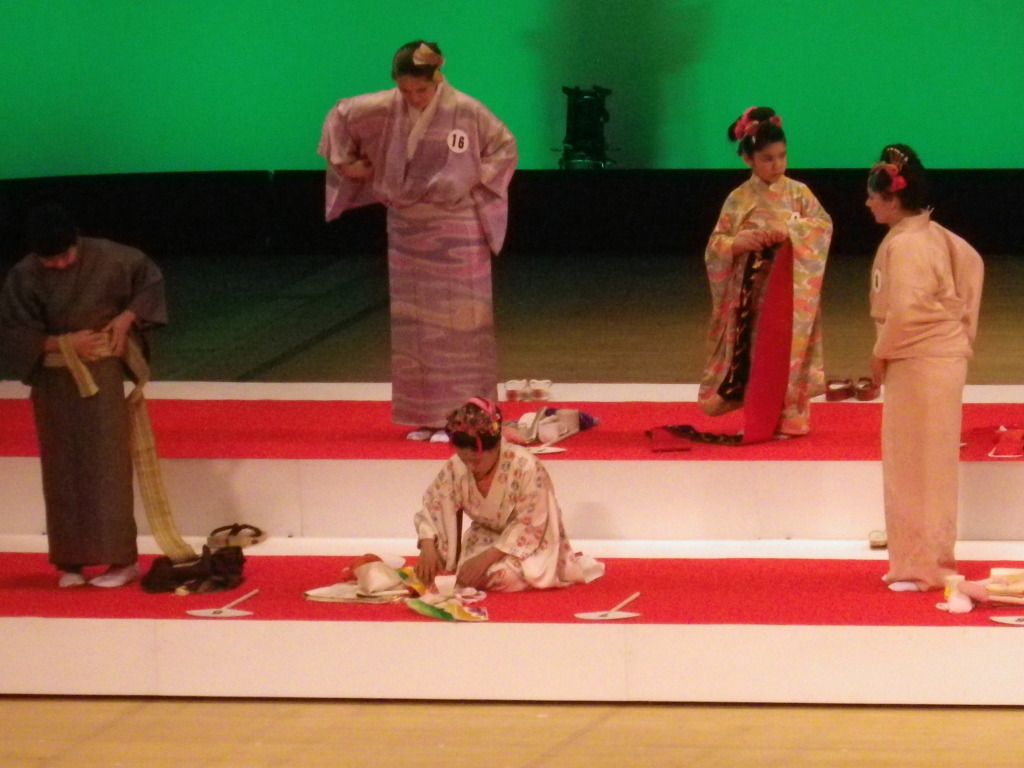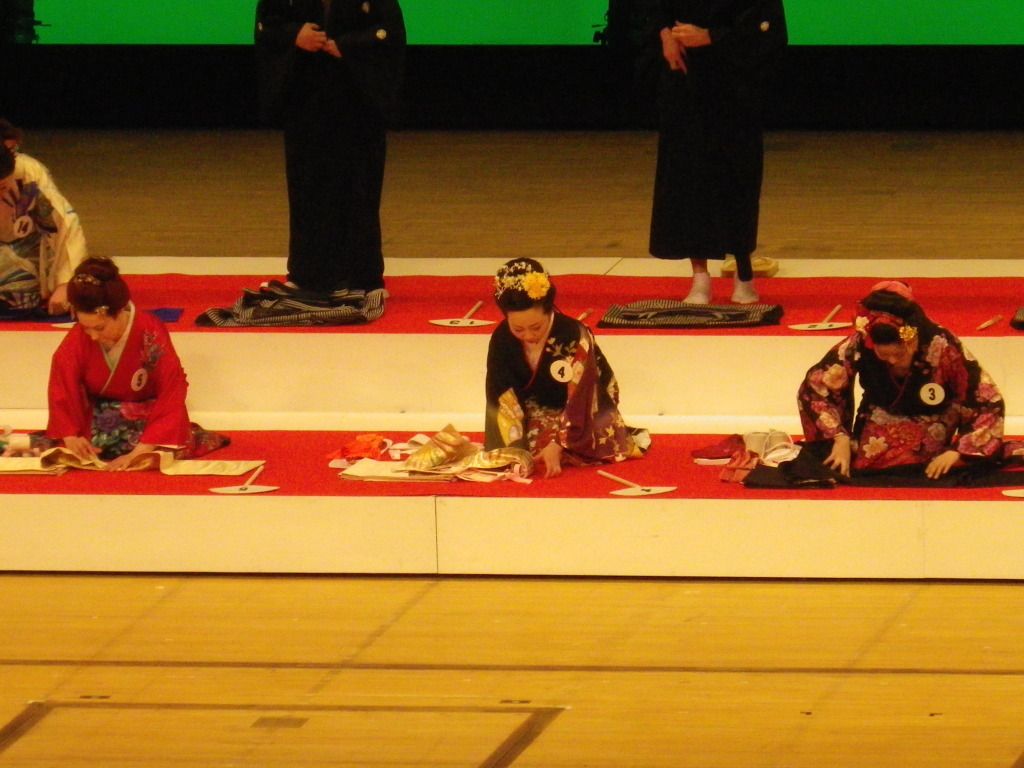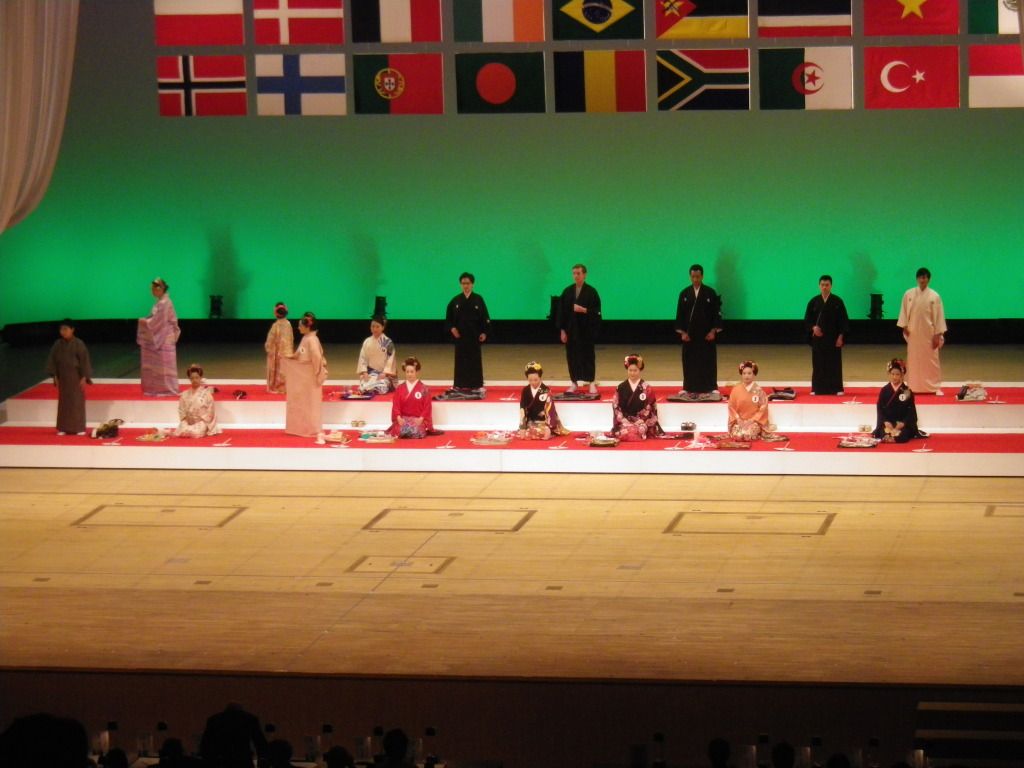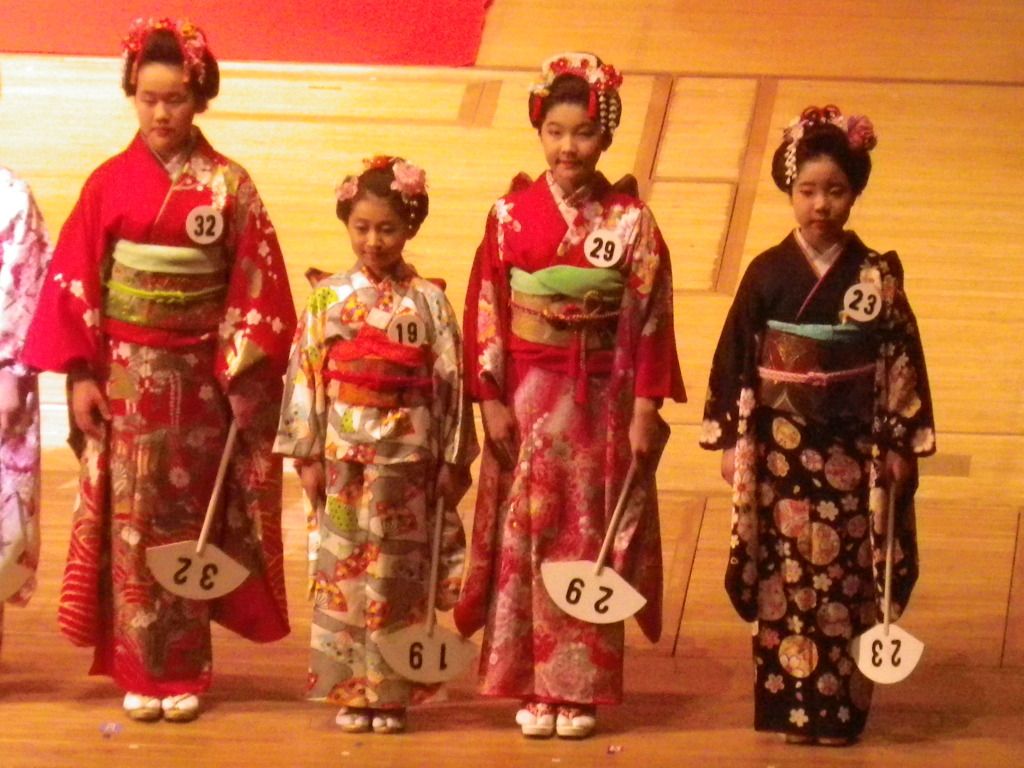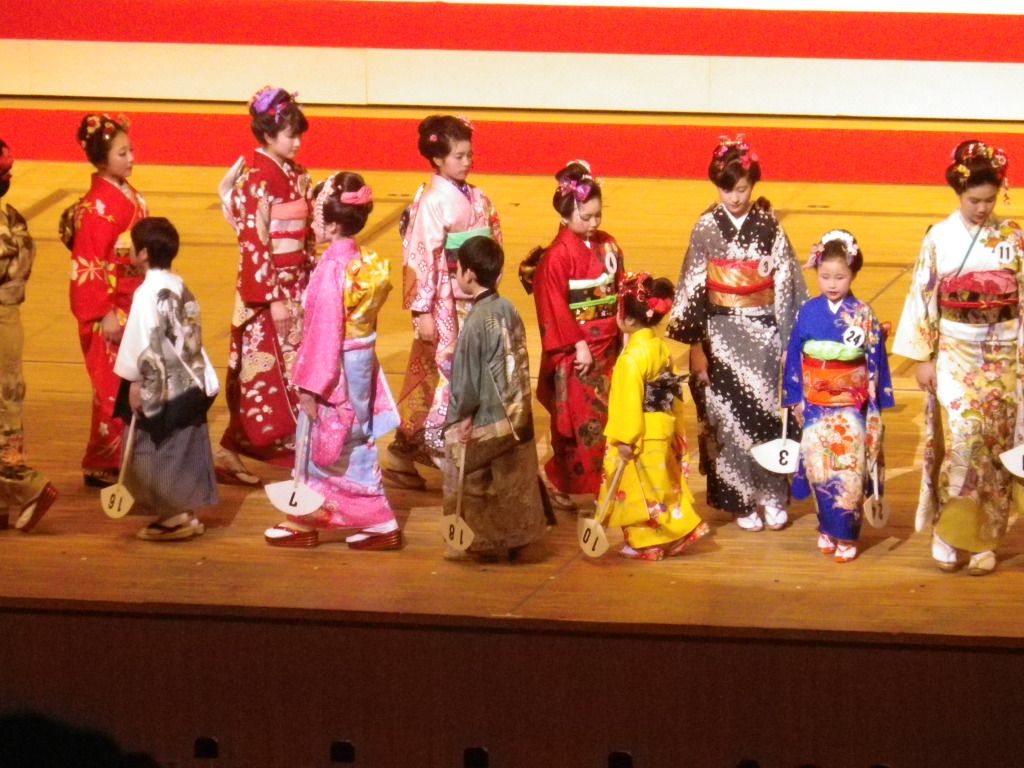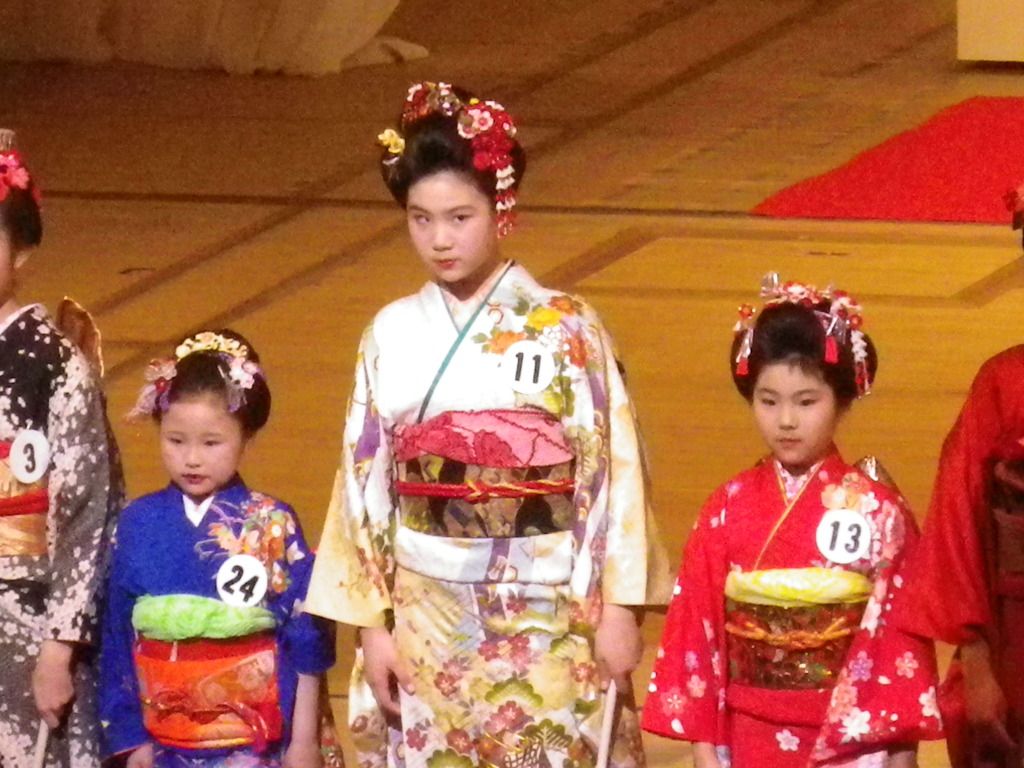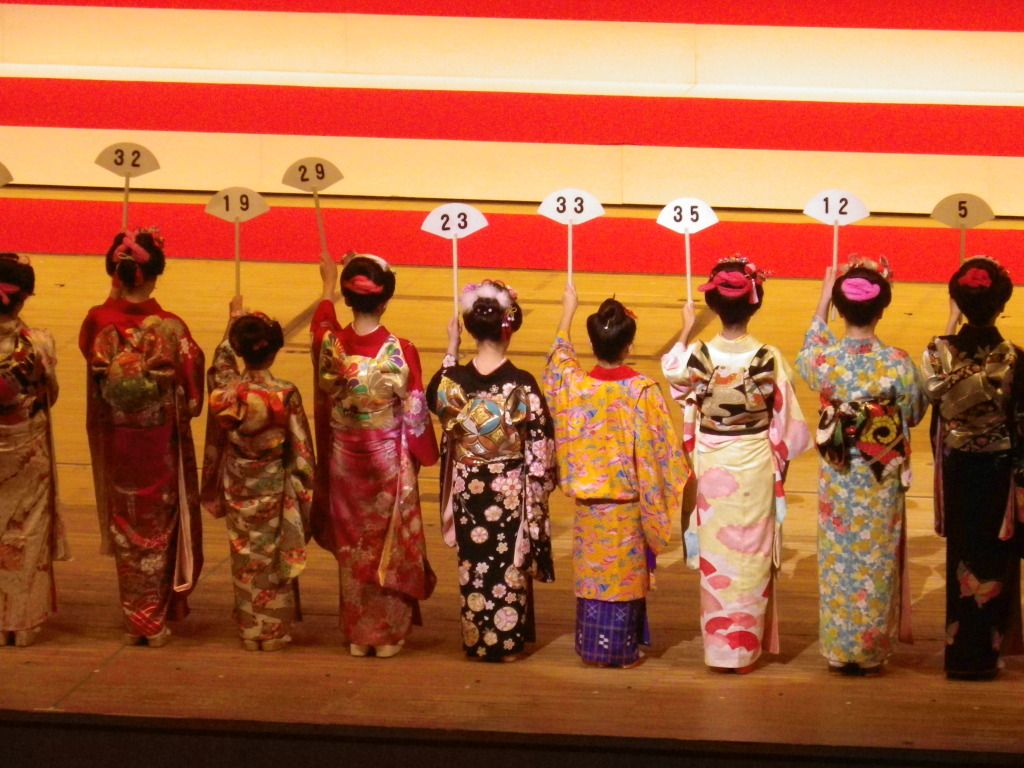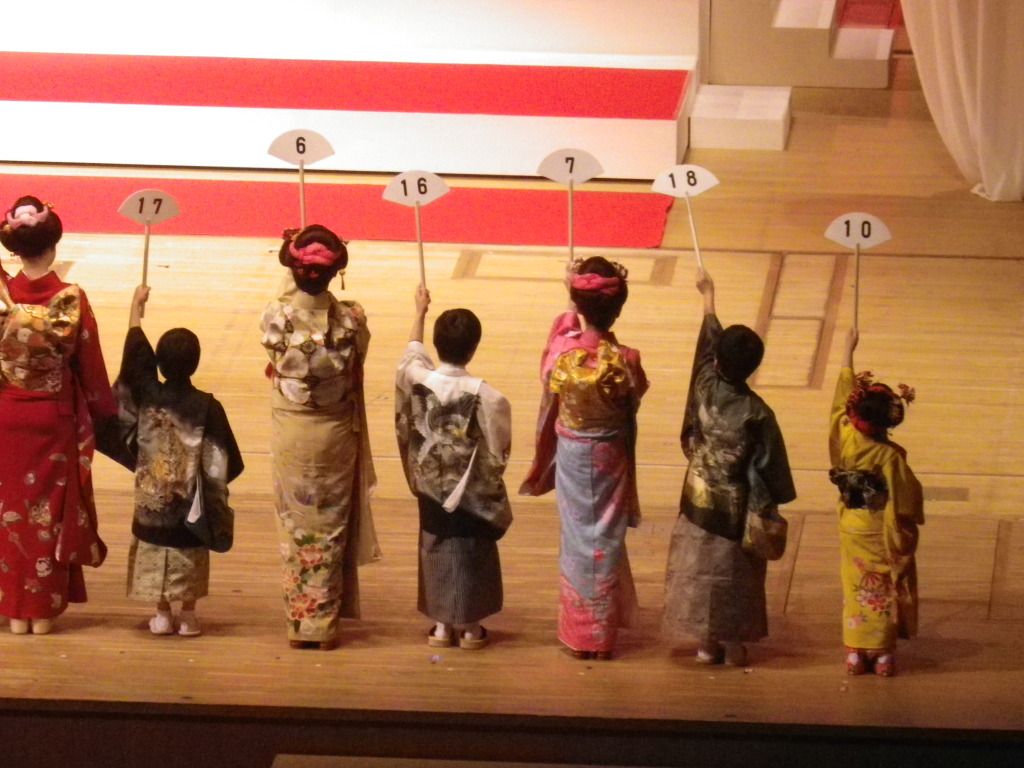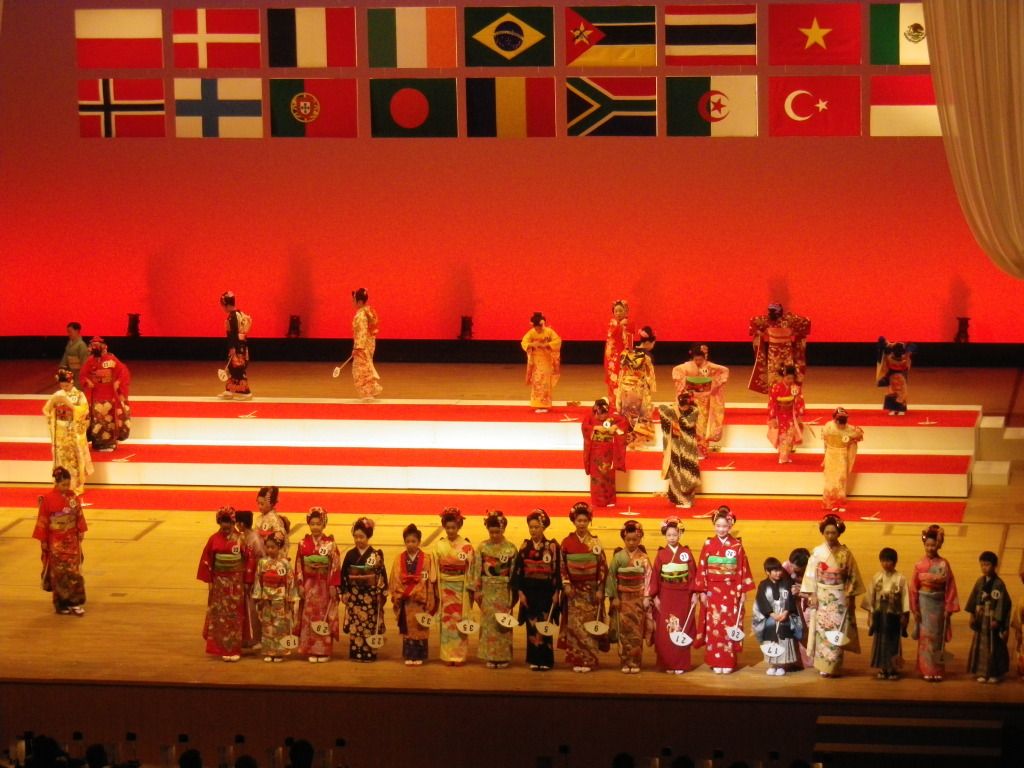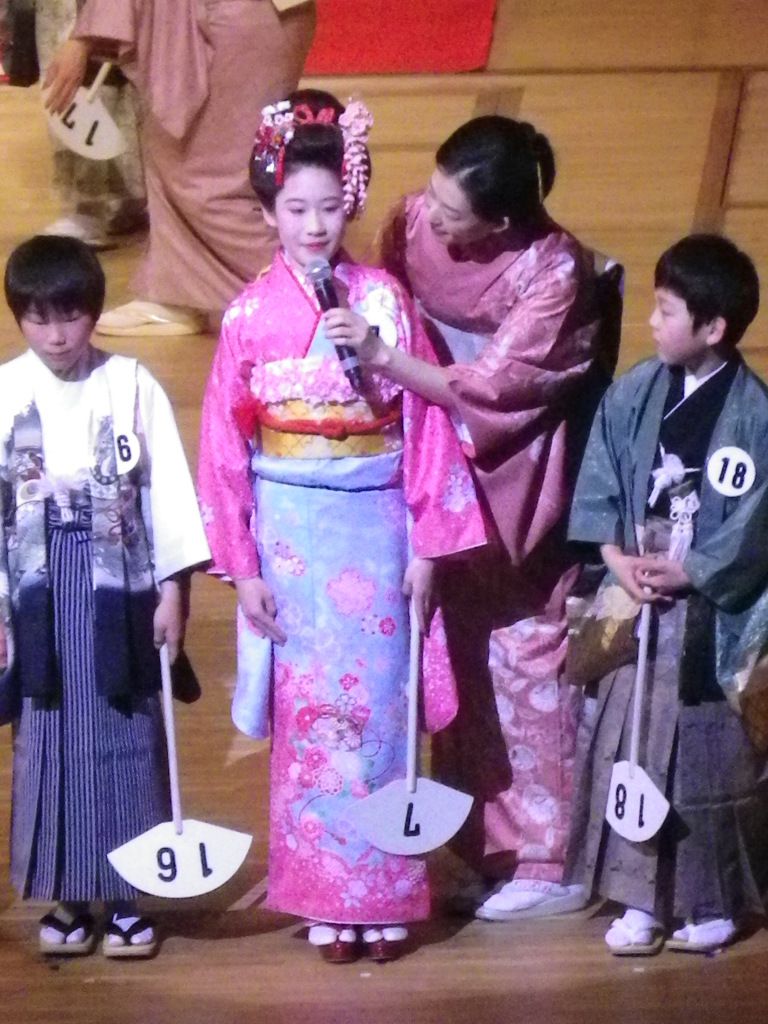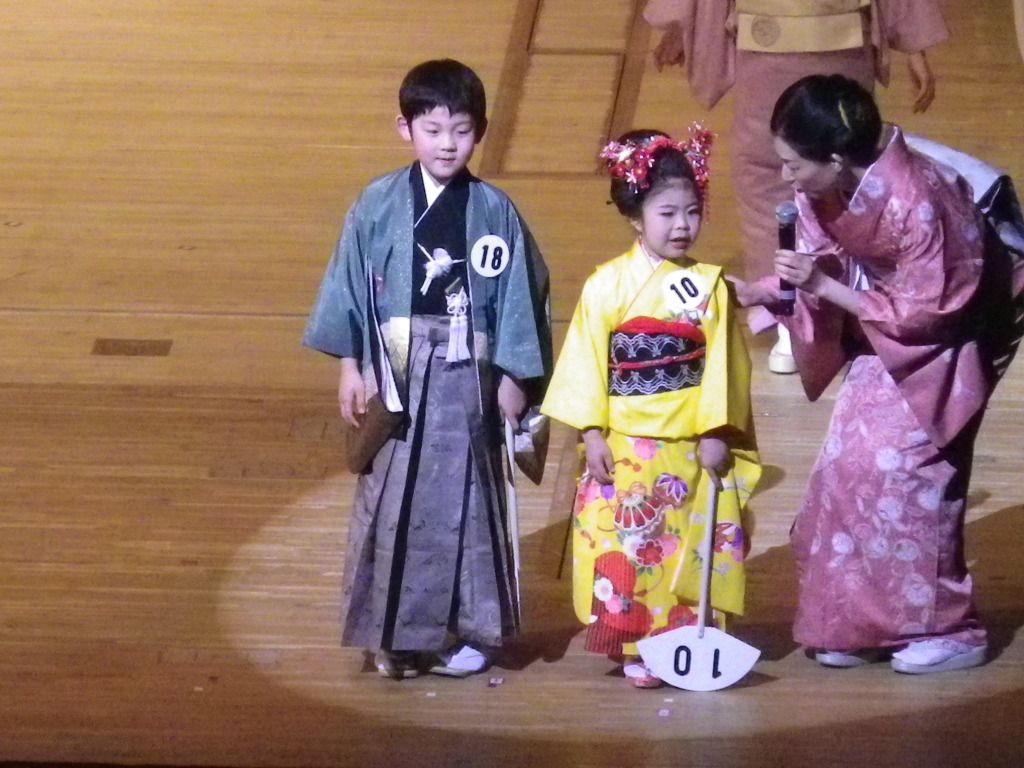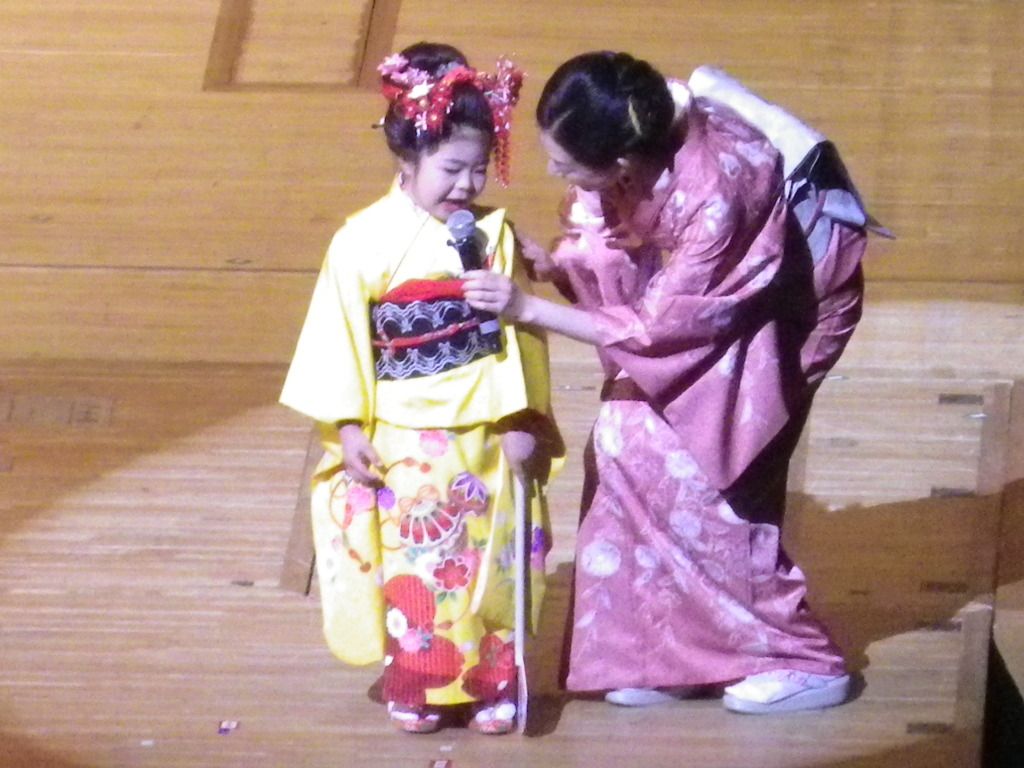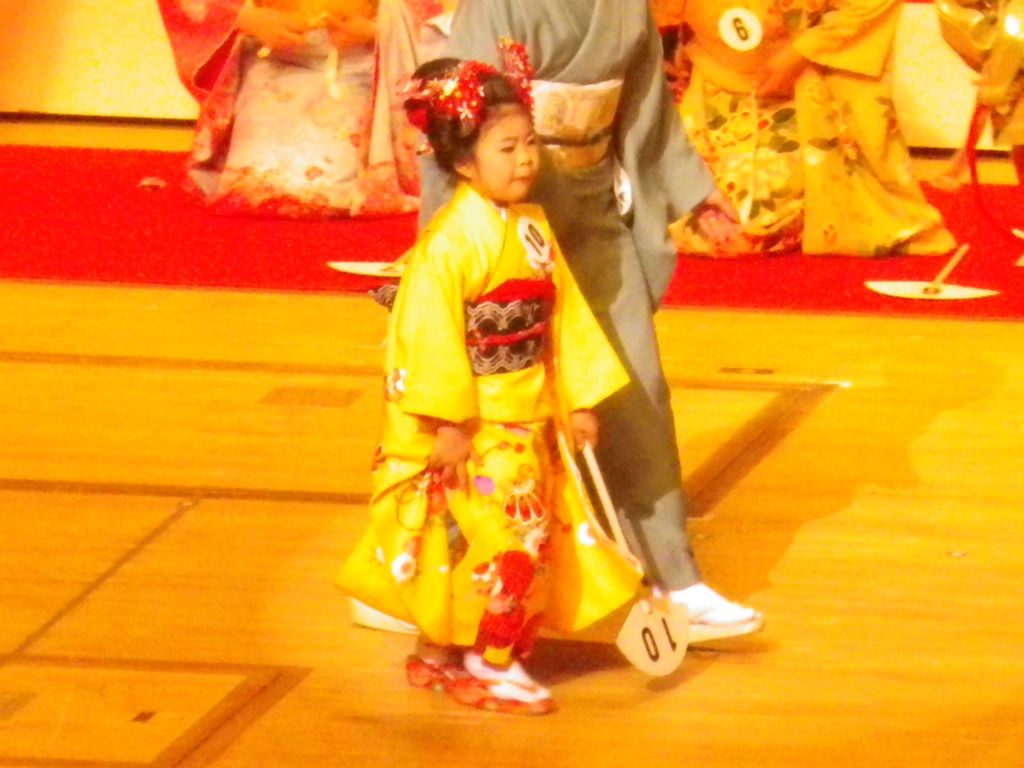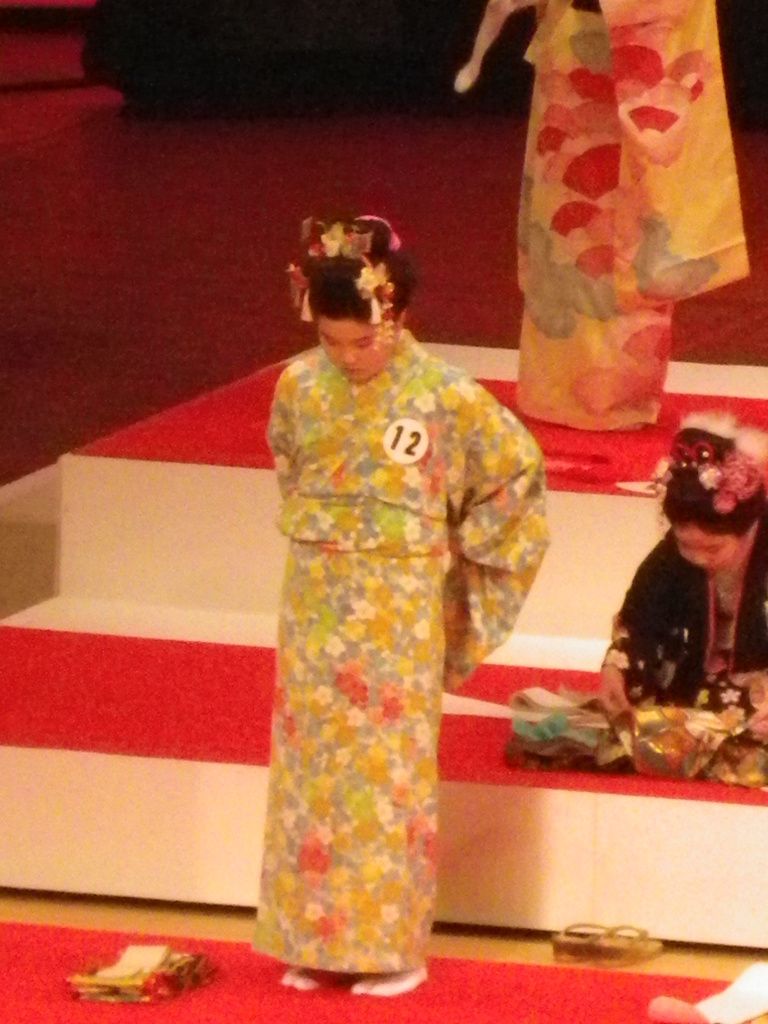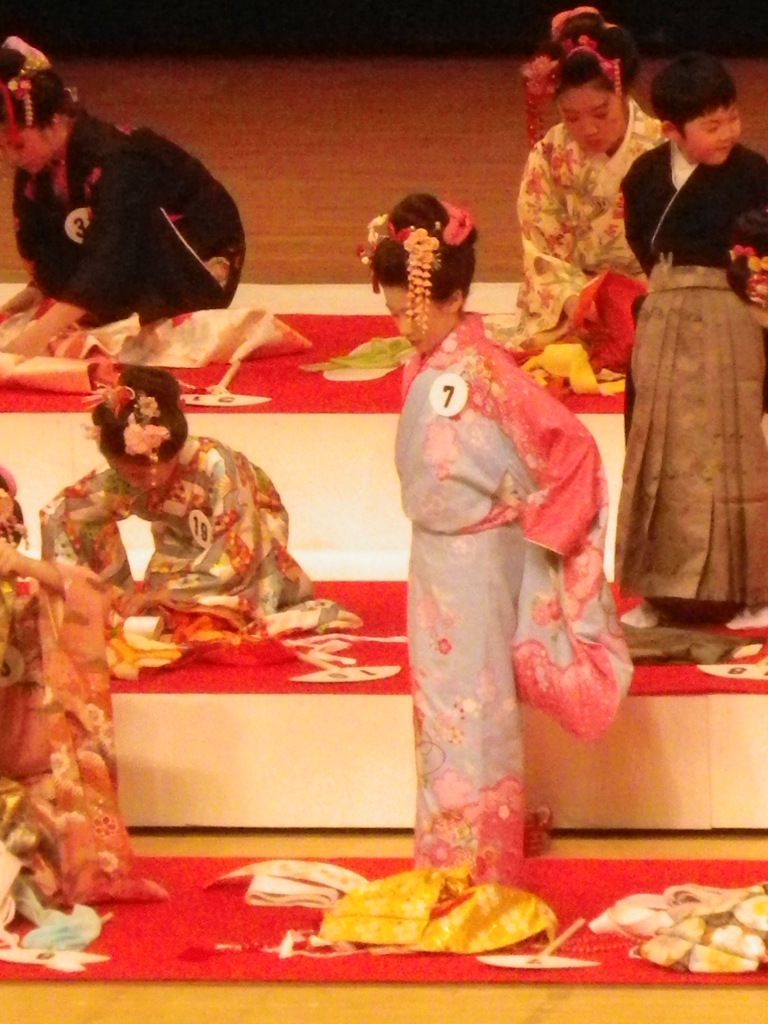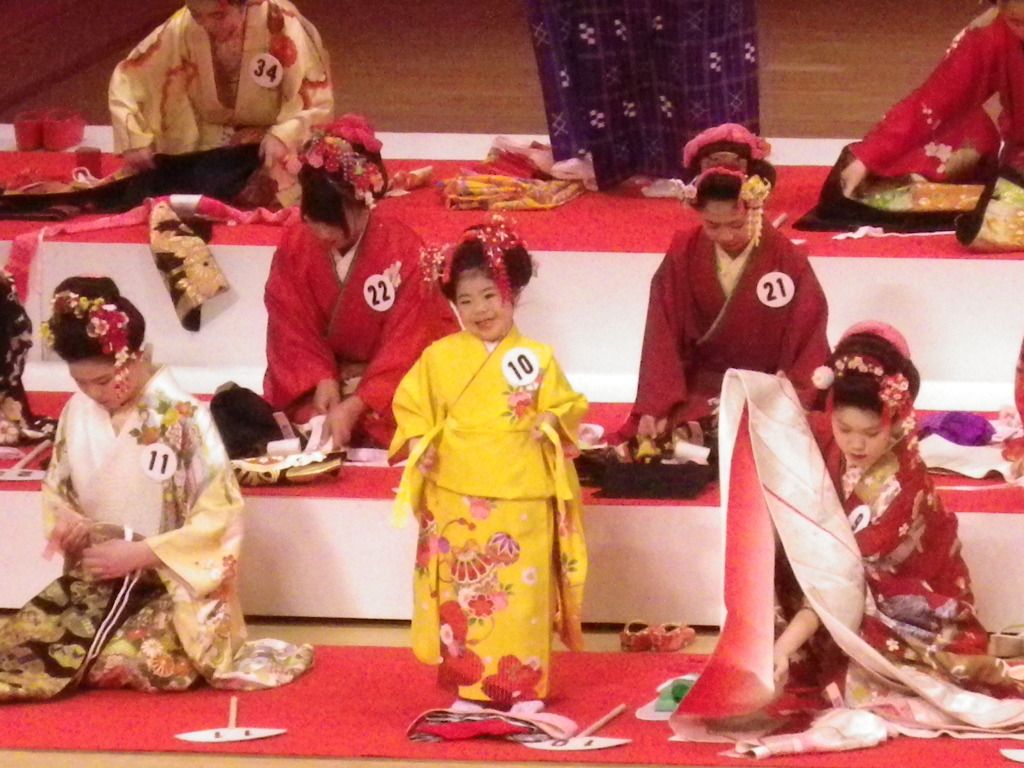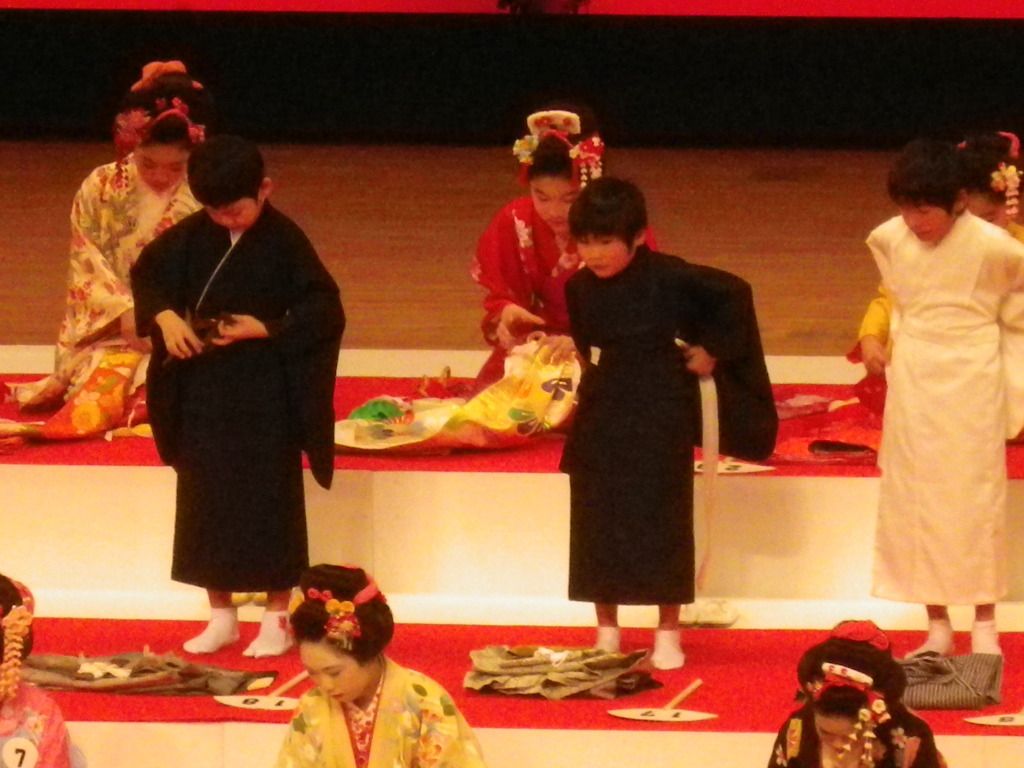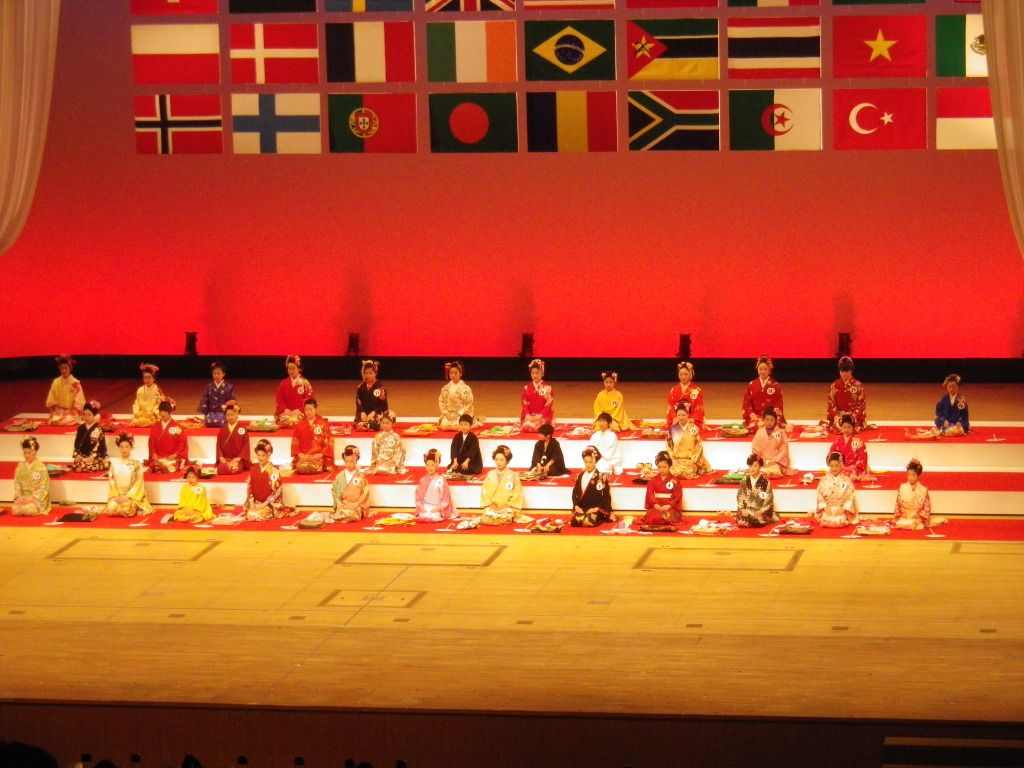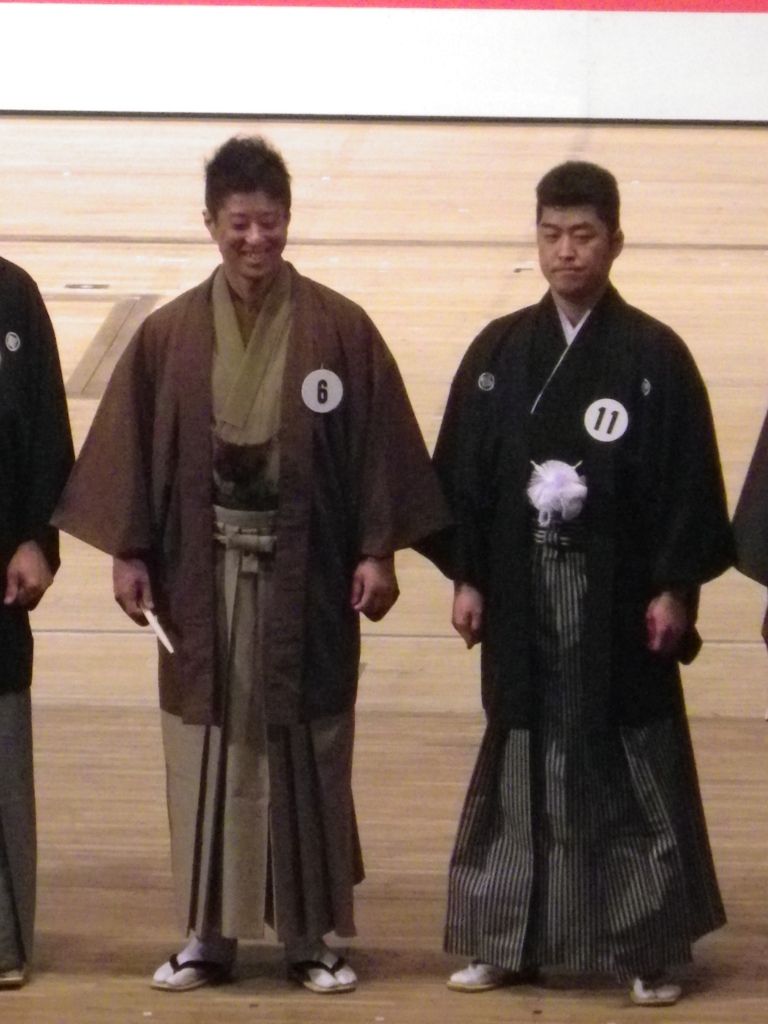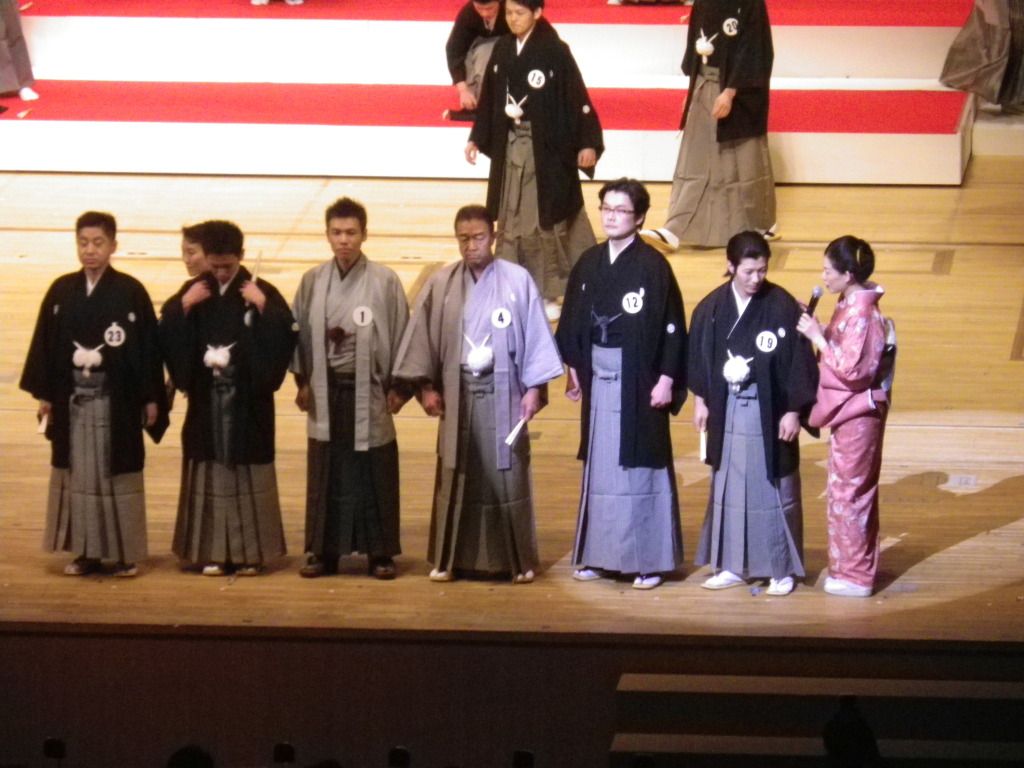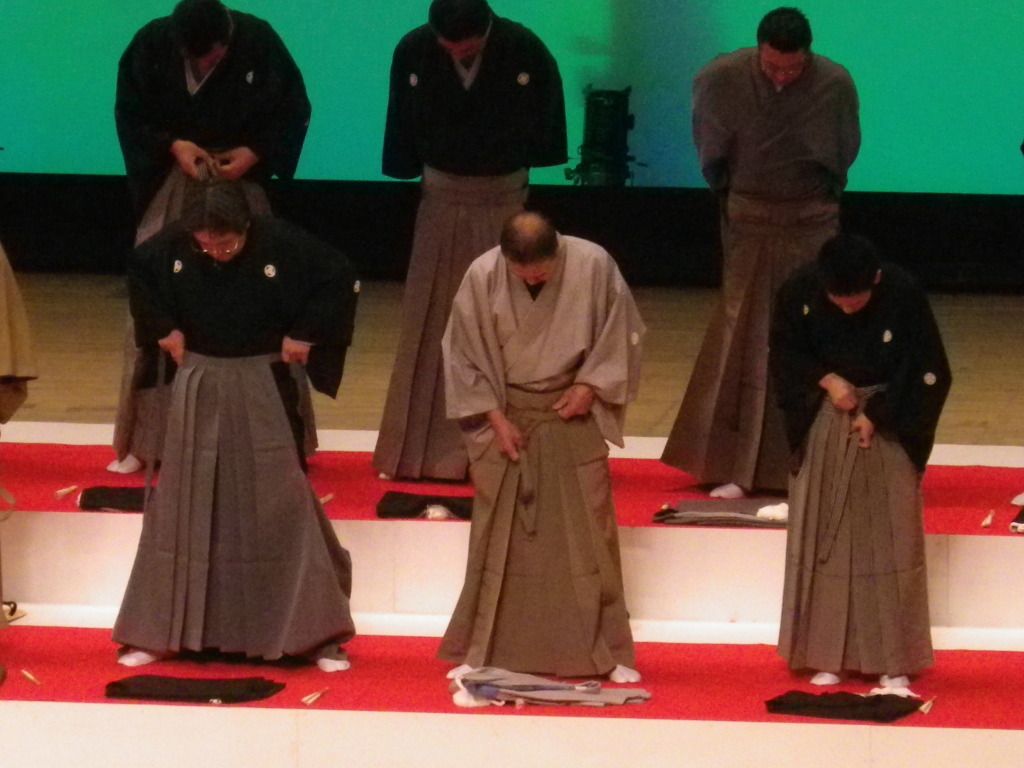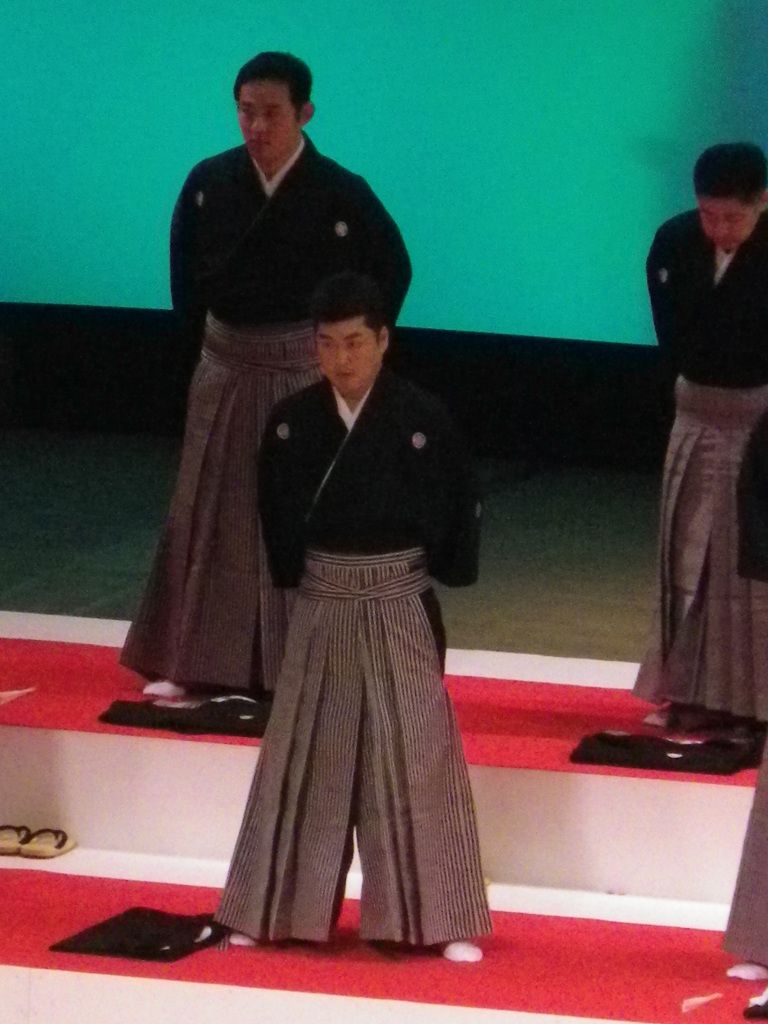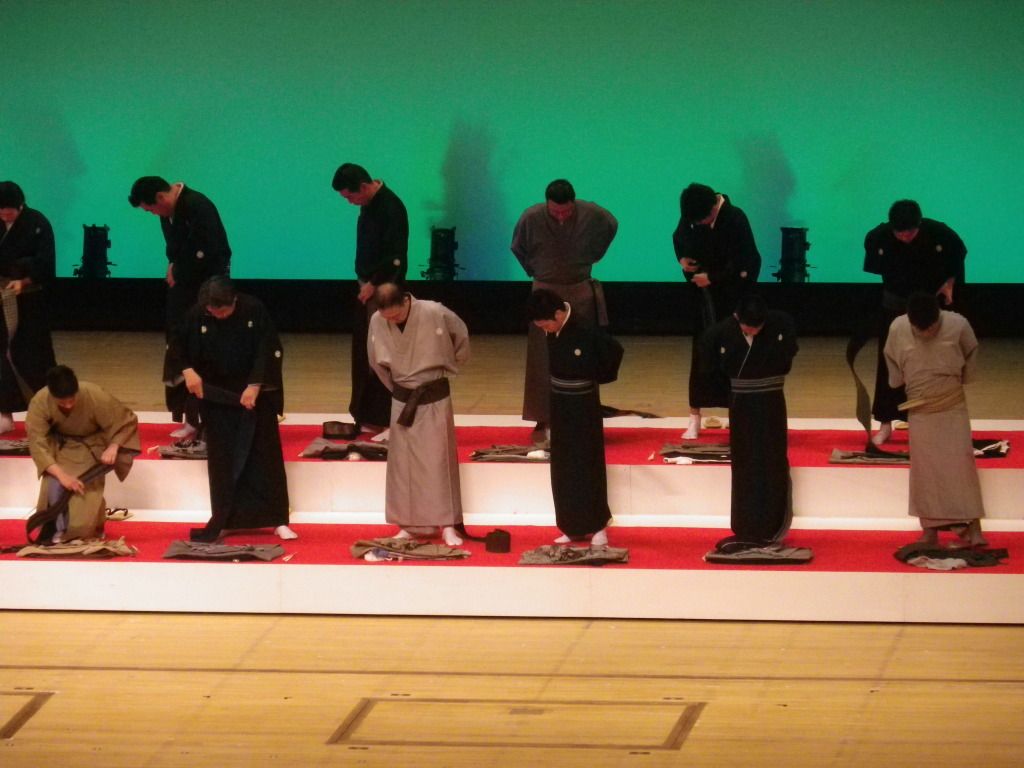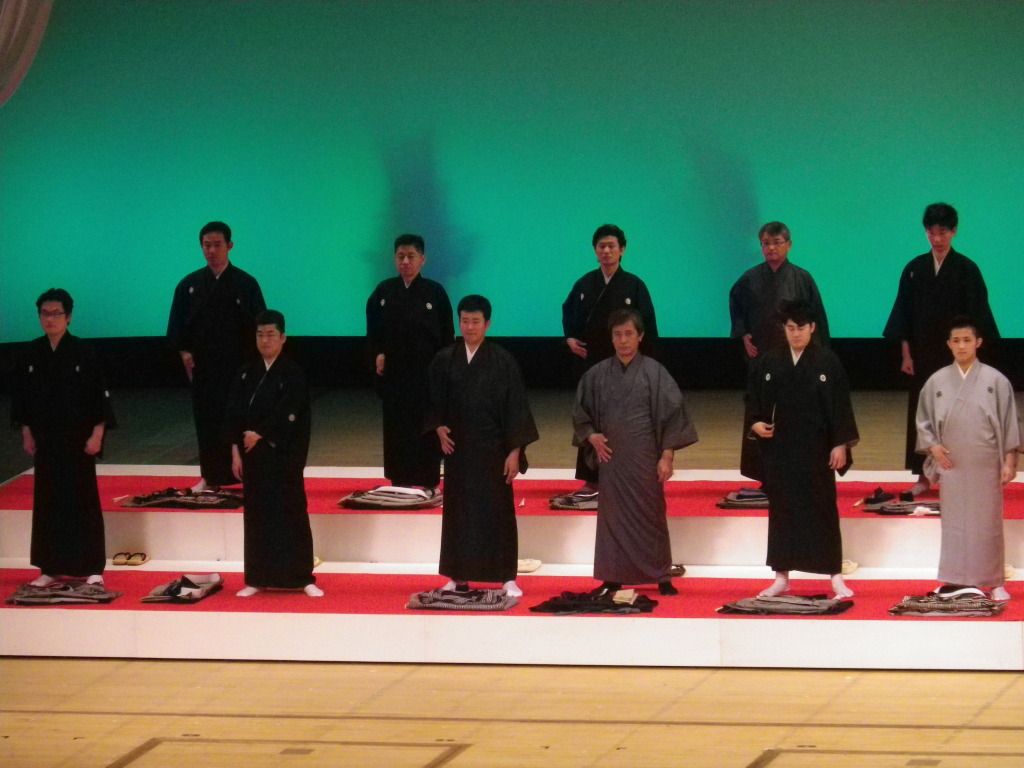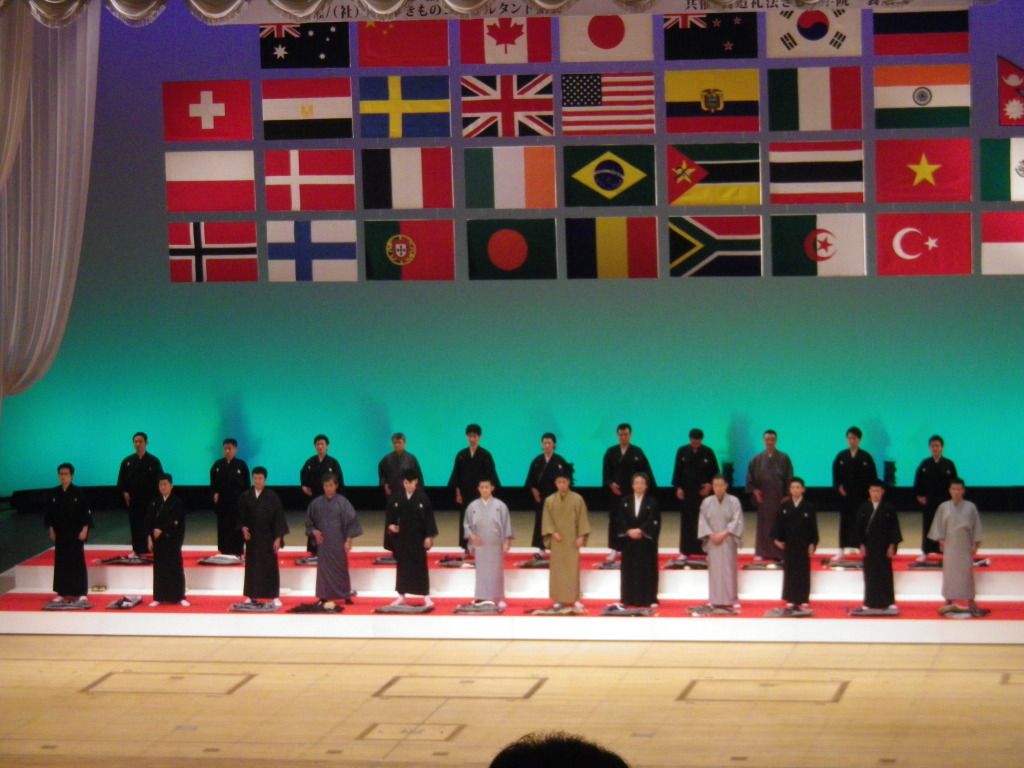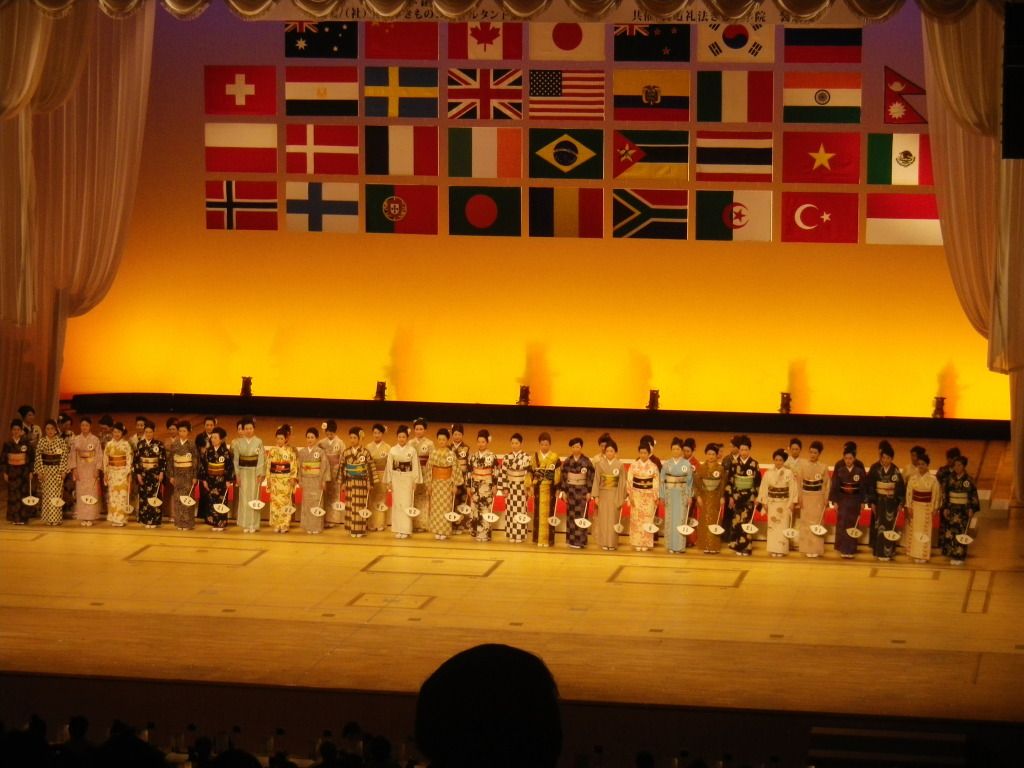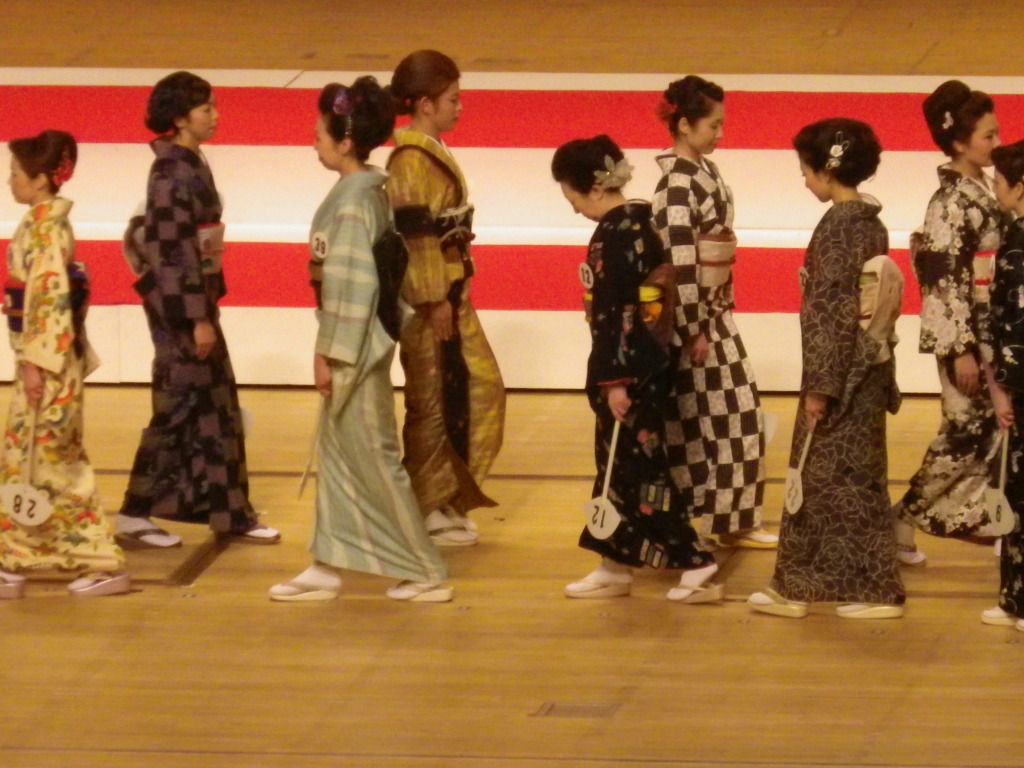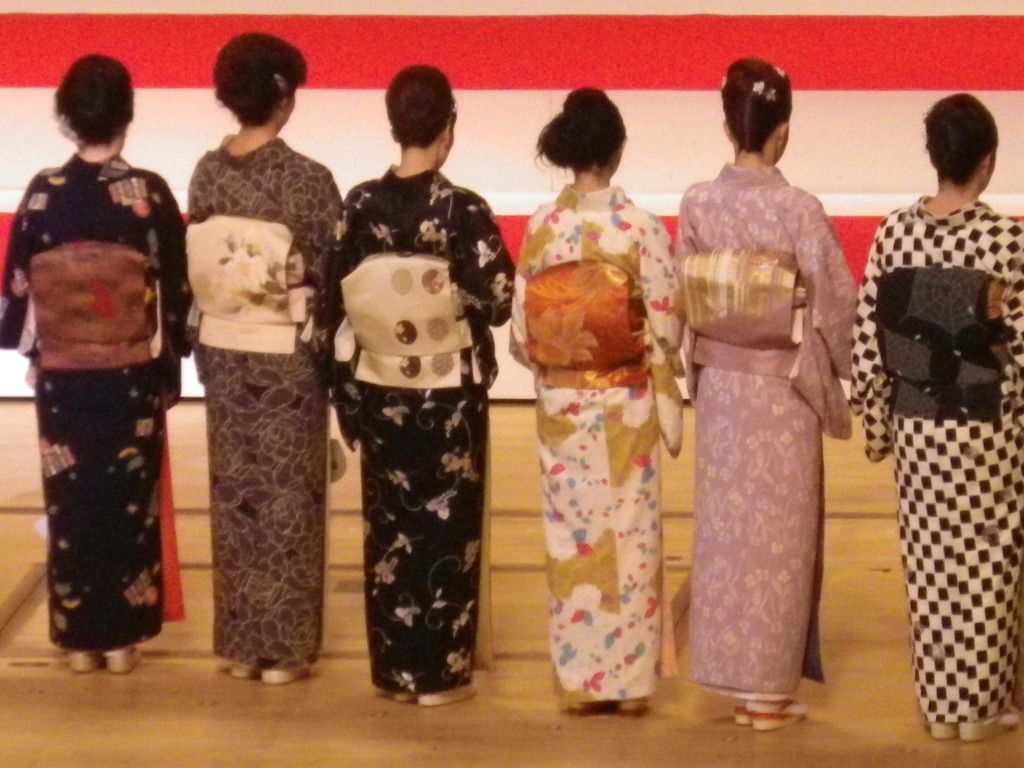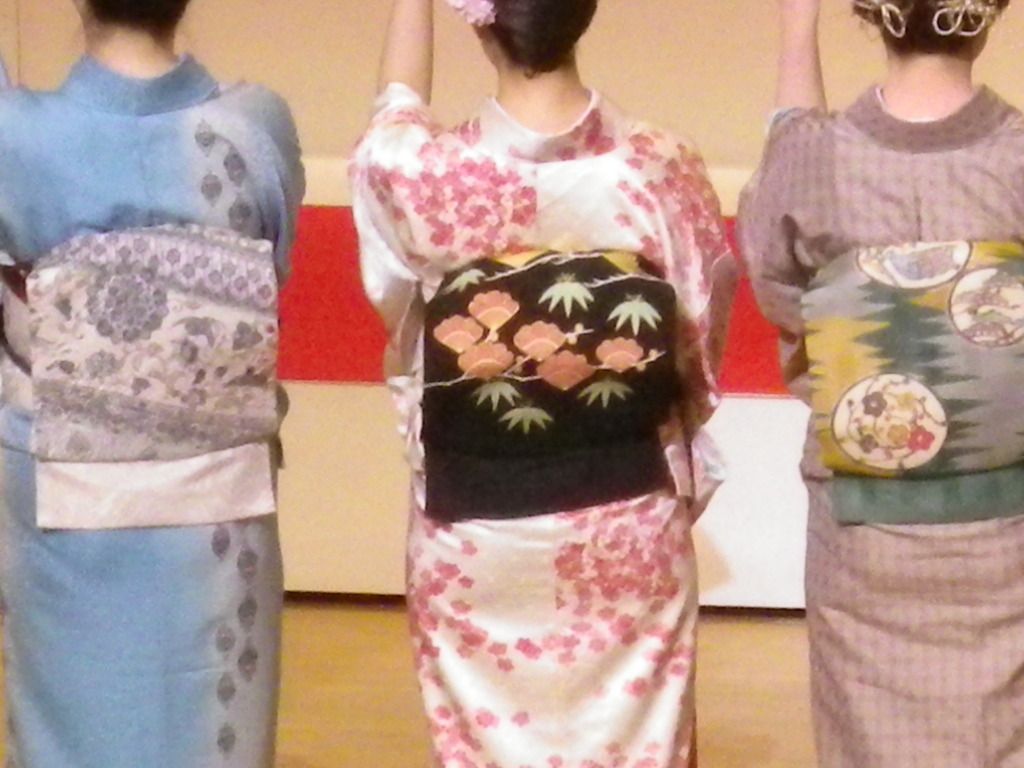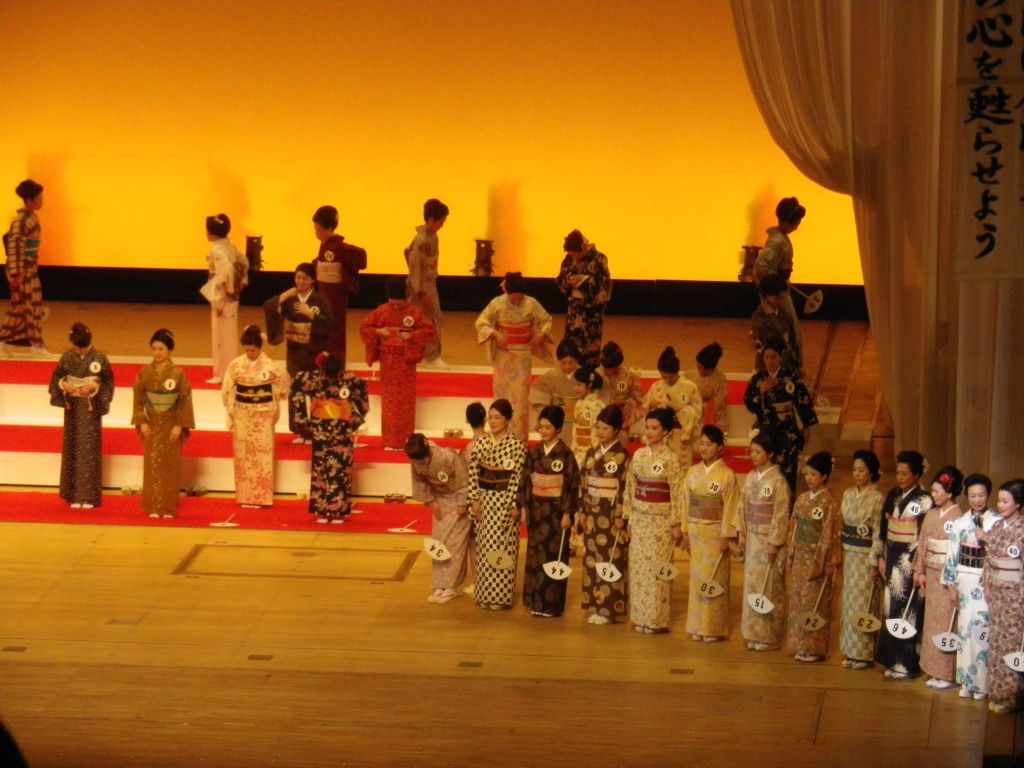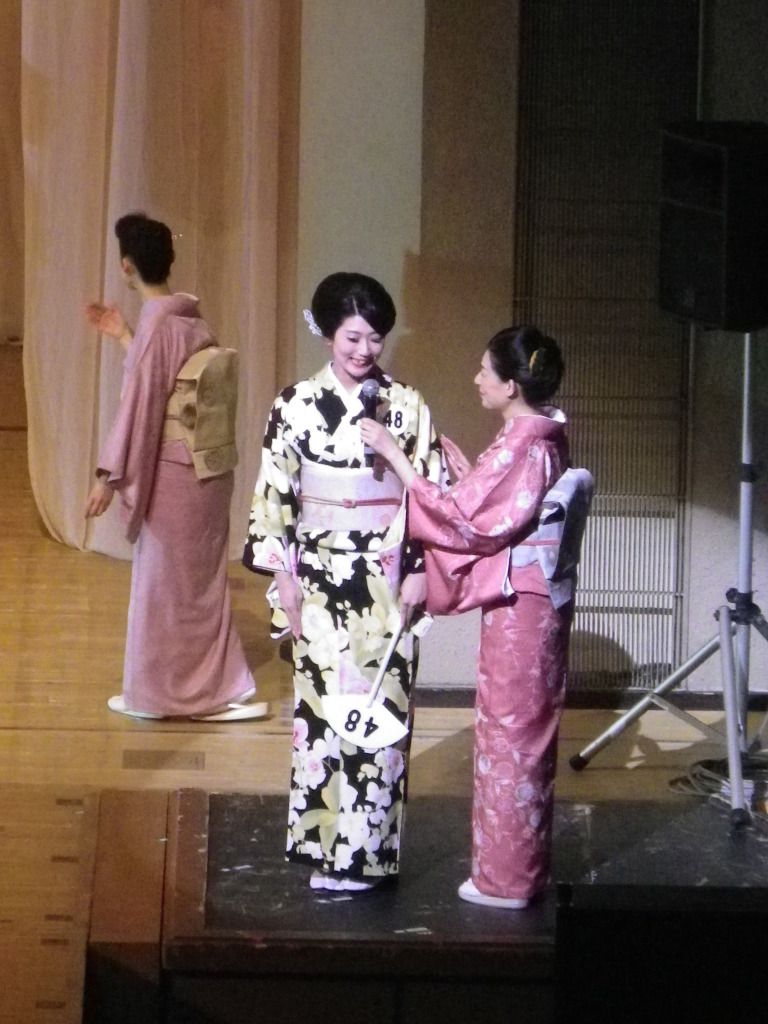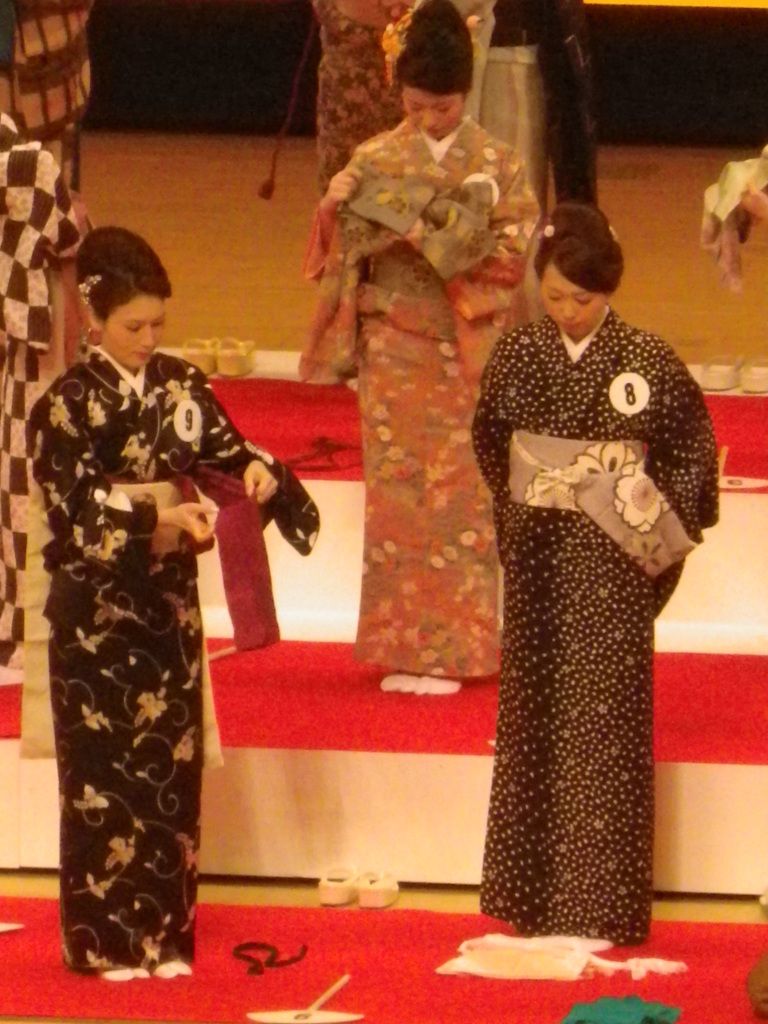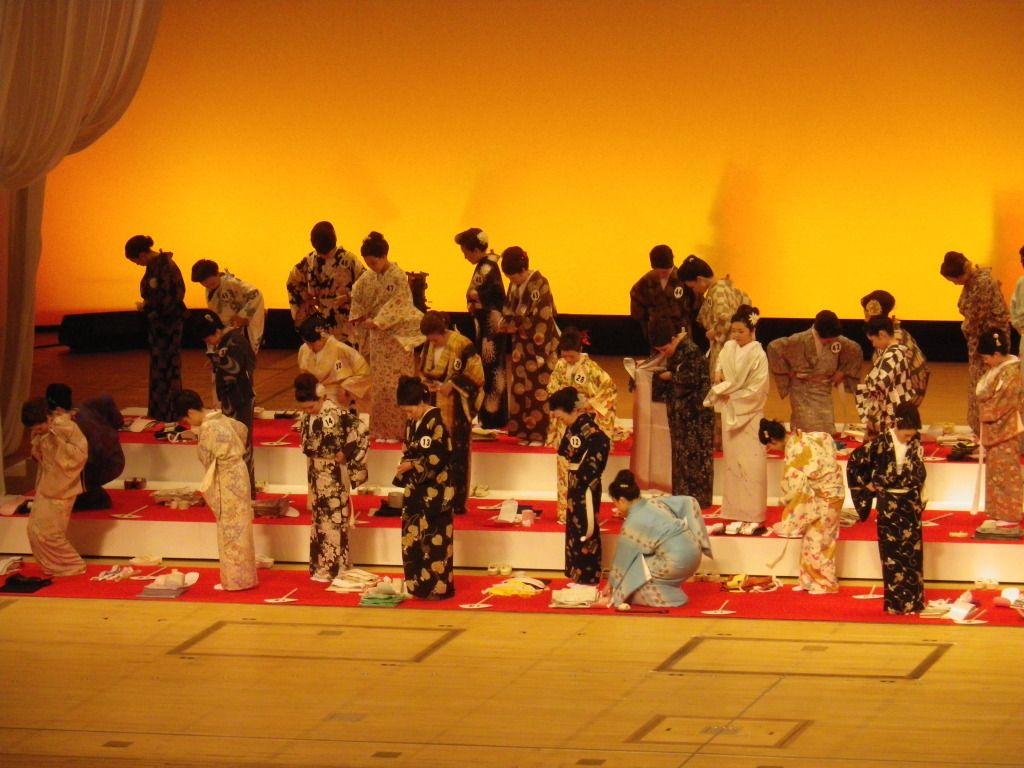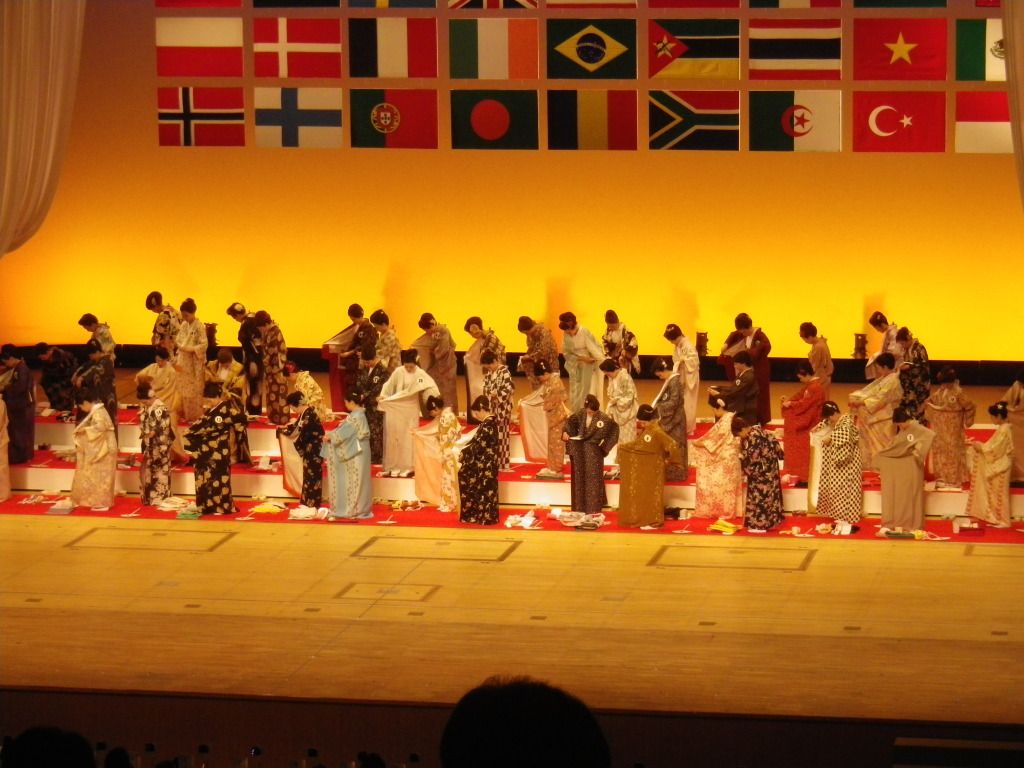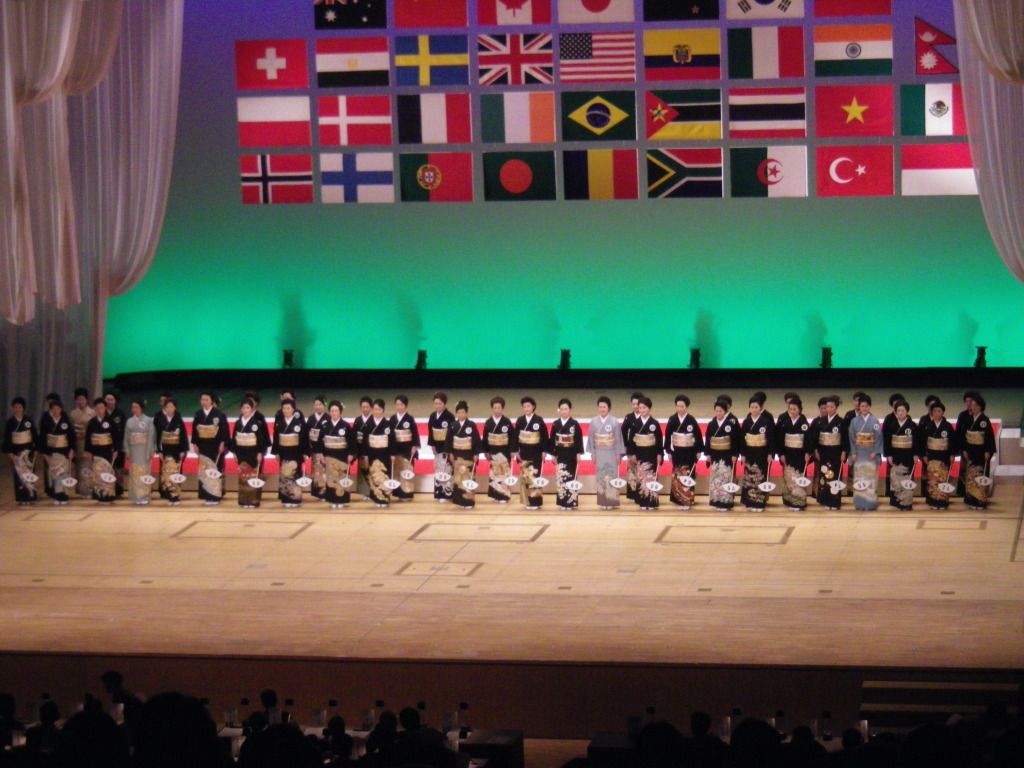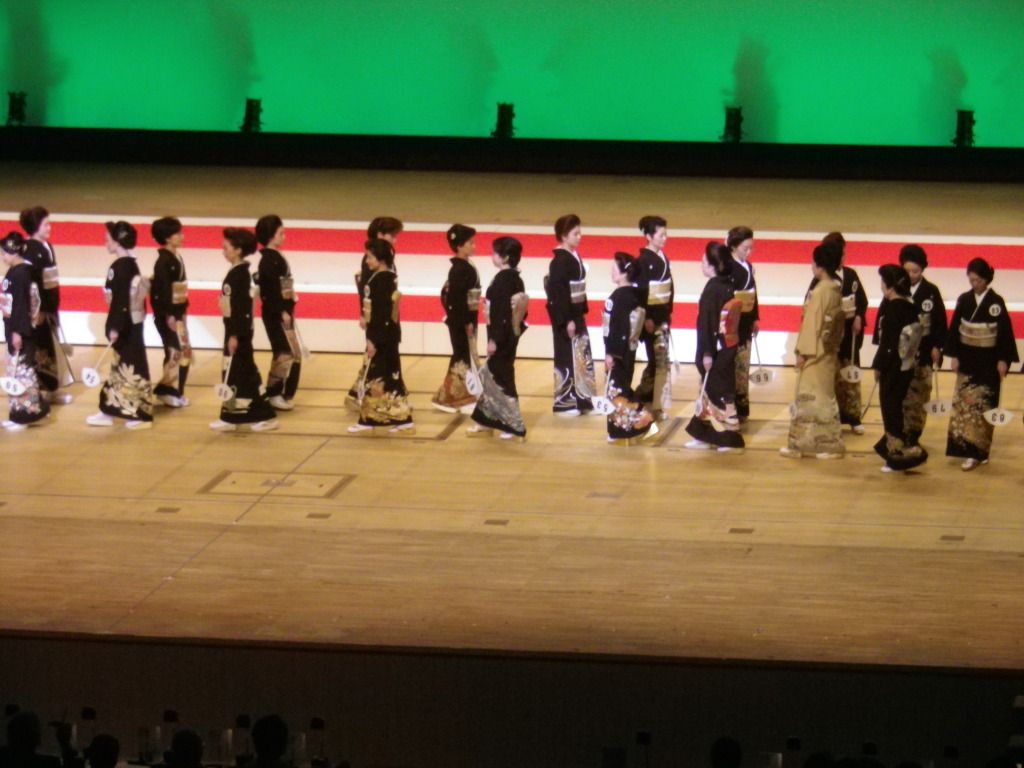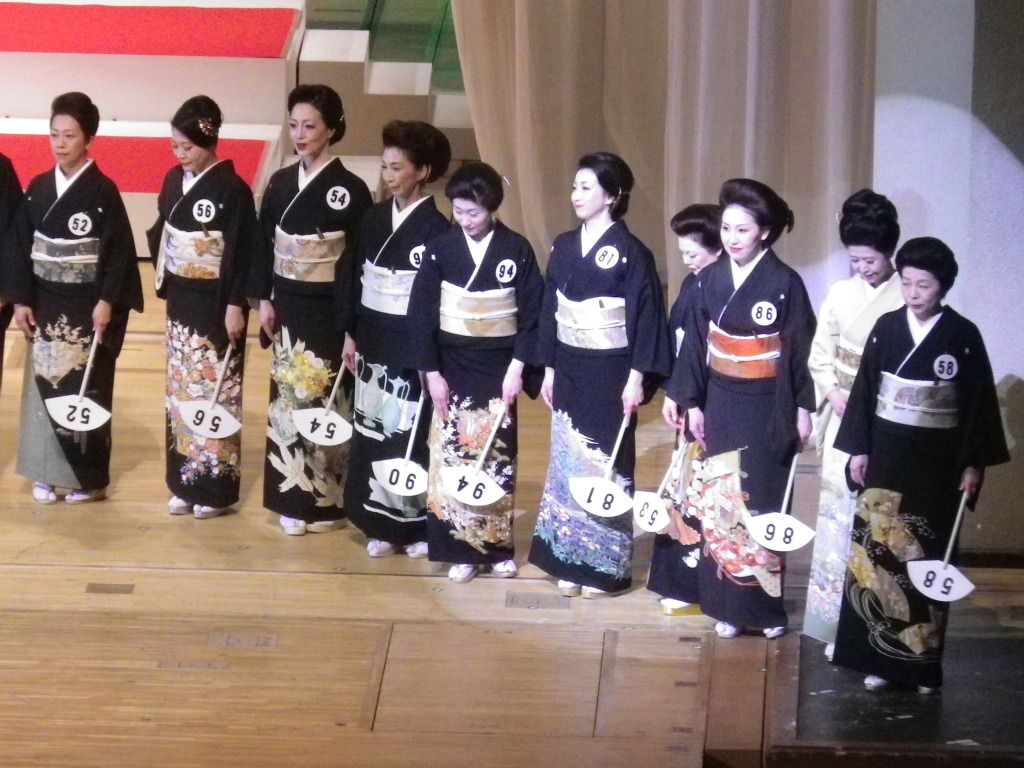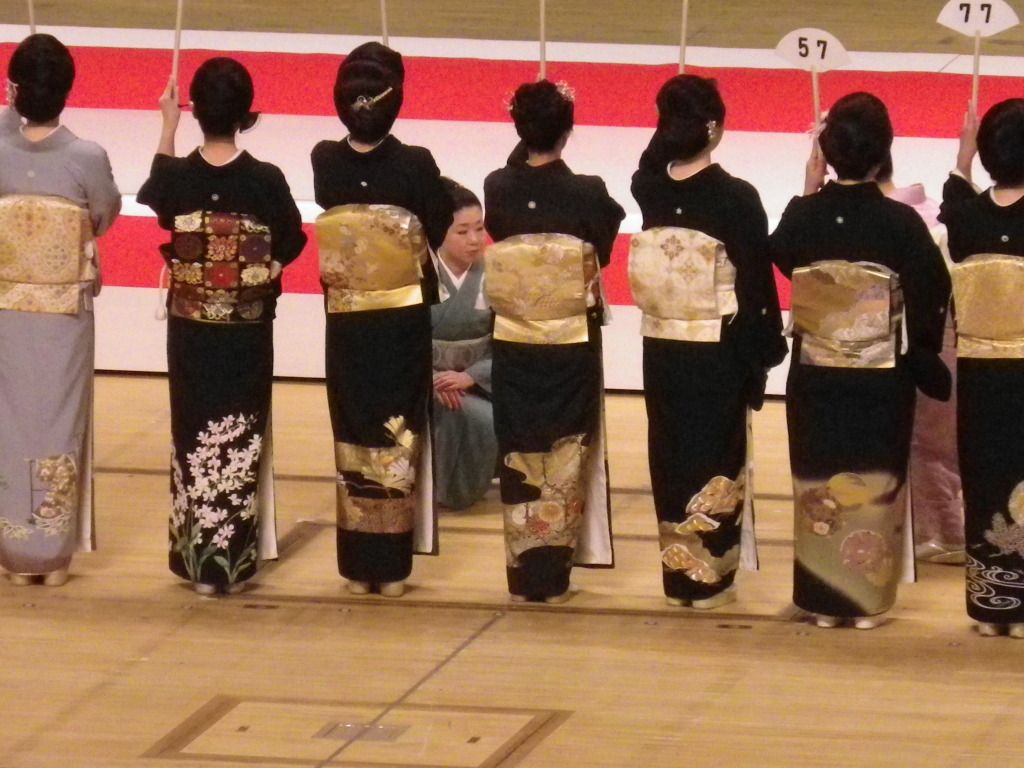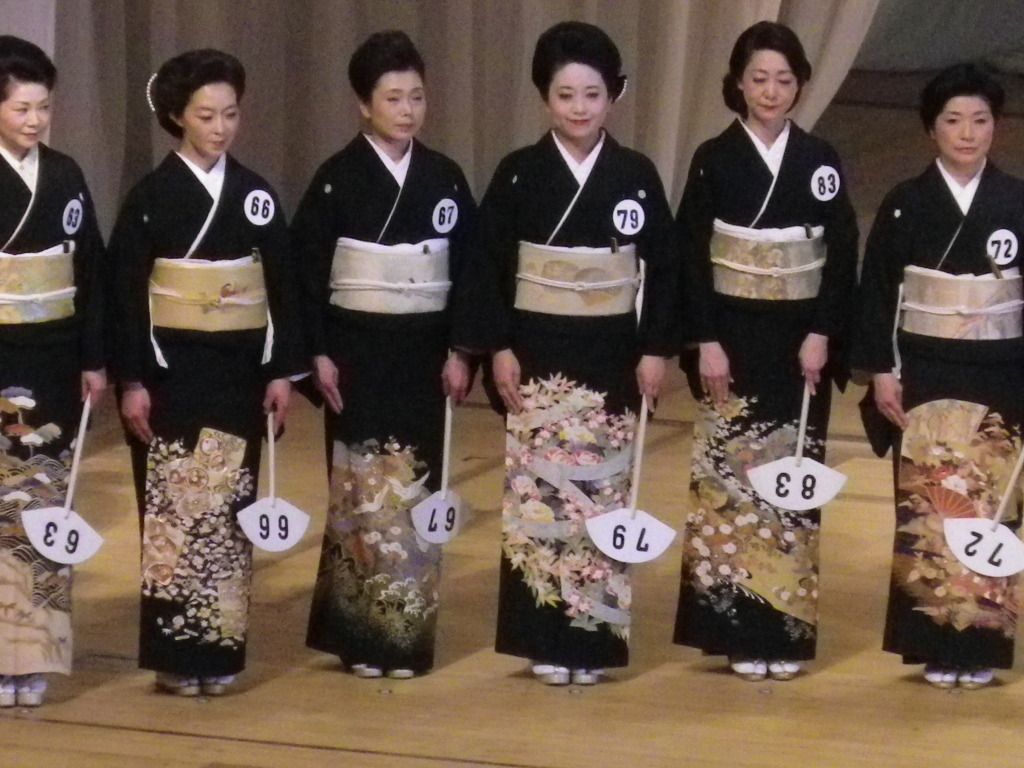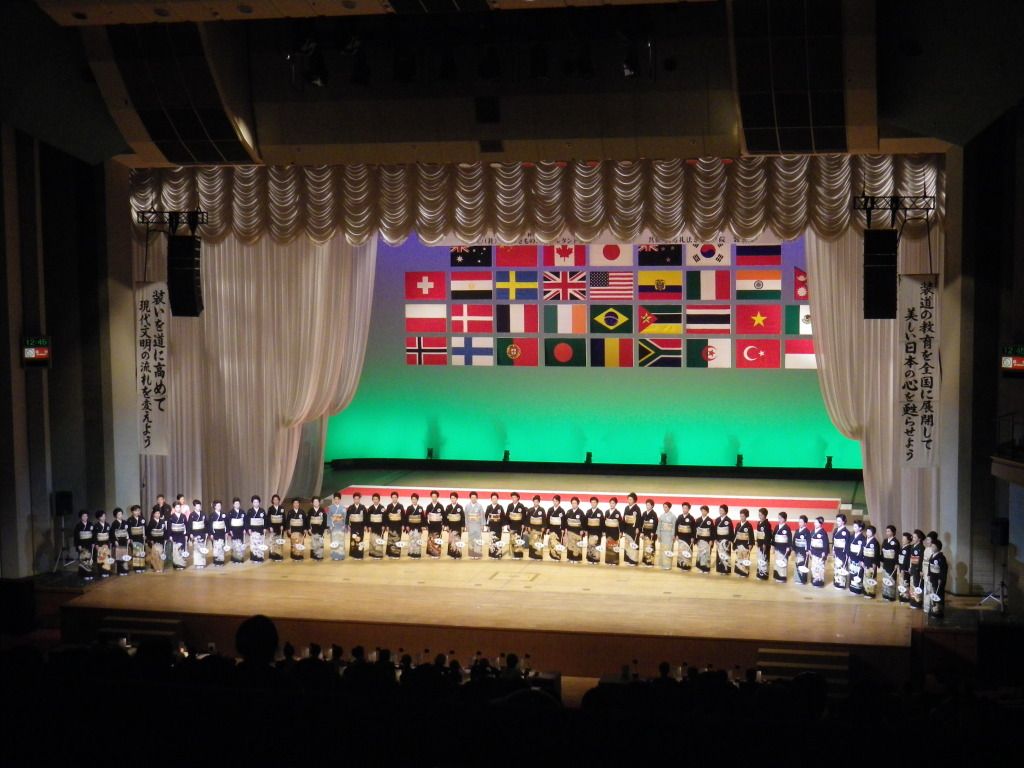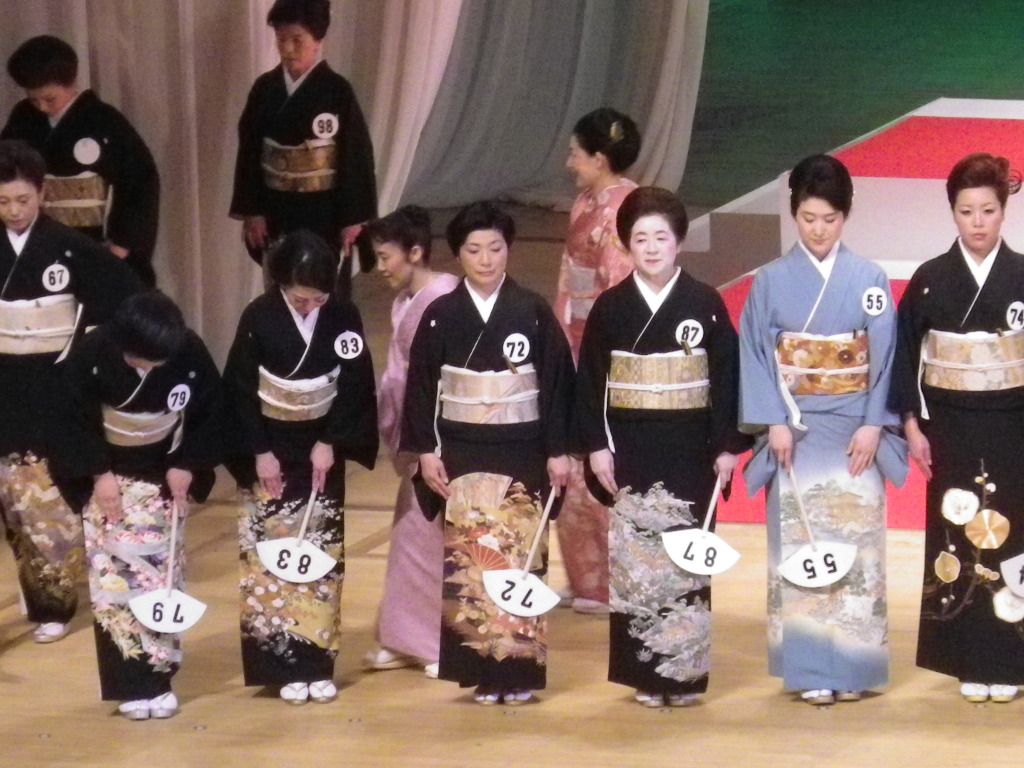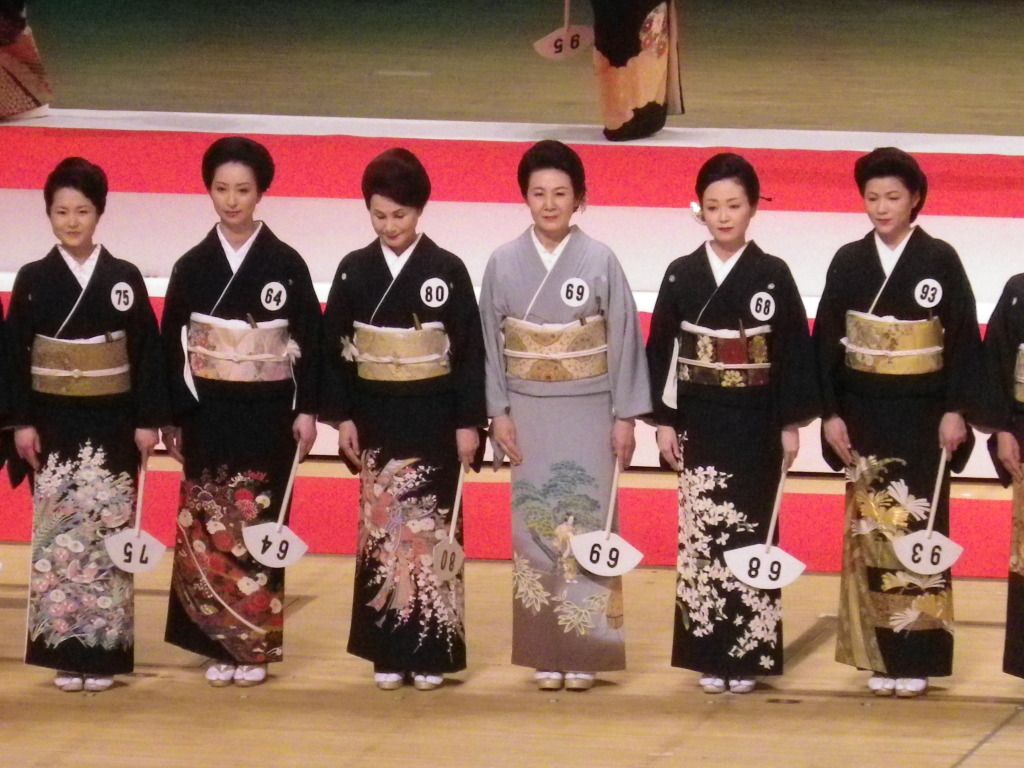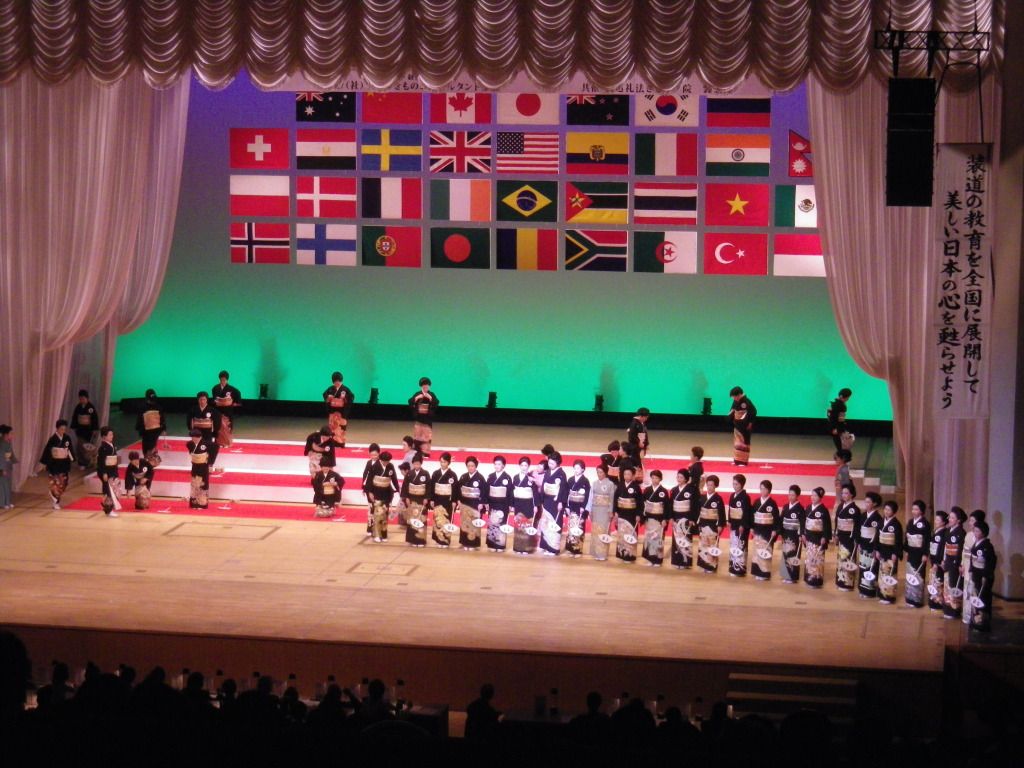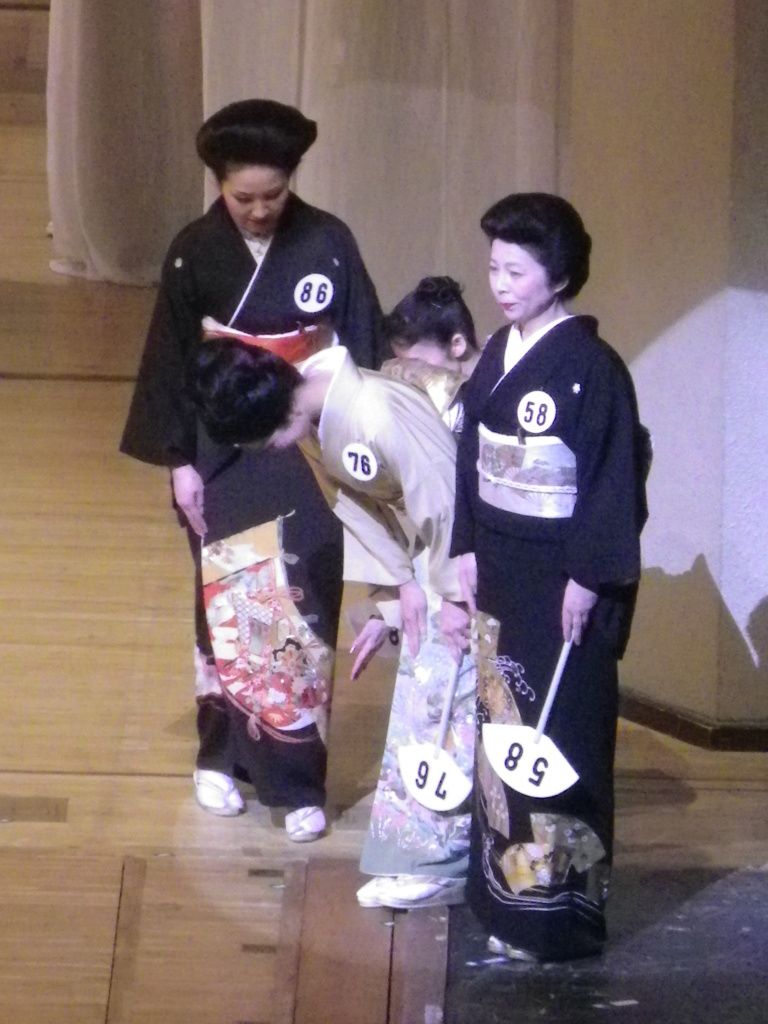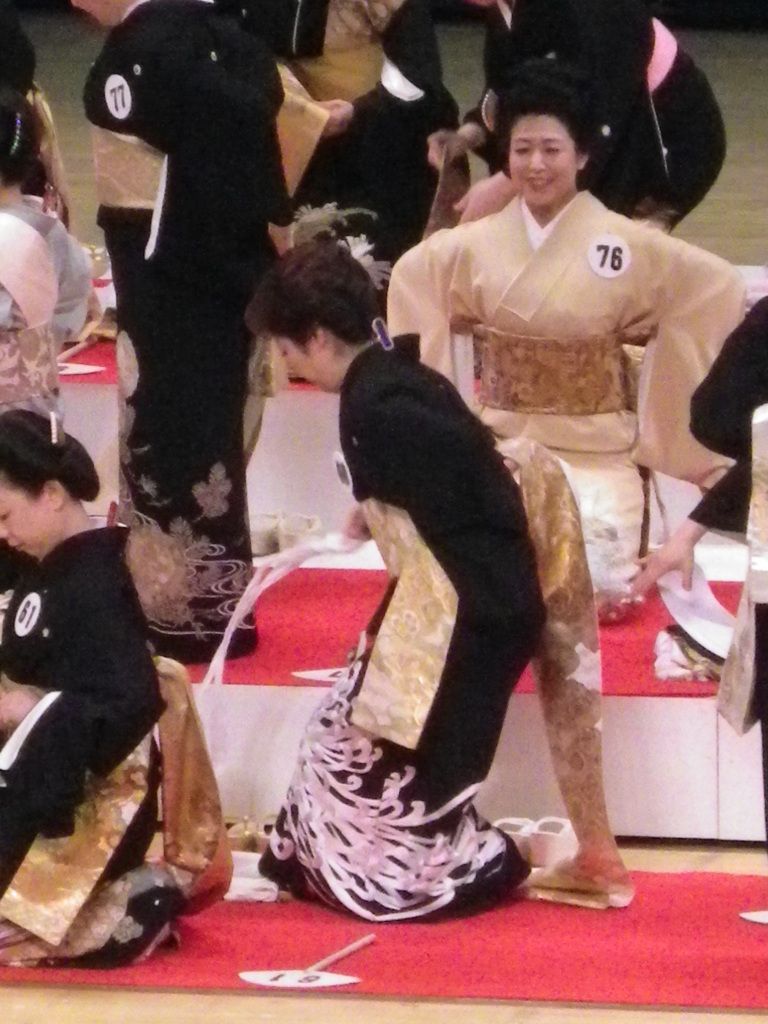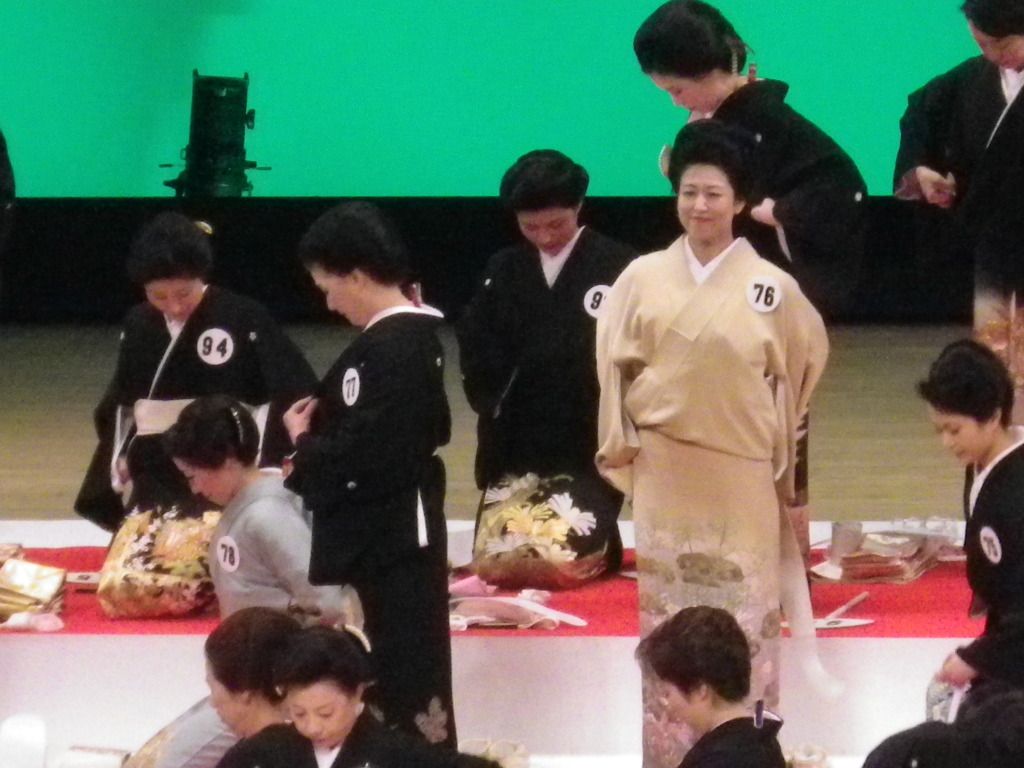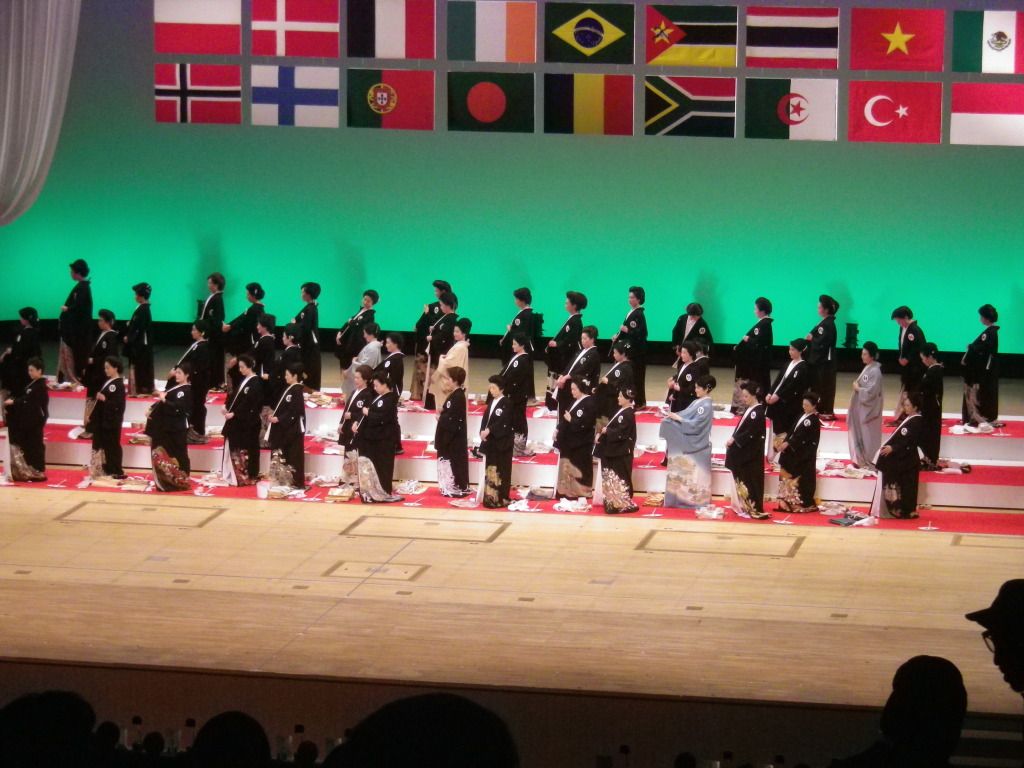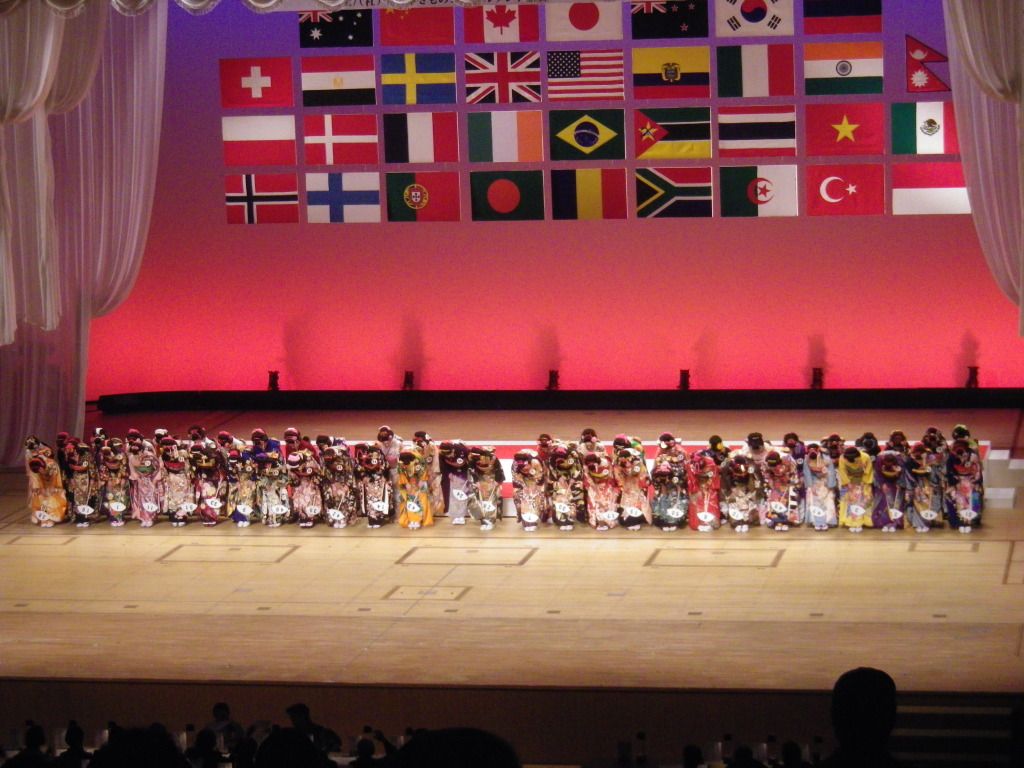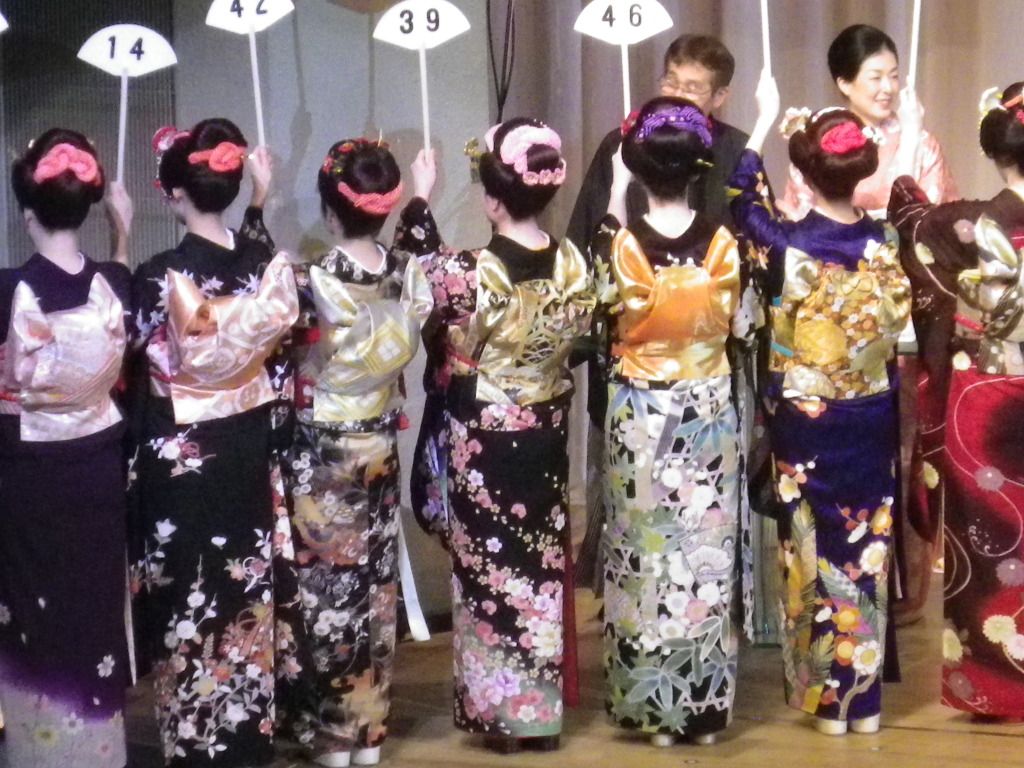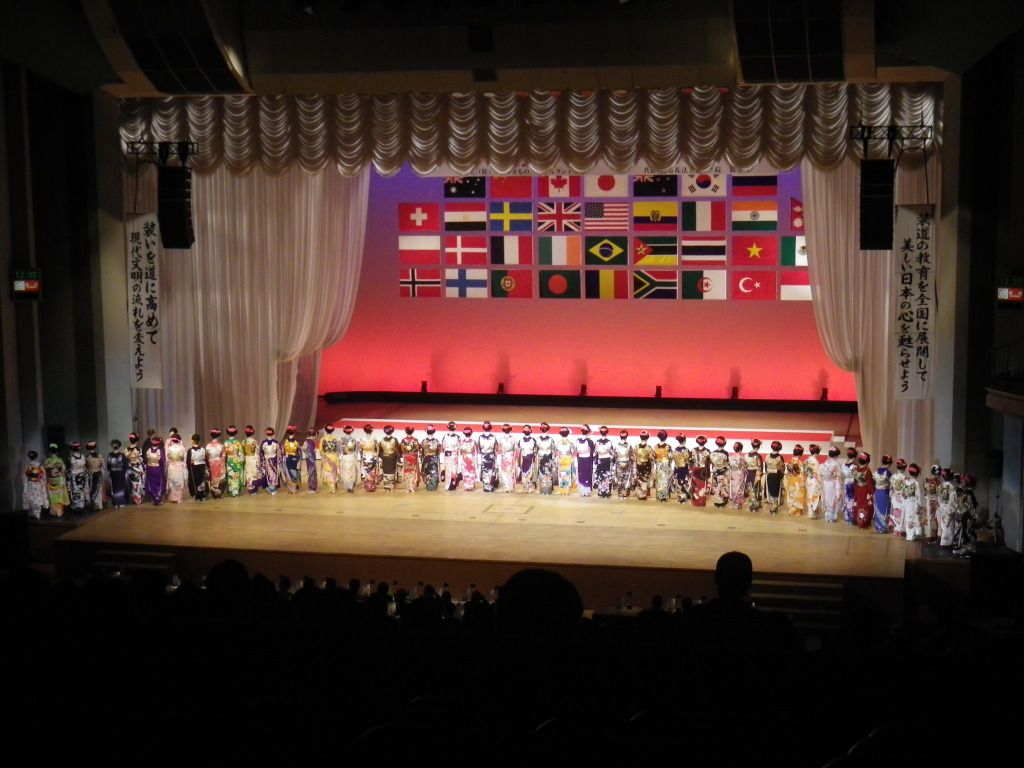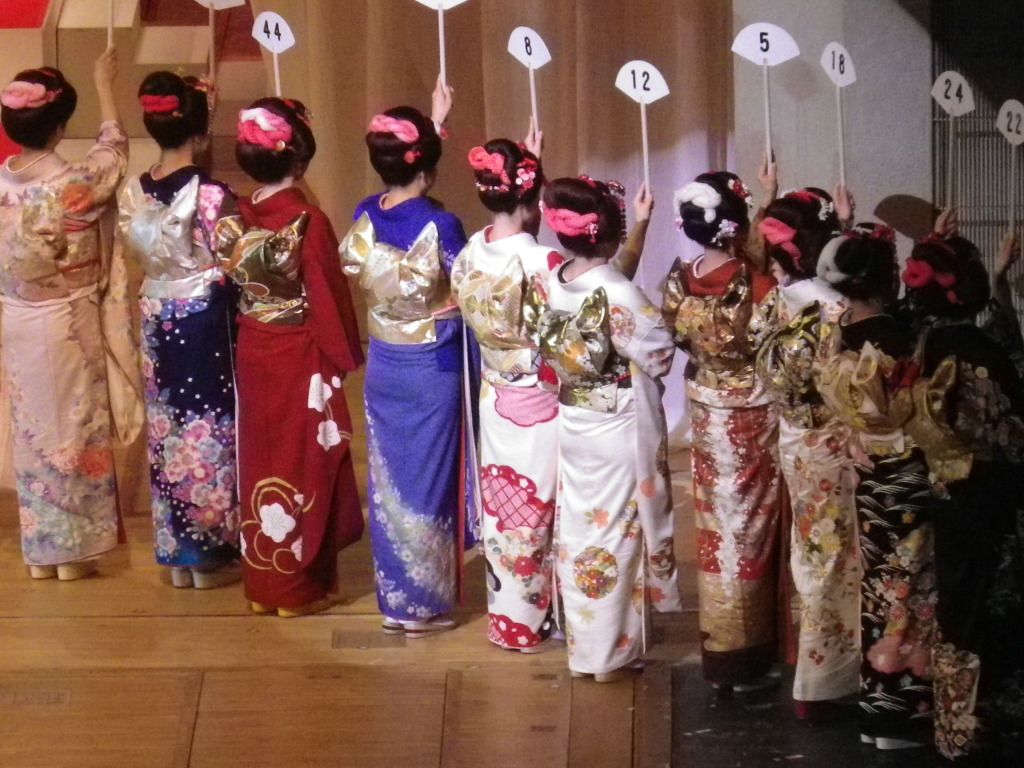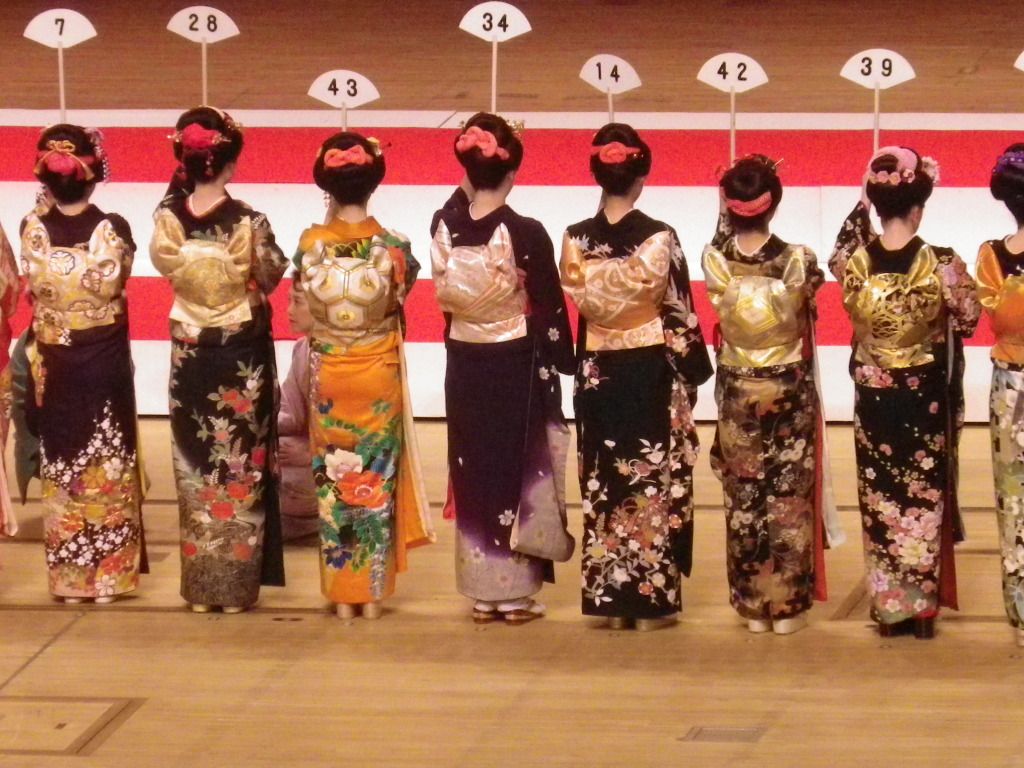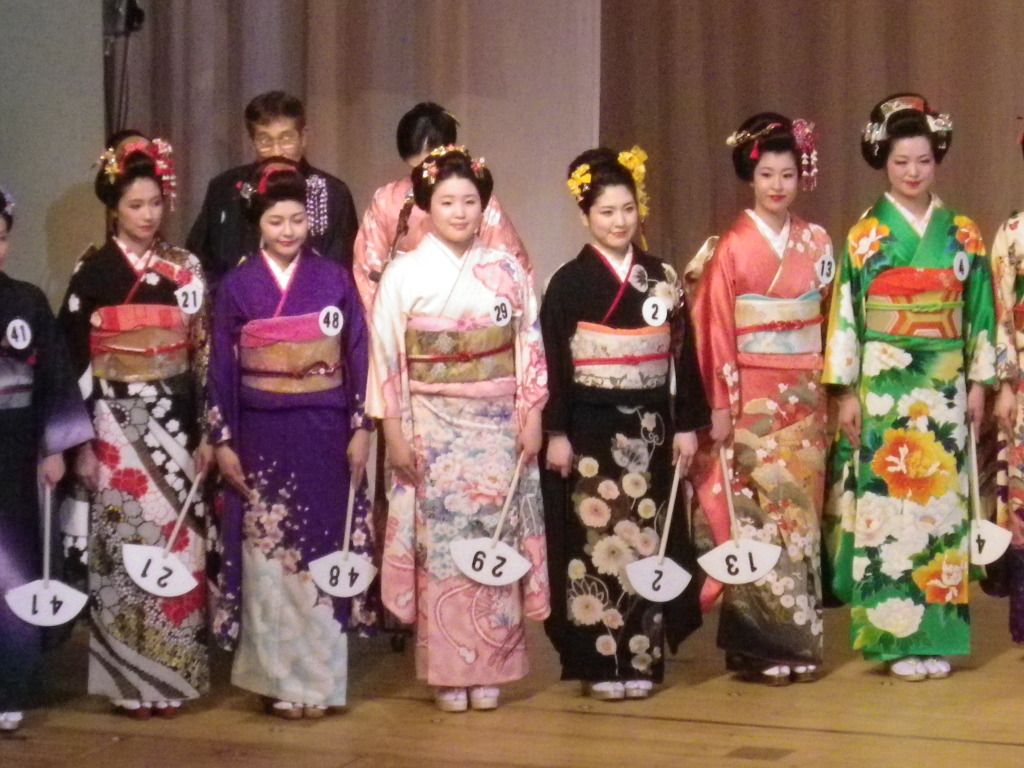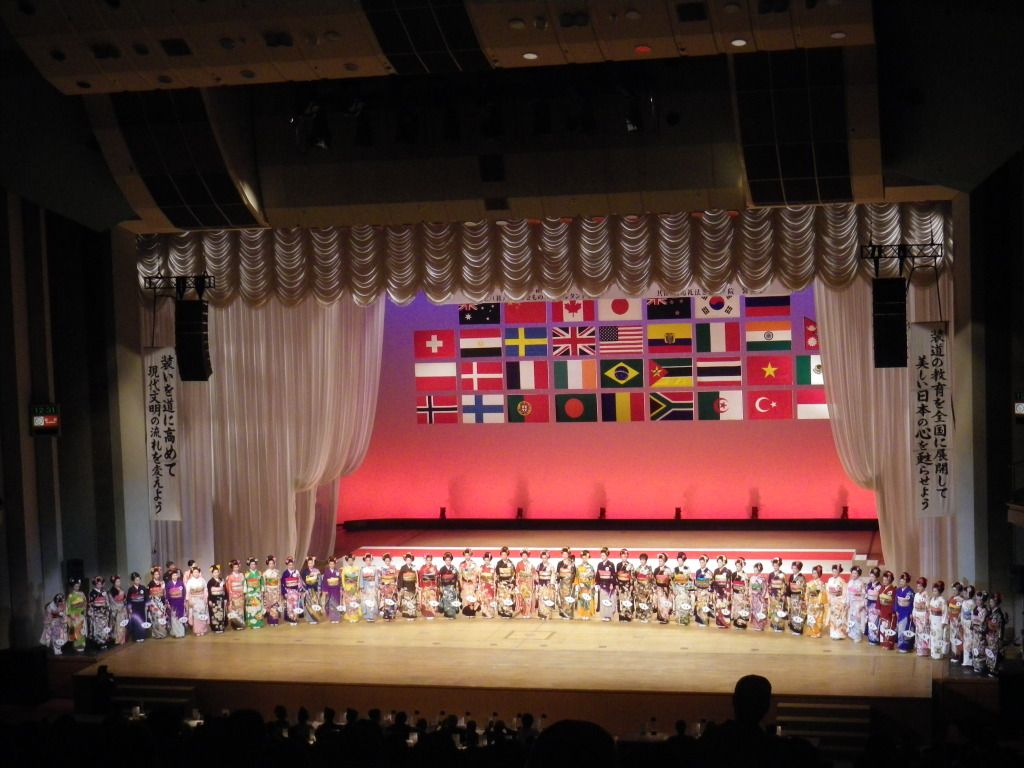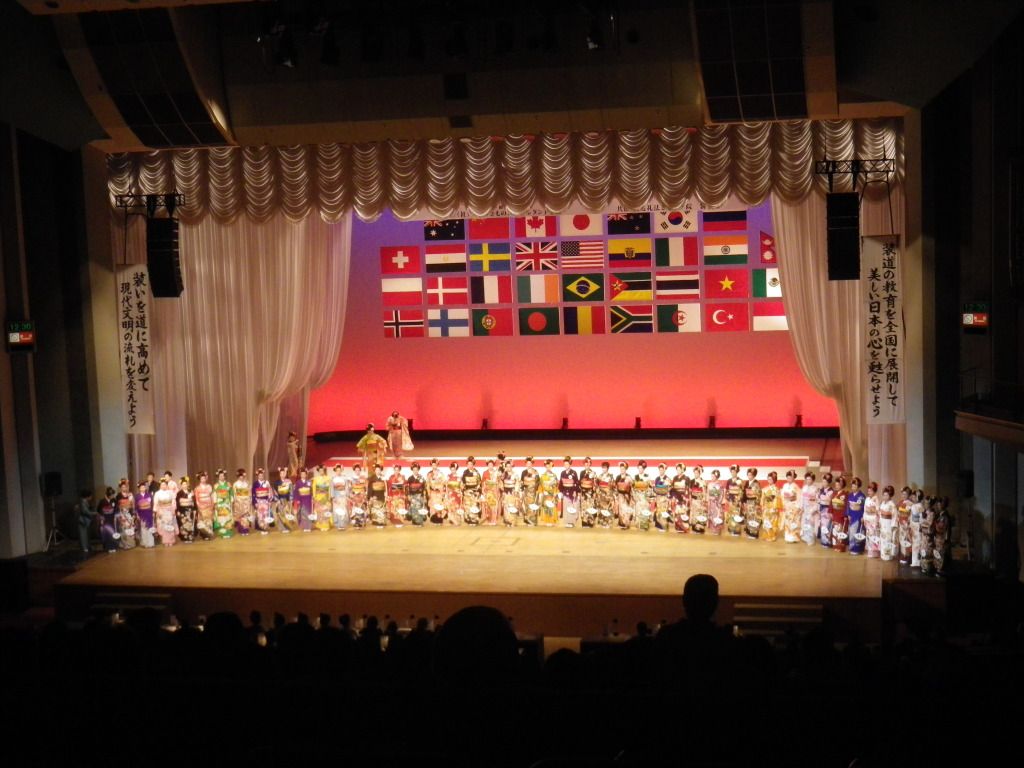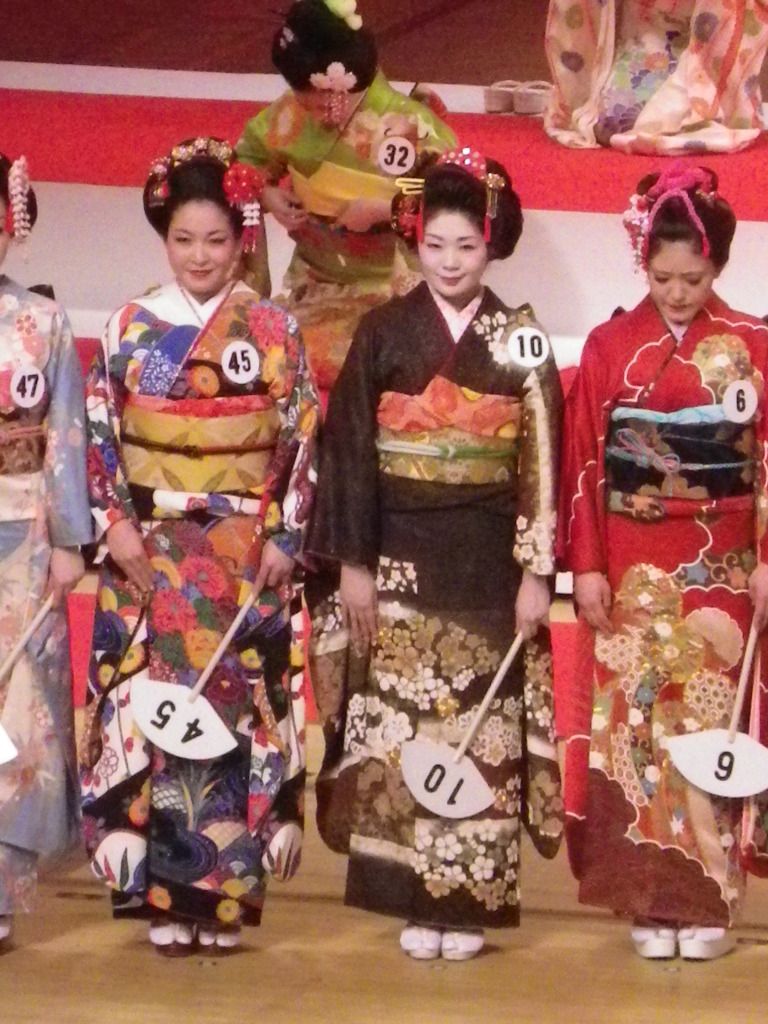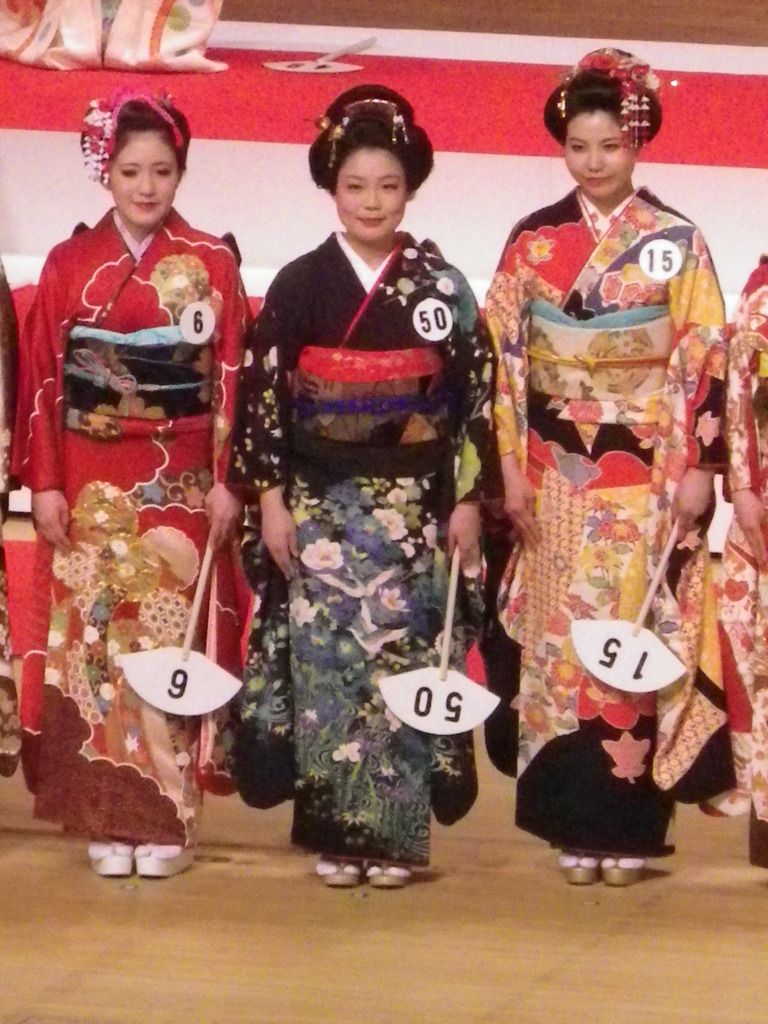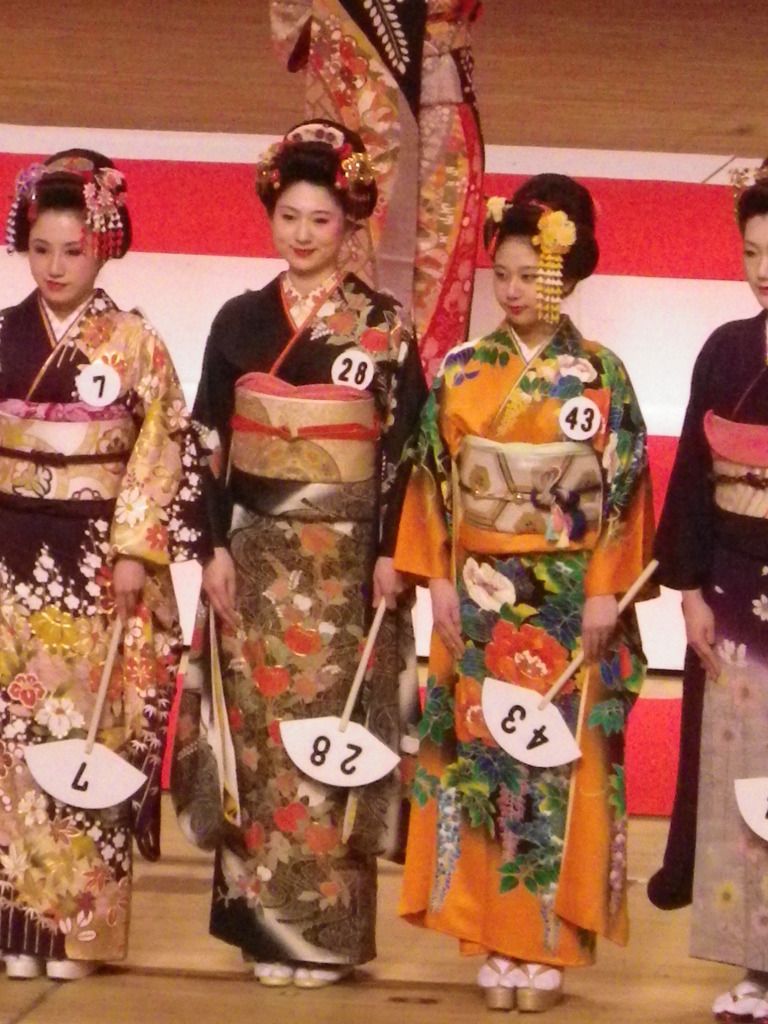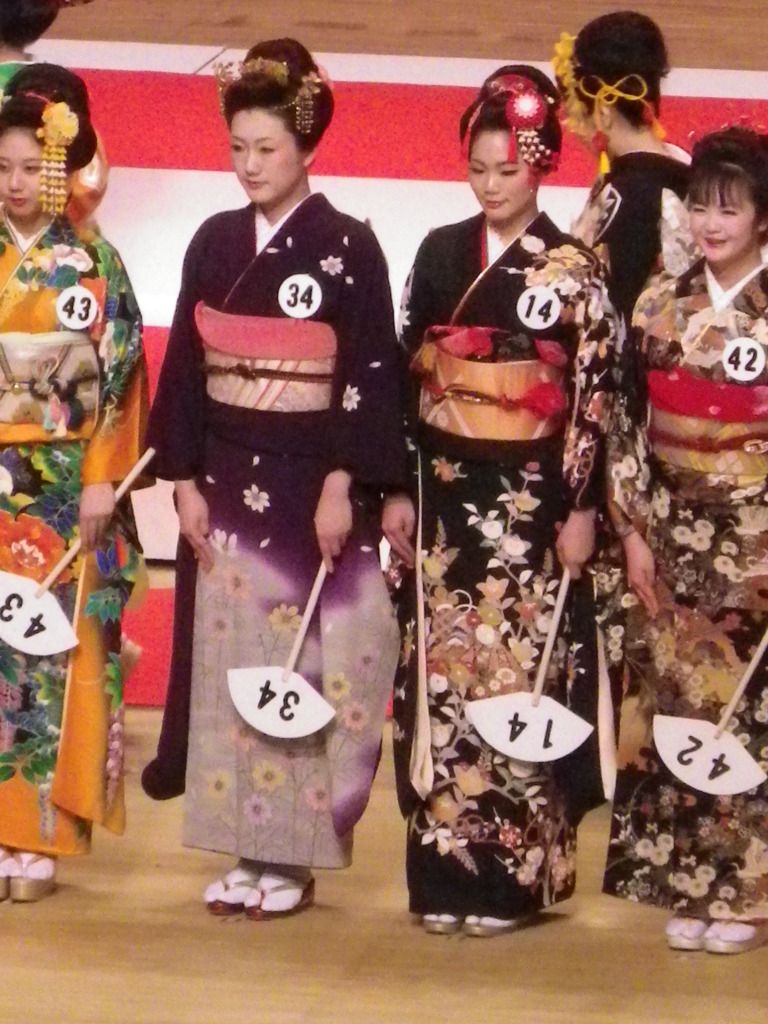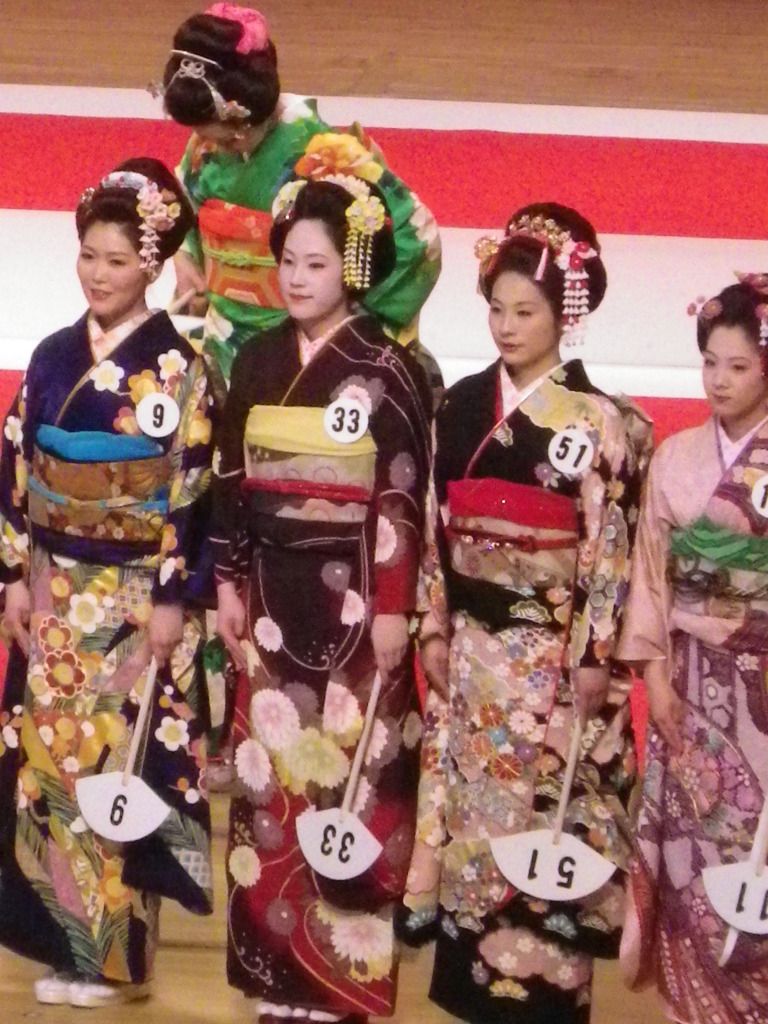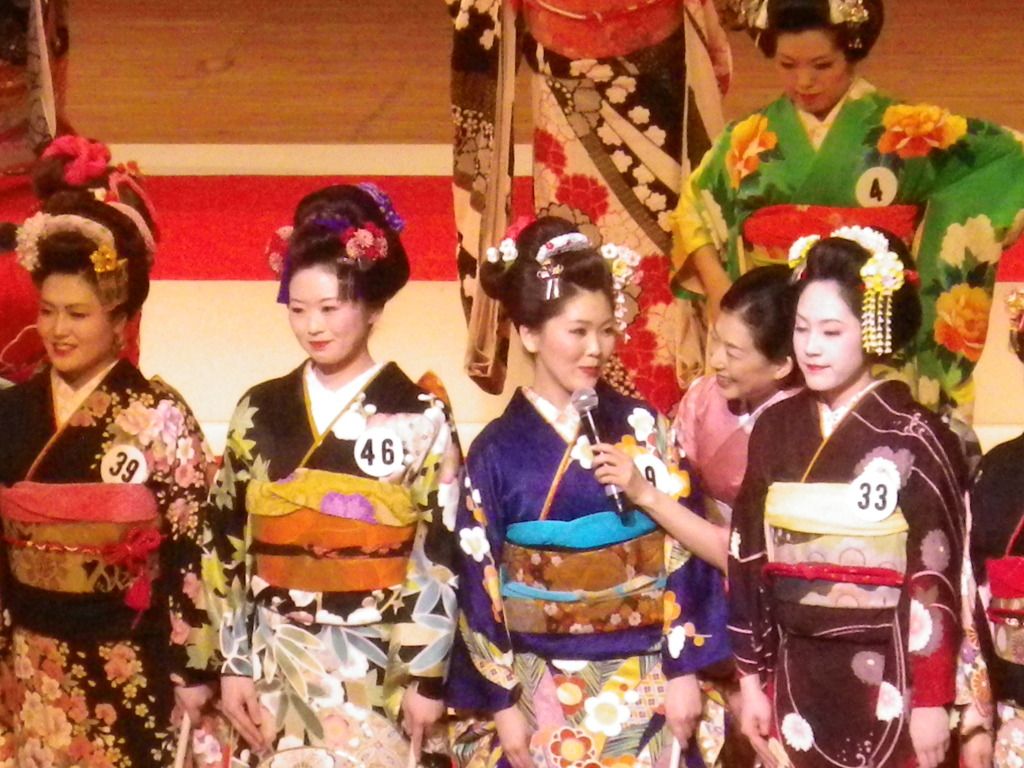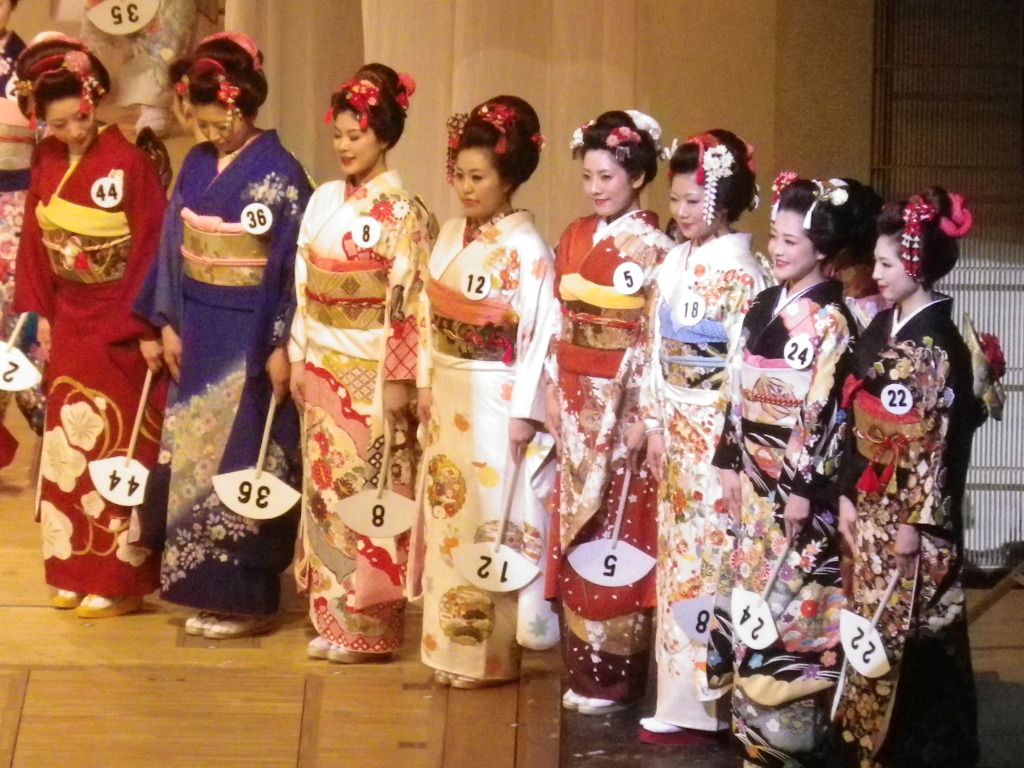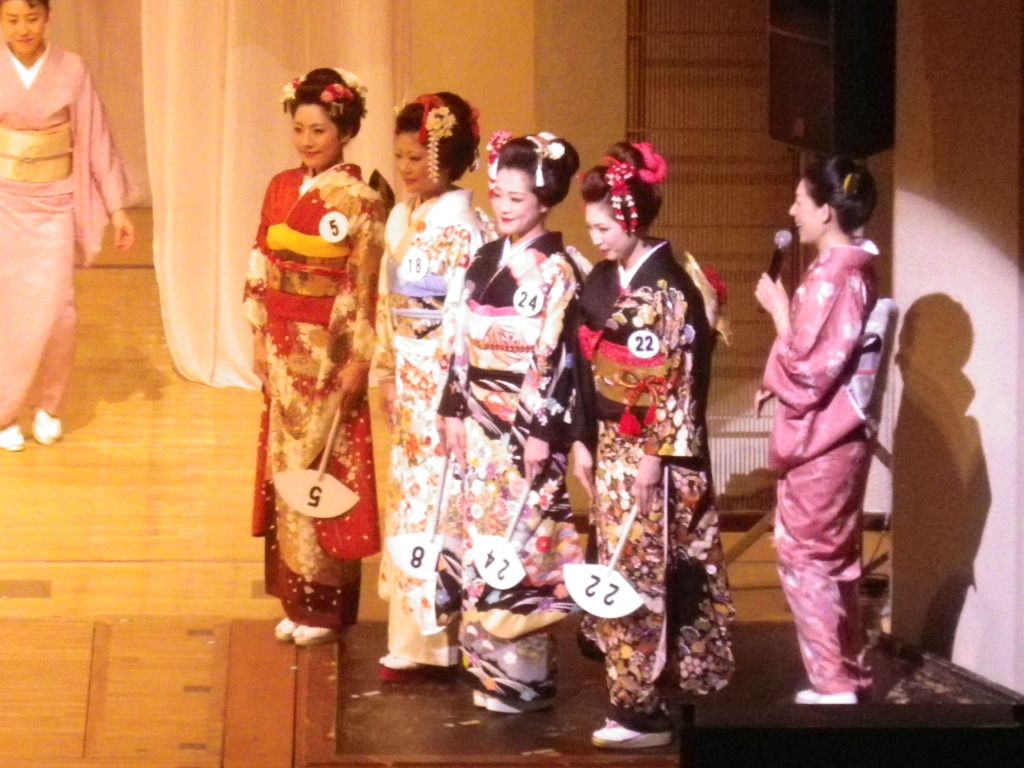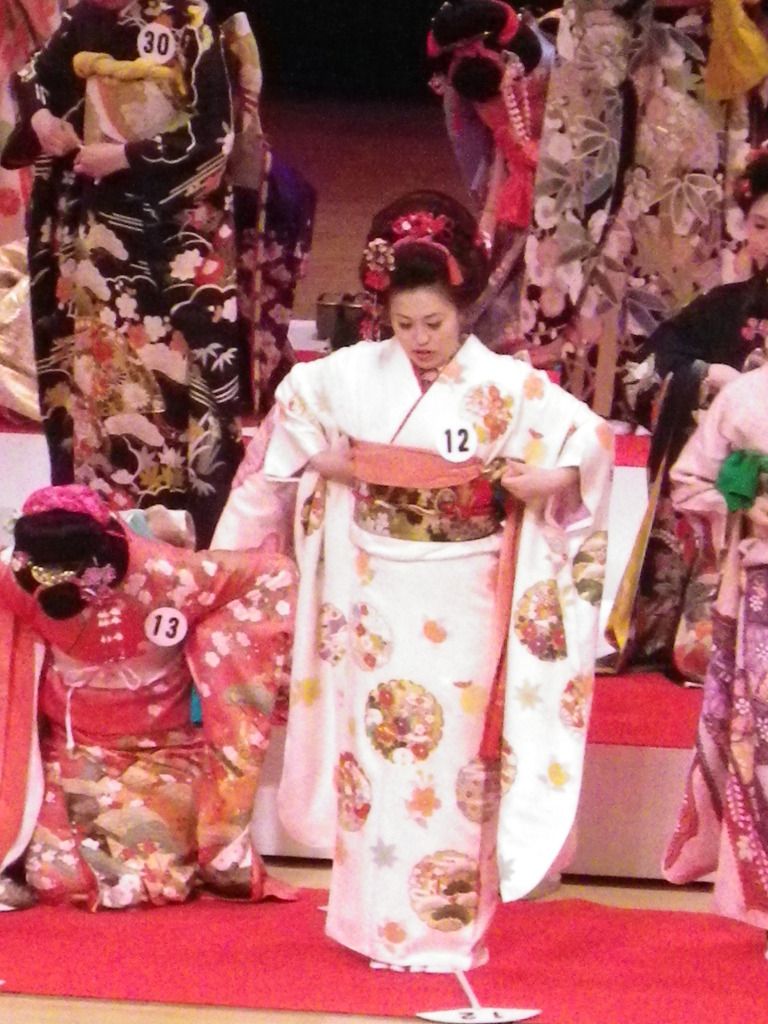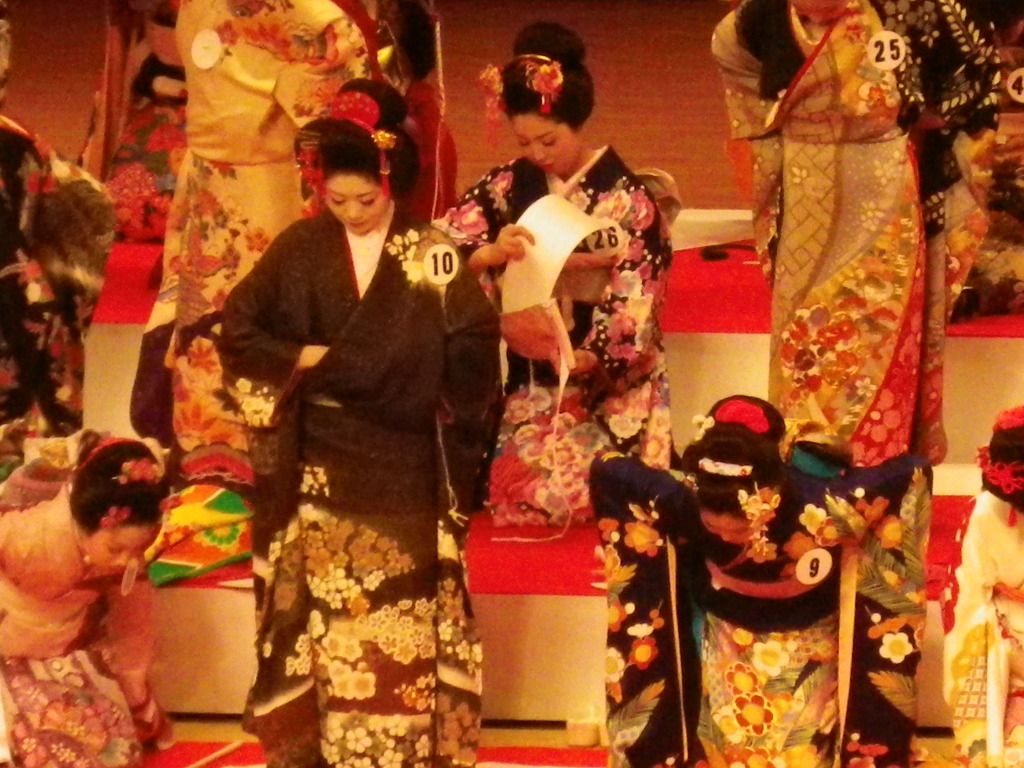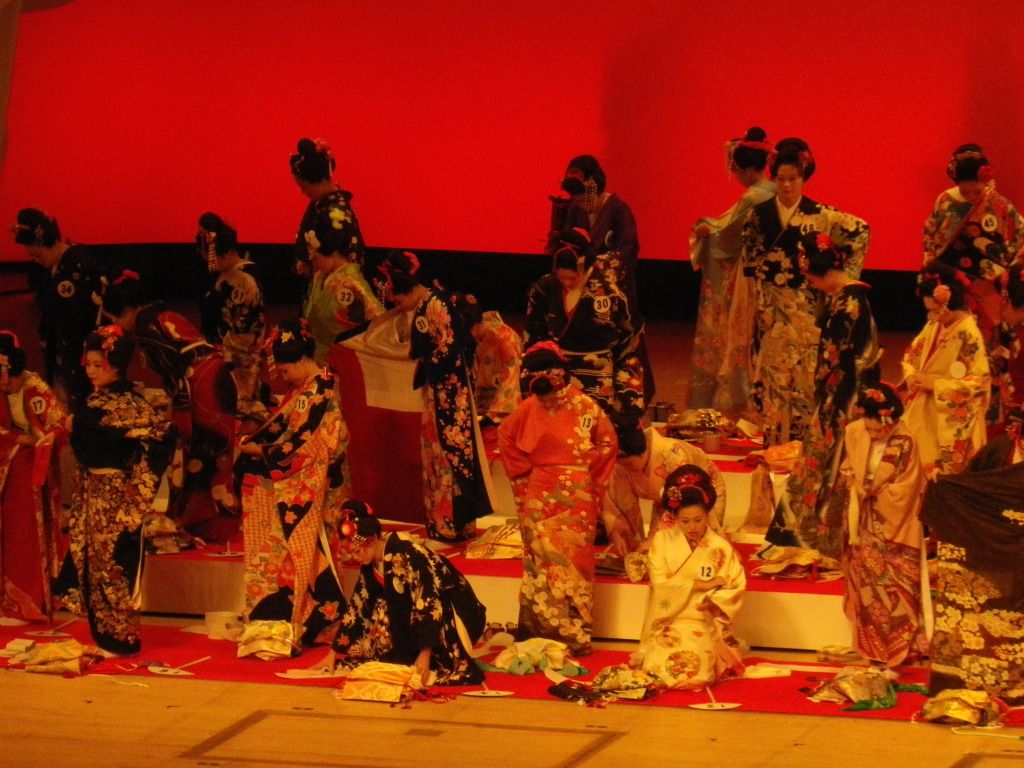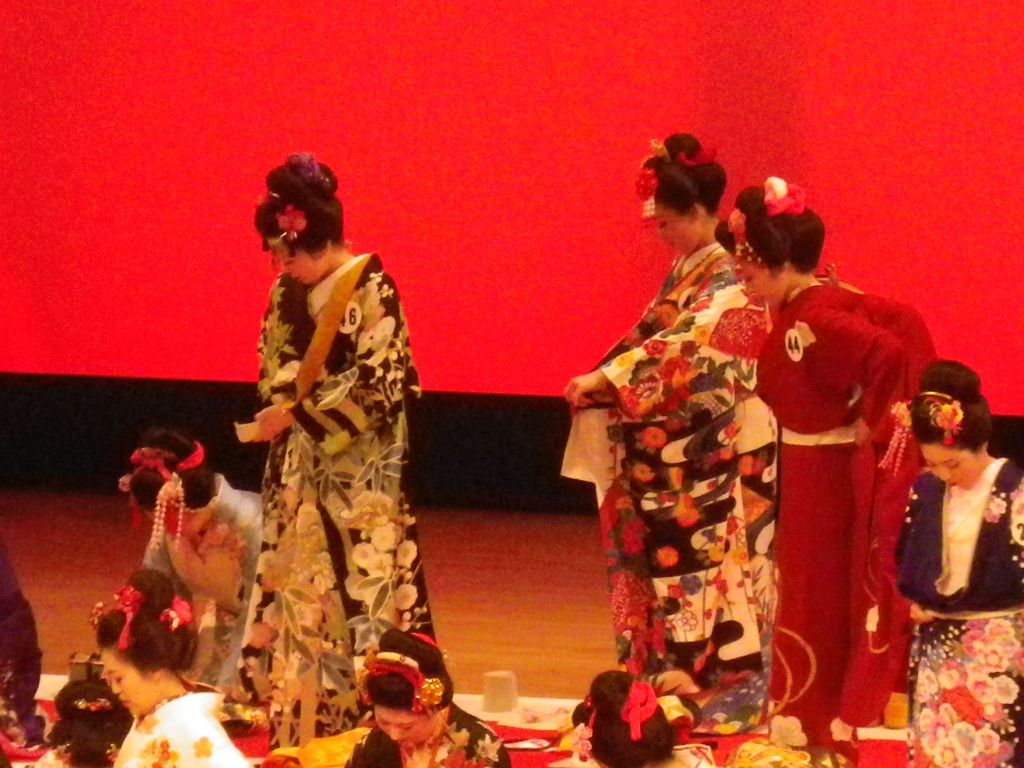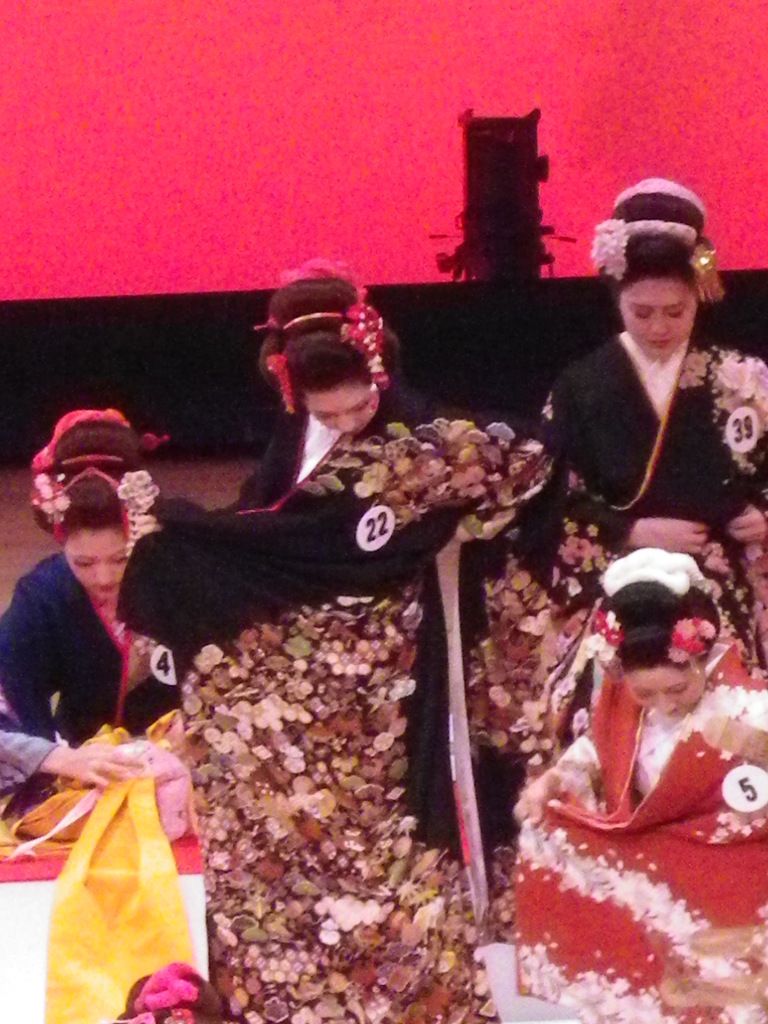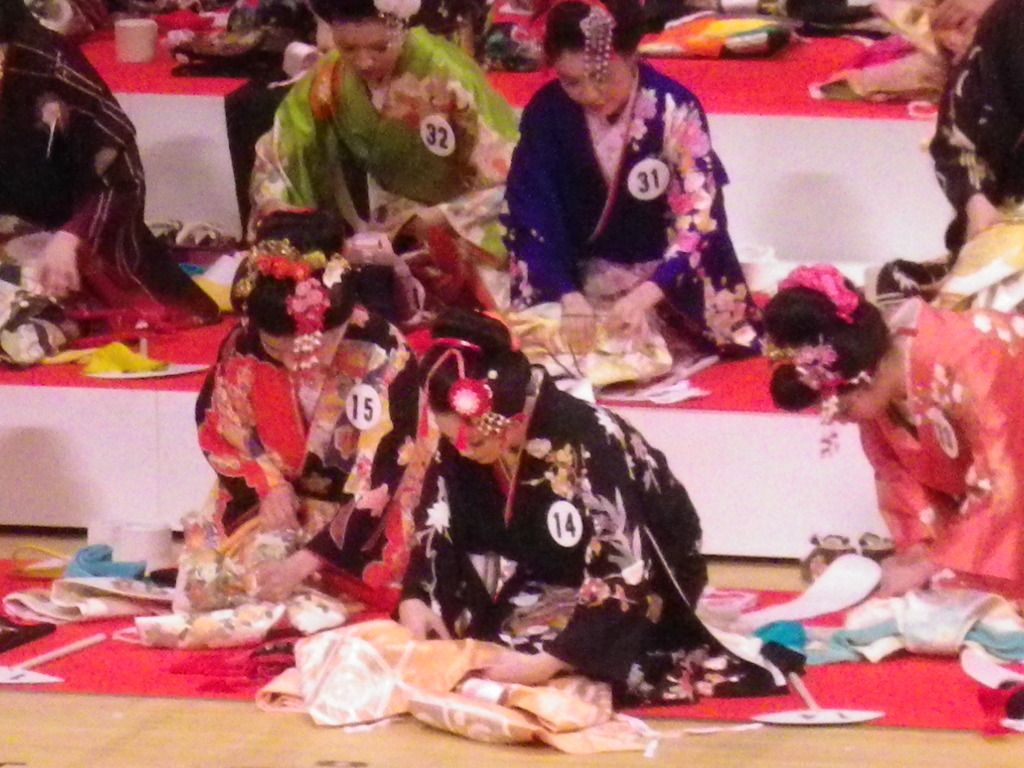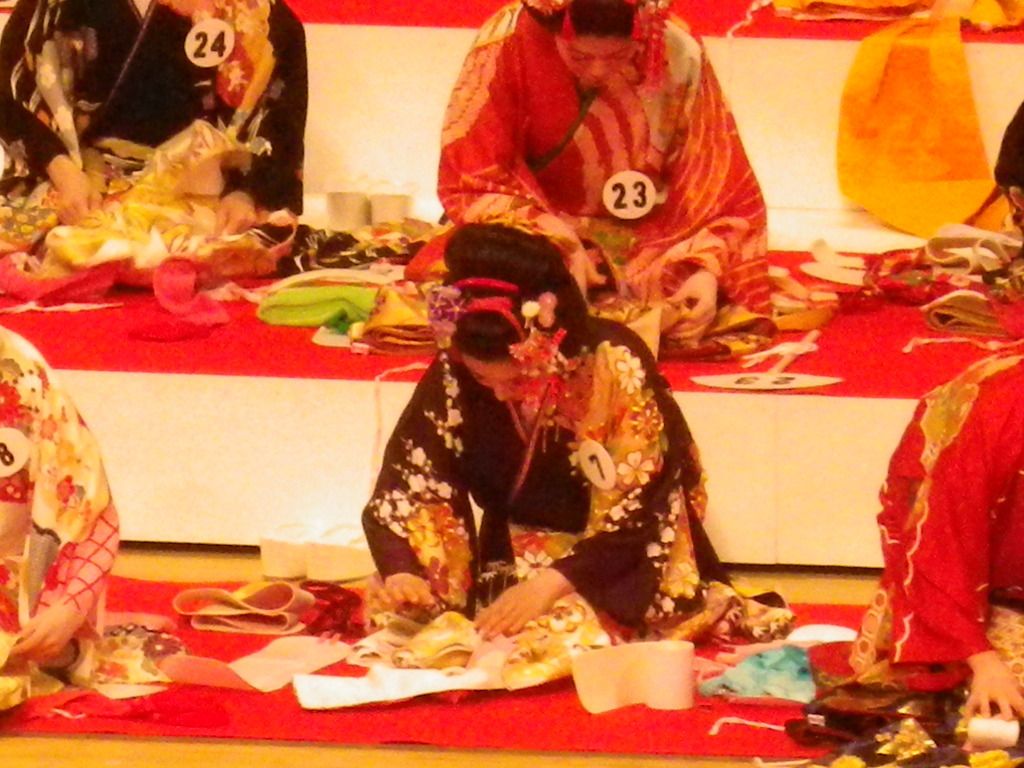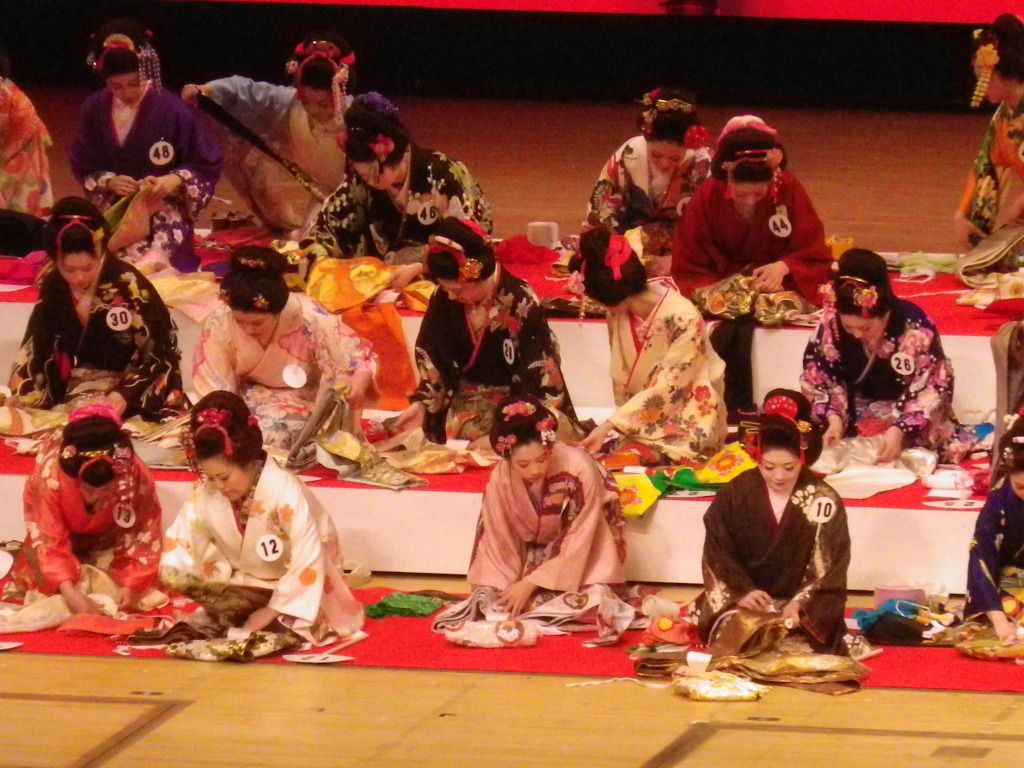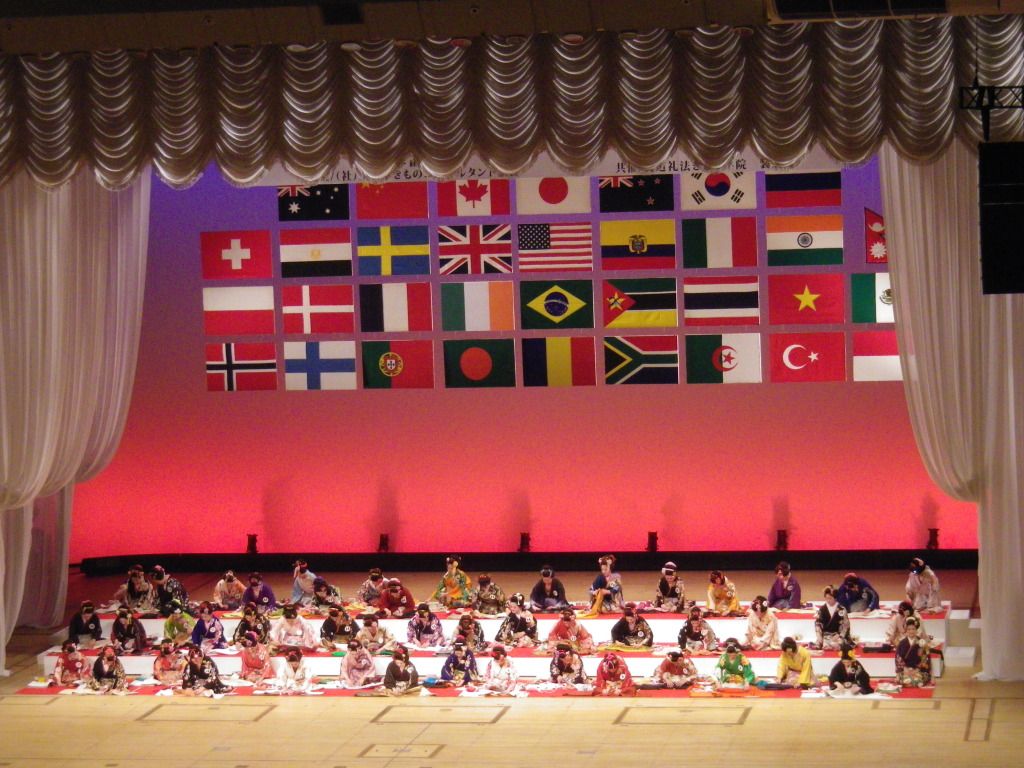Choose Your Future. Now, Restart.
Tuesday, April 7, 2020
Kappa by Akutagawa Ryūnosuke, Foreword
Kappa by Akutagawa Ryuunosuke, Chapter One
CHAPTER ONE
Kappa by Akutagawa Ryuunosuke, Chapter Two
CHAPTER TWO
When I regained consciousness, I was lying face up surrounded by kappa. One, kneeling beside me, was pressing a stethoscope to my chest, a pair of pince-nez on his beak. Meeting my eyes, he gestured for there to be quiet, then made a quack quack noise to someone behind him. Two kappa came up carrying a stretcher. Lifting me onto it, they bore me through the middle of a great crowd of kappa and into some kind of village. To either side of me the street could hardly be distinguished from the Ginza. There were rows of beech trees, and in their shade various stores, with vehicles passing between them.
Before long, the stretcher carrying me turned onto a narrow lane, and we entered a house. I later learned this belonged to the pince-nez wearing kappa from before, who turned out to be a doctor named Chak. He put me in a tidy bed and gave me a dose of clear medicine. I let him do whatever he wanted, for my joints hurt so much I was unable to move.
Every day Chak gave me a medical examination two or three times. Then on the third day, the very first kappa I had seen -- a fisher named Bagg -- came to ask how I was. Kappa know more about us humans than we do about them. That's because they are more likely to capture us than we are to catch one of them. Capture isn't quite the right word, but I was far from the first human to enter the land of kappa. Some even spent their whole lives there. I asked why this was. In the country of kappa, a human being is such a marvel that they don't have to work but can simply enjoy life. Actually, according to Bagg, a sailor had once come and taken a female kappa as his wife. Apparently she was not only quite good-looking for her species, but also had bewitched him.
After resting there about a week, it was decided that I would be allowed as a protected resident to live next door to Chak. My house was small in comparison, but quite elegant. There wasn't actually a great difference between this country's civilization and the land of human's civilization -- or at least Japanese civilization. In a parlor facing the main street, there was a small piano in the corner, and framed paintings hung on the wall. As all houses must have, there was a table and chairs but they were made for kappa proportions, so it was like entering a child's room and a bit awkward for me.
When dusk fell, Chak and Bagg would visit me in this room and teach me the kappa language. Not just the two of them -- every kappa who was curious about me came to call. One, named Gael, was the president of a glass making factory, and visited Chak every day to have his blood pressure checked. But the first half month, the one I came to know most intimately was Bagg.
One warm, humid day, I was sitting at the table chatting with Bagg. Suddenly he fell quiet, and he stared at me, his big eyes growing even larger.
I said to him, "Quack, Bagg, quo quel quan?" In Japanese this would be translated as, "Oi, Bagg, what's wrong?"
He was silent for a moment. Then he stood abruptly, and his tongue flicked out, exactly as a frog's does. Feeling uneasy, I also stood, and thought about fleeing from the room. Fortunately, just at that moment the doctor Chak showed up.
"Well, Bagg, what are you doing?
Chak glared at Bagg over the top of his glasses, and Bagg looked remorseful, touched his head several times while apologizing: "I am extremely sorry. I only meant to play a little prank on the master of the house. Please excuse my behavior."
Then he turned to me, and begged my pardon as well.
Kappa by Akutagawa Ryuunosuke, Chapter Three
CHAPTER THREE
Until this point, I haven't explained much about the kappa. There continues to be the question about whether a creature such as kappa can even exist. But, since I have myself lived among them, there is absolutely no room for doubt. If we are describing them as an animal, the hair on their head is short, their hands and feet are webbed as described in the book “Studies on Kappa”. They are no taller than three feet. According to Chak, they usually weighed from 20 to 30 pounds, although a very large one might be up to 50. Right in the middle of their head was a bowl, which gradually hardened with age. There was a marked difference between the bowl of older Bagg and that of young Chak.
But the most wondrous thing was the skin color of the kappa. Unlike us humans, kappa skin did not stay a single color. It changed to match their surroundings. That's why when I'd seen one on the grass it had been green, and on the rock gray. Of course it is not only kappa who do this, chameleons are also able. Possibly kappa skin tissue was somehow related to chameleon's. I learned that it was said Western kappa were green and Eastern kappa were red. Except for the time I'd seen Bagg change, I didn't see it happen again.
Moreover, beneath their skin was a thick layer of fat, because this underground world was very cold compared to above (about 50 degrees Fahrenheit). They knew nothing of kimono
Of course the kappa wore glasses or carried a cigarette case or wallet, but they had a pouch like a kangaroo so it was very convenient for carrying these things.
What was odd to me was that they didn’t even wear a loincloth. When I asked Bagg why this was, he threw back his head with laughter, then answered, “It is odd to us that you do hide it.”
Kappa by Akutagawa Ryuunosuke, Chapter Four
CHAPTER FOUR
Gradually I learned all the words kappa used in everyday life. This included their manners and customs.The most confusing is that the kappa found ridiculous what us humans were earnest about, while themselves taking seriously things humans found absurd. This was one of their customs.
For example, we humans attach significance to justice and humanity, but when I asked a kappa about these things they'd laugh uproariously. In short, their idea of humor and our sense of humor had absolutely nothing in common. One time I tried to discuss birth control with the doctor Chak. He laughed so hard his pince-nez fell off. I was perturbed, and I tried to quiz him on what was so funny, but he was unable to come up with an answer. He answered something like this -- I might be wrong about the exact wording, as I wasn’t fluent yet.
“For parents to even consider such a thing is strange. It’s too self-centered of them."
In turn, to a human there is nothing stranger than the way a kappa gives birth. Shortly after that conversation, I went to Bag’s house when his wife was due. Like us when we give birth, kappa have a doctor and nurse in attendance. However, during labor, the father speaks into the mother’s private area as though into the mouth of a telephone, saying “If you want to be born into this world, think about it carefully before giving an answer.” Kneeling, Bagg said this many times over. Then he took a break to gargle some mouthwash. The child inside his wife seemed to be concerned, for it said in a quiet voice,
“I would rather not be born. For starters, if I inherit your mental illness it will be difficult. Furthermore, I believe that existence as a kappa is not a good thing.”
Bag scratched his head when he heard this reply. However, the midwife who was there immediately thrust a thin glass tube inside his wife and injected some kind of liquid. The woman sighed with relief, and her great belly shrunk like a deflating balloon.
This kind of exchange is possible because kappa children can walk and talk immediately. Chak informed me one had been known to give lectures on the existence or non-existence of God only 26 days after birth. However, that child had died in his second month.
On a different subject, after living in that country for a couple of months, I saw a large poster on a street corner. It portrayed a dozen kappa, some blowing trumpets, some bearing swords. Above them were spiral characters like clock springs. I couldn’t translate the details, but the student Lapp who was walking with me read it out to me in a loud voice so I could take notes.
Calling genetic volunteers (followed by three exclamation points)
Healthy male and female kappa (three exclamation points)
In order to eradicate evil genetics
Must wed the unhealthy male and female kappa (three exclamation points)
I said to Lapp that this seemed impractical. Then not only he but other kappa who had gathered around us laughed out loud.
“You think so? But from what you’ve said of your home country, it is just the same. Upper class young men may fall for their housemaids, while the young ladies fall for their drivers. What is the reason for that? It’s because they are subconsciously driven to strengthen their weak genetics. I would say our volunteers are actually more admirable than some humans who will work themselves to death laboring on the railroad.”
Lapp spoke seriously but his great belly still shook with laughter. In the hubbub, I hadn’t noticed a kappa sneak up beside me until he snatched my fountain pen. Because of the slippery skin, a kappa is difficult to grab. He oozed from my grasp and, bent almost parallel to the ground, zoomed away like a mosquito.
Kappa by Akutagawa Ryuunosuke, Chapter Five
Kappa by Akutagawa Ryuunosuke, Chapter Six
In fact, romance among kappa is quite different from romance among humans. The female looks for a male quickly, and upon finding him does not think twice. The most straight-forward female will chase the male. I myself saw a female in mad pursuit. Not only that, but her parents and siblings followed. The male looked miserable. If he were lucky enough to escape, he would still be laid up for two or three months.
I was reading an anthology of Tock's poetry at home one day, when the student Lapp came running in. He collapsed on my bed, panting.
"This is horrible! She'll catch hold of me!"
I dropped the book at once and locked the door. Peering through the keyhole, I could see a short female with a painted face. She loitered outside my door. Lapp slept on my floor for several weeks after that. His beak grew rotten and finally fell off.
Then again, sometimes there is a male who chases a female, but only because she entices him. I once saw a male running after a female who, in the midst of her escape, would occasionally pause deliberately to crawl on all fours. Then when the time was right, she let herself be caught as though worn out. He embraced her and they rolled around for a while. When he finally got up, he had an expression of disappointment or regret -- I can’t describe it exactly.
But that was all right. There was another small male with a female, as said before, performing a sexy run away. Then a bigger male walked by, snorting. When the female saw him, she cried out, “Oh no, please help! He’s trying to kill me!” Of course he grabbed the smaller male and threw him into the middle of traffic. The small one grasped at empty air with his webbed hand a few times, then finally died. By then, the female was grinning with her arms around the neck of the larger male.
The male kappa I was acquainted with had the experience of being chased. Even Bagg, who had a wife and children. He’d even been caught a couple of times. Only the philosopher Magg ( who lived next door to Tock) had never had the misfortunate. This might be because he was quite ugly for a kappa, but also because he stayed at home and rarely went out.
I sometimes went to Magg’s house to chat. He was always in a very dim room, lit only by a lamp with a shade in seven different colors. He read a thick book at a tall desk, and we discussed romance among Kappa.
“Why doesn’t the government crack down on females chasing males?”
“Partly because there are few females among the officials. Females are stronger and more possessive, so if more of them were in charge there would be less chasing than there currently is, But perhaps if there were females in government they would chase even their comrades, the male officials.”
“So your kind of lifestyle is the happiest.”
Magg left his chair, and taking my hands said with a sigh, “you’re not one of us, so you can’t understand. But I also long to be pursued by a terrifying female.”
Kappa by Akutagawa Ryuunosuke, Chapter Seven
I went to several of Tok's recitals, but the one I will never forget was the third time. The hall was no different from ones you'd see in Japan. The stadium seating was filled with three or four hundred kappa, holding programs, eagerly listening. I sat with Tock, his mate, and the philosopher Magg in the front row. After a cello solo, a kappa with strangely narrow eyes arose, casually holding some music books. This was the famous composer named Craback, according to the program. But I didn't need to learn it from there -- I knew him from Tock's Super-kappa club.
"Lied -- Craback" (Programs in this country mainly used German.)
Craback bowed to enthusiastic clapping, then silently approached the piano. He began to play his own composition. Craback, as Tock had said, was a genius without peer in the entire land. I'd been interested in Craback's music, so I watched him play avidly. Tock and Magg were in a trance even greater than mine. But a beautiful (at least, by kappa standards) female was gripping her program, and from time to time stuck her tongue out. According to Magg, she had tried to capture Craback ten years before and even to this day considered him an enemy.
Craback played with passion filling his entire body, battling with the piano. Then suddenly throughout the hall rang the cry "Desist!" I turned to see a very tall police-kappa in the back row. He stood very calmly with a straight back, and spoke again, "This performance must desist." Then --
Then chaos ensued.
"Police oppression!" "Craback, play! Play!" "Idiot!" "Brute!" "Get out of here!" "You won't beat us!" yelled kappa standing on their chairs, hurling programs, even throwing cider bottles and chewed-on cucumbers. Amazed, I tried asking Tock what was going on. But he was so excited he was also standing on his chair, yelling "Craback, play! Play!" Besides which, his mate shouted "police tyranny!"
I had no choice but to ask Magg, "What's happening?"
"This? It happens all the time in this country. It's how art originates."
Something came flying and Mag ducked into his shell. He calmly continued, "In general, anyone can observe what a painting or book means. So their sale or showing is not prohibited. Musical performances, however, are often banned. No matter how moving a piece might be, it can't be understood by a kappa without an ear for it."
"Doesn't that officer have ears?"
"That's a very good question. Possibly the song just reminded him of his heart-beat when he's intimate with his wife."
During our conversation, the chaos had grown even more. Craback had turned back to his piano, ignoring us arrogantly. However, it couldn't be helped that objects flew in his direction and he had to duck every few seconds. In general, he managed the air of a great musician, looking around with his fine eyes. I, meanwhile, was using Tock's shell as a shield, but kept on talking to Mag.
"Isn't this an extreme form of censorship?"
"Well," said the philosopher. "It's more advanced than any other country. Take yours, for example, only last month they --"
But just then, a bottle came hurtling through the air and struck him on the head, and after uttering "quack!" he fell unconscious.
Kappa by Akutagawa Ryuunosuke, Chapter Eight
I was oddly fond of the glass company president, Gehru. He was a capitalist's capitalist. Not to be rude, but among kappa he had the largest belly. His wife resembled a lychee and his children cucumbers, but they seemed to have good fortune in life. With a judge named Pepp and the doctor Chak I went to dinner at Gehru's house. Taking his letter of introduction, I visited various factories where Gehru had connections.
I was most interested in a certain publishing house. A young engineer kappa showed me inside, how it was powered by hydroelectricity. When I gazed at a huge machine, I wondered at how industrial progress was coming in the kappa world. In one year, they could print seven million books. But what surprised me more was not the number of books, but how simple it was to produce them. To make a book in this country, paper, ink, and an ash-gray powder was poured into a funnel. In less than five minutes, these raw materials were turned into infinite books of various sizes.
I stared at a waterfall of books coming out. I asked the slouching engineer what the powder was. Standing before a glossy black machine, he answered in a monotone, "This? This is donkey's brain. Well, it's dehydrated and ground up. Its current value is two or three sen per ton.”
Of course the wonders of book printing was not all. There was also a painting factory and a music factory that were run the same. Gehru told me that in this country, an average of seven or eight hundred machines were invented, able to mass produce faster than by hand. A few hundred former factory workers had been let go. It had gotten to be so that every morning when you read the newspaper, another strike would be announced. I found this strange, and when invitted to dinner with Peppu and Chack I asked why.
"It's so everyone can eat,” Gehru said casually after dinner, lighting a cigar.
But I couldn't understand what he meant by “to eat.” Then pince-nez wearing Chack explained more thoroughly for my benefit.
"Those factory workers are killed, and turned into meat for everyone. Look at the newspaper. This month exactly 64,765 workers were let go, so meat has become that much cheaper."
“The factory workers are killed to shut them up?"
"That's what comes of making a racket. It's the Worker Butchery Act." From behind a potted sapling, Peppu spoke with a bitter expression. Of course I felt uneasy. But Gehru was the head of the household, and Peppu and Chack also seemed to find it natural. Chack actually scoffed while speaking to me.
“Basically, the point is to eliminate the national problems of starvation and suicide. If one sniffs a little poisonous gas, there is barely any pain."
"But to eat that meat -- “
"Don’t get started on that. If that Magg were to hear you, he would laugh out loud. In your country, don't the daughters of the poor become prostitutes? If you grow indignant at the thought of butchering factory workers, it's only sentimentalism."
Gehru, listening to this exchange calmly, offered me a sandwich from the table. "Would you like some? This is also factory worker meat."
Of course I shrunk back. No, more than that. I fled from Gehru's parlor to the sound of Peppu and Chack laughing. No light could be seen in the houses I passed, and the night had grown stormy. In that darkness I returned to my dwelling, and began to vomit unceasingly. In the dark my vomit flowed like pouring ash.
Kappa by Akutagawa Ryuunosuke, Chapter Nine
CHAPTER NINE
But Gehru, the glass company's president, was no less friendly than before. Sometimes a message came from his club, inviting me to an enjoyable evening. This was more intimate than the super-kappa club which Tock attended. Gehru’s conversation was not as profound as that of Magg the philosopher, but it opened a new world to me -- a wide world. Gehru spoke cheerfully of various things while stirring his coffee with a solid gold spoon.
One foggy evening, I was arranging winter roses in a vase while listening to Gehru speak. That room was in an Art Nouveau style, chairs and table painted white with a thin gold border. With an even smugger expression than usual, Gehru talked about the Quorax Party, which was in charge of the whole country at that time. This word "Quorax" was a meaningless interjection, like oh my. Anyhow it was the party with the slogan "Benefits for All Kappa."
"The leader of the Quorax party is Roppe, a renowned politician. Didn’t Bismarck say "Honesty is the best policy”?. But Roppe also exercises honesty in internal affairs..."
"But Roppe's speech..."
"Well, listen to me. That speech is entirely a lie. But lies that no one recognizes no different from the truth. What is an unconditional lie is your narrow view. We kappa, unlike you humans... But never mind, I want to talk about Roppe. He controls the Quorax party, and the newspaper called “Pou-Fou” (this also is a meaningless exclamation. If forced, I'd translate it as "ah") has a chief editor, Kuikui. But Kuikui himself is not really in charge. Gehru who sits before you controls Kuikui."
"But -- I don't know if this is rude, but Pou-Fou Newspaper claims to be the paper of the people. If you're controlling the chief..."
"Pou-Fou's reporters are allies of the laborers. But reporters are controlled from above Kuikui. If he didn't have my backing, he'd be worthless."
Gehru wore a strange smile, eating dessert with his solid gold spoon. More than looking at him with hate, I felt sympathy for the reporters. At my silence, Gehru guessed this and his great belly swelled.
"Well, not all of Pou Fou's reporters are allies of the laborers. A kappa is their own ally before any other. To make matters even more complicated, just as I pull Kuikui’s strings, there is someone behind me. Can you guess? My wife, of course, the beautiful Mrs. Gehru.”
He laughed out loud.
“That makes you happy?”
“Satisfied, anyway. I can only say this to you. I’d never admit it in front of other kappa.”
“So you’re saying Mrs. Gehru controls the Quorax Party.”
“I suppose you could say that… but the war seven years ago was no different. It started because of a female.”
“War? There was a war in this country?”
“In the past, and probably again in the future. As long as there are neighboring countries…”
This was the first time I’d heard of the land of kappa not being isolated. Gehru explained the kappa treated otters as their enemies. The otters were just as able to wield weapons as the kappa. I was quite interested to hear about this enmity. (Nothing in the literature about kappa mentioned it.)
“Before the war, both sides were naturally wary of each other and making defensive preparations. We were as afraid of them as they were of us. There was one otter living in this country, and he visited a kappa couple. The wife had been planning to kill her husband, who was a rake. She may also have been coveting the insurance money.”
“Did you know them?”
“No, I was acquainted with the male. My wife and her friends say he was a villain, but if you ask me he was only driven mad by paranoia from getting caught by a female… anyway, she put prussic acid into his cocoa, but gave it to the visiting otter by accident. The otter died, of course, then…”
“That was how the war began?”
“Yes, unfortunately that otter was a decorated hero.”
“Which side won?”
“This country, of course. 369,500 kappa bravely perished. But that was nothing to what the other side lost. Every fur we wear comes from otters. During the war, in addition to manufacturing glass, I sent lumps of coal to the front.”
“Coal? What for?”
“Food, of course. When they’re starving, kappa will eat anything.”
“But that -- please don’t take this the wrong way. But to treat soldiers like that, in my country that would cause an uproar.”
“It did in this one as well. But as I tell people of it myself, no one is shocked anymore. As the philosopher Magg said, “Speak your own evil, and it will erase itself.” Besides the profit, I was burning with patriotism.”
A waiter for the club entered. He bowed to Gehru and said formally, “A fire broke out next to your house.”
“F-fire?!”
Gehru stood up, shocked, as did I. However, the waiter soothed us saying, “They have already put it out.” Bowing and exiting, Gehru watched him with a turmoil of emotions on his face. I became aware of a dislike that had been growing in me for the glass company’s president. But at that moment, he was not some major capitalist, but a regular kappa. I took one of the roses from the case and handed it to him.
“The fire may have been doused but your wife is sure to be upset. Bring this home to her.”
“Thank you.”
Gehru took my hand, laughed suddenly, then whispered in my ear, “the neighboring house is also mine, so I will get the insurance money.”
I still vividly recall his smile at that moment -- a smile that made me feel neither contempt nor hate.


